Thomas Jefferson and Robert Parker, born 204 years apart, were life-long wine aficionados. Both had enormous influence in shaping America’s relationship with wine.
Jefferson, born on April 13, 1743, died at the age of 83. Robert Parker, currently 72 years old, was born on July 23, 1947.
Tasting his way through Europe, Jefferson developed his love of wine and his palate to become America’s first promoter of quality wine.
Parker’s creation of the 100-point scoring system transformed how Americans, and the global wine world, thought about wine.
But of the two, which one is America’s top wine geek?
Different Perspectives and Motivations
Though both men clearly loved wine, their approaches to wine, and their ultimate influence on the world of wine differed.
Thomas Jefferson held a holistic and expansive view of wine. For him, wine reflected civilized society. An enlightened society was a wine-drinking society. He viewed wine as a bridge between cultures, politics, and science.
Robert Parker developed a trusted and independent source of information to understand and choose wine. He intended his scoring method to provide an objective perspective of wine quality.
Let’s look at a few similarities and differences between these two influential wine geeks.

Similarities
Though separated by more than 200 years and light-years in terms of viticulture, viniculture, and the wine landscape, these two men had much in common.
Both:
- became wine geeks and wine travelers, though Jefferson became America’s first true wine geek and wine tourist
- developed into wine aficionados, but not winemakers, though Jefferson did plant and experiment with grapevines mostly from a botanical and agricultural viewpoint. Parker is a partner in an Oregon winery, Beaux Frère.
- thought, wrote, and educated others about wine
- appreciated European wines, especially French wines
- sought out diverse styles and types of wines but for different ends: Jefferson to satisfy his curiosity, Parker for analysis
- wanted wine to be accessible and inclusive for the public
- were viewed as wine celebrities, and in some circles, snobs
- had reputations as adept wine lovers
- retired at nearly the same age, Jefferson at age 66 and Parker at age 67, though Parker continues to be active in professional activities
Differences
These men differed in their philosophies about wine, which guided their journeys.
- Jefferson believed in:
- wine as part of a healthy lifestyle, promoting it over hard alcohol
- dry, lighter alcohol, flavorful, and unmanipulated wines
- low taxes and fair pricing to make wine affordable and accessible
- developing personal relationships with winemakers
- the humbleness of winemakers, wine grape growers, and wine drinkers
- paying for his wine, solicited or not
- aging wine to provide greater pleasure
- America as capable of producing a great wine industry
Jefferson saw wine as an essential part of a healthy life and society. Wine offered relaxation, pleasure, and connection with others. He shared wine to influence opinion over it.
Wine in Jefferson’s time was a beverage, savored, and shared with food, family, and friends. He used wine to bring people together and ease conversation.
Jefferson wrote about wine for his own knowledge and shared that knowledge with others.
- Parker believes:
- in the consumer advocacy of Ralph Nader
- that wine writing and criticism should be independent of the wine trade
- consumers should have access to trustworthy information about wine quality
- that conflicts of interest in the trade tainted many wine writers’ opinions
- in paying for his wine, but with some evidence of conflicts of interest
- in more full-bodied, riper, and concentrated wines with heavier oak-influence
- in pairing a wine’s score with accurate tasting notes to provide the consumer with an in-depth picture
- that wine is an inherently emotional experience
In Parker’s time, wine became a massive, competitive global industry. From his role as a consumer advocate, he expanded into education and criticism.
In developing his 100-point scoring system, he became perhaps too influential in how Americans understood and drank wine. Today, this system is widely used.
Parker wrote about wine for the benefit of consumers.
While both men drank wine for the pleasure it gave, wine was Jefferson’s hobby. It was Parker’s livelihood.

Lasting Impact
Jefferson:
- Advocated for American viticulture and inspired the Virginia wine industry
- Created wine tourism as the first American to travel for wine throughout France, Piemonte and the Mosel in Germany
- Left an extensive written legacy of wine, vineyards, and viticulture
- Brought Vitis vinifera vines to America and established experimental vineyards at Monticello, where wine is produced today
- Appreciated traditional winegrowing and winemaking practices specific to each location in the creation of quality wine
- Promoted wine as part of a healthy lifestyle for the general population
- Wanted Americans to know the joys of sharing wine with others and the benefits it brings
- Understood the benefits of purchasing direct from the producer and avoiding middlemen
- Promoted bottling wine instead of transporting by barrel where it could be more easily doctored
- Believed in aging quality wines to drink them at their best
- Drank wines with meals in the French style, though in retirement tended to drink them after dinner
- Encouraged Americans to expand their palate beyond the common Madeiras and Ports of the day
Parker:
- Created a tool as an independent method for consumers to use in understanding wine
- Educated consumers on quality and value
- Heavily influenced modern winemaking techniques resulting in wine styles that reflected his personal preferences, known as the “international” style
- Guided America’s taste in wine toward his preferred style
- Became the most powerful man in the wine trade in his day
- Wine became a status symbol to be acquired and admired
- Inadvertently assisted in the creation of wine as a tradable commodity
- Through the creation of a hierarchy, wine prices rose stratospherically, putting many wines out of reach of the average consumer
- Influenced the rise of “garagistes” in Europe, making wines in Parker’s style that were outside the European regulations
- His influence encouraged an expansion of Bordeaux grape varietals, especially Cabernet Sauvignon, replacing ancient and local vines

The Men Speak for Themselves
Jefferson:
“No nation is drunken where wine is cheap; and none sober, where the dearness of wine substitutes ardent spirits as the common beverage. It is, in truth, the only antidote to the bane of whiskey.”
“I am in daily expectation of light wines (which I mostly use myself) from France and Italy.”
“The delicacy and innocence of these wines will change the habit from the coarse & inebriating kinds hitherto only known here.”
Jefferson never knew America’s winemaking success, so his preferences were France and Italy.
Jefferson quotes from “Thomas Jefferson On Wine” by John Hailman
Parker:
“The written commentary that accompanies the ratings is a better source of information regarding the wine's style and personality, its relative quality vis-à-vis its peers, and its value and aging potential than any score could ever indicate.”
Jefferson could have made this last statement as easily as Parker.
Parker may have had this thought about the wines Jefferson preferred:

America’s Top Wine Geek
While Parker drank wine for the pleasure it gave, he was essentially a businessman, a very successful one. He created The Wine Advocate, a massively successful wine publication. His scoring system led to an outsized influence and involvement in almost every aspect of the global wine trade.
The scoring system and his writings are likely to remain Parker’s most significant lasting contributions. His impact on wine styles seems in decline. The long-term effects of his influence, though formidable in the past, remain to be seen.
For Jefferson, wine grew beyond his favorite drink or hobby. Though he took great pleasure in serving the wines he loved to friends and guests at dinner parties, his beliefs about wine ran much more deeply.
He believed adopting a culture of wine would improve Americans’ lives.
For Jefferson, “Good wine is a necessity of life . . .” Not just a pleasure, but a necessity. Through wine, he expanded scientific knowledge, built political and commercial relationships benefiting the U.S., and promoted public health.
In the end, Jefferson wins as America’s top wine geek. Parker’s lasting impact will likely not be as great as it was in his heyday, while Jefferson’s has increased.
But Parker left us a most useful and appropriate comment about wine given our time of COVID-19:
“I think of my wine cellar as security - if the apocalypse comes, I can just go down to the cellar.”
Big Hammer Wines
The wine experts at Big Hammer Wines taste thousands of wines every year from around the globe, looking for quality and value. This special offer reflects the passion we have for our clients.
Discover the world through its wines, Click Here! Visit Bighammerwines.com and become a wine expert!
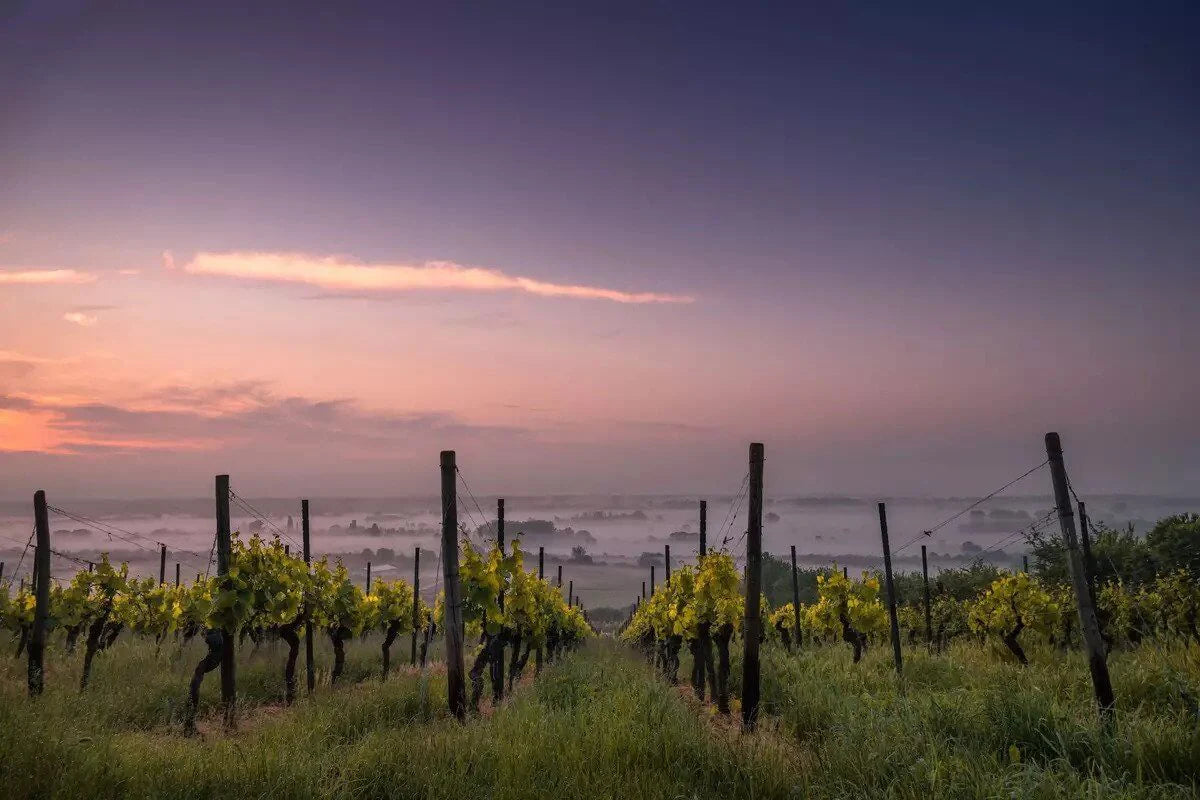
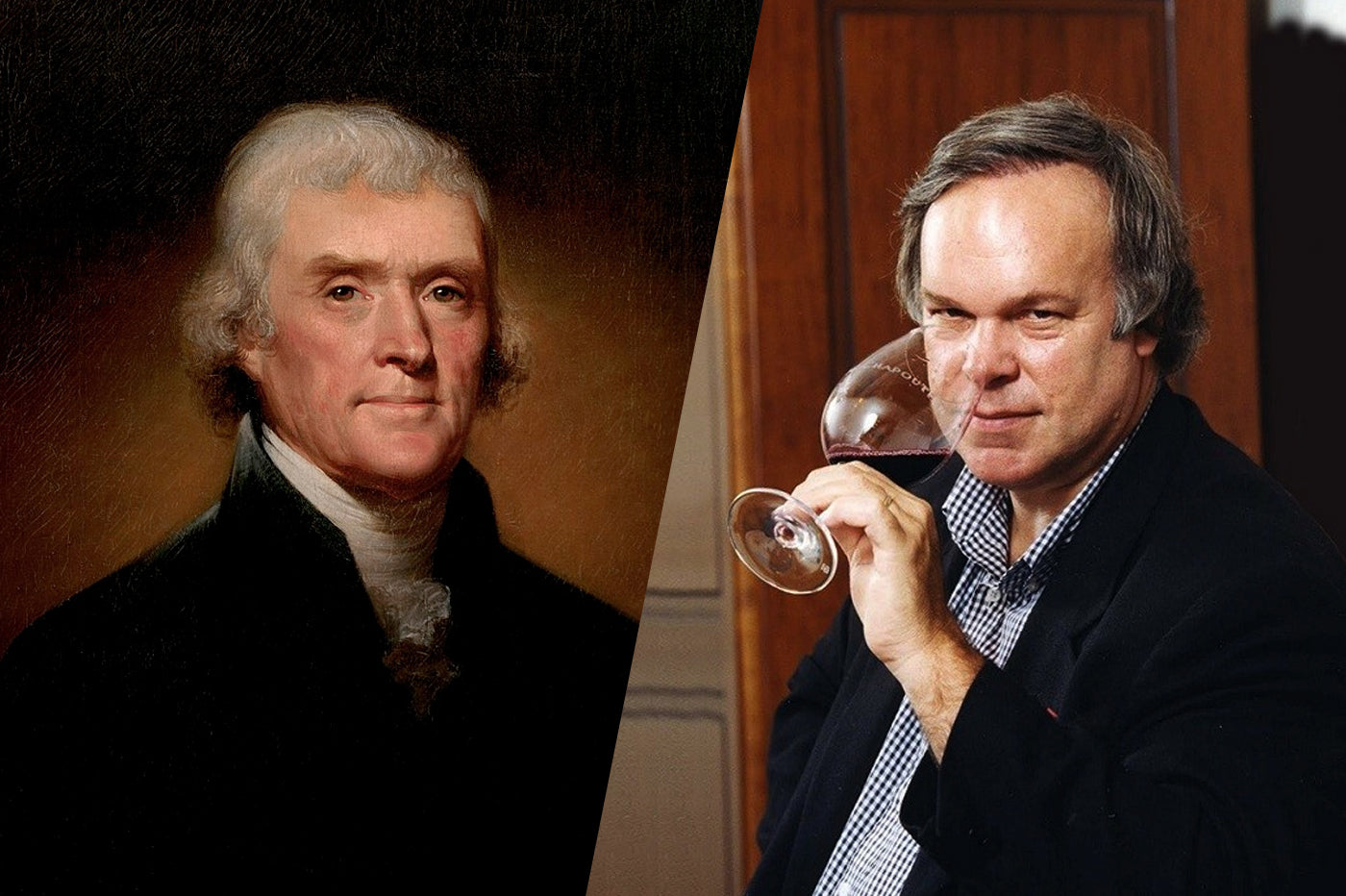
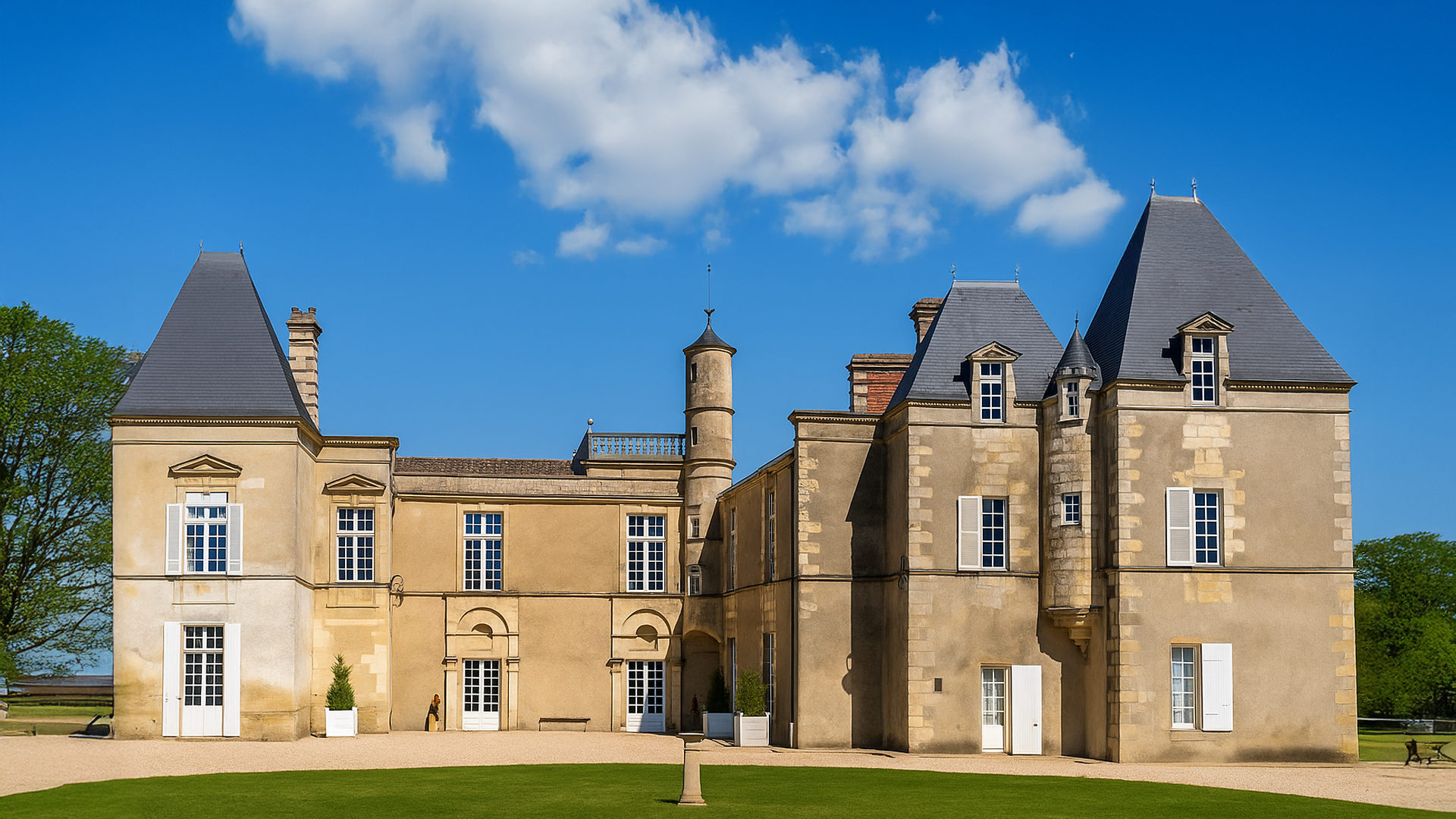
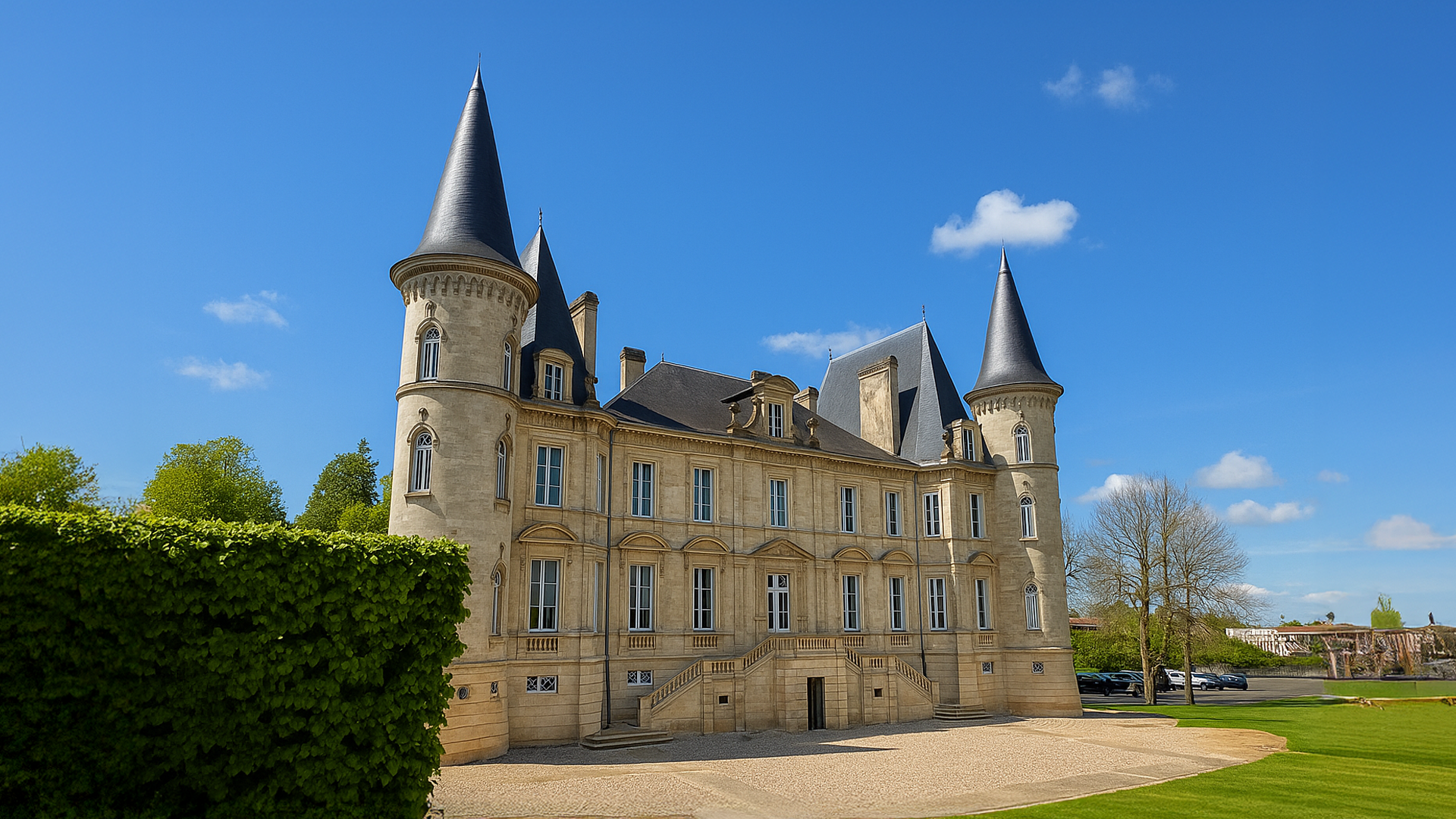
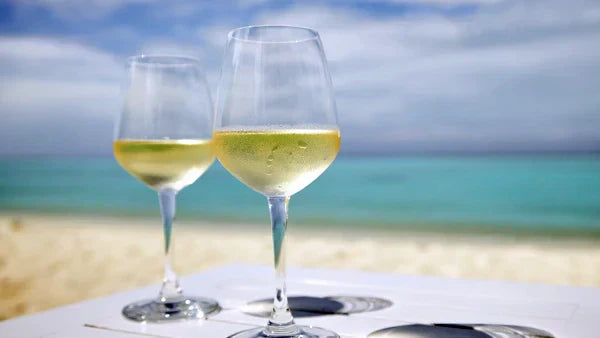
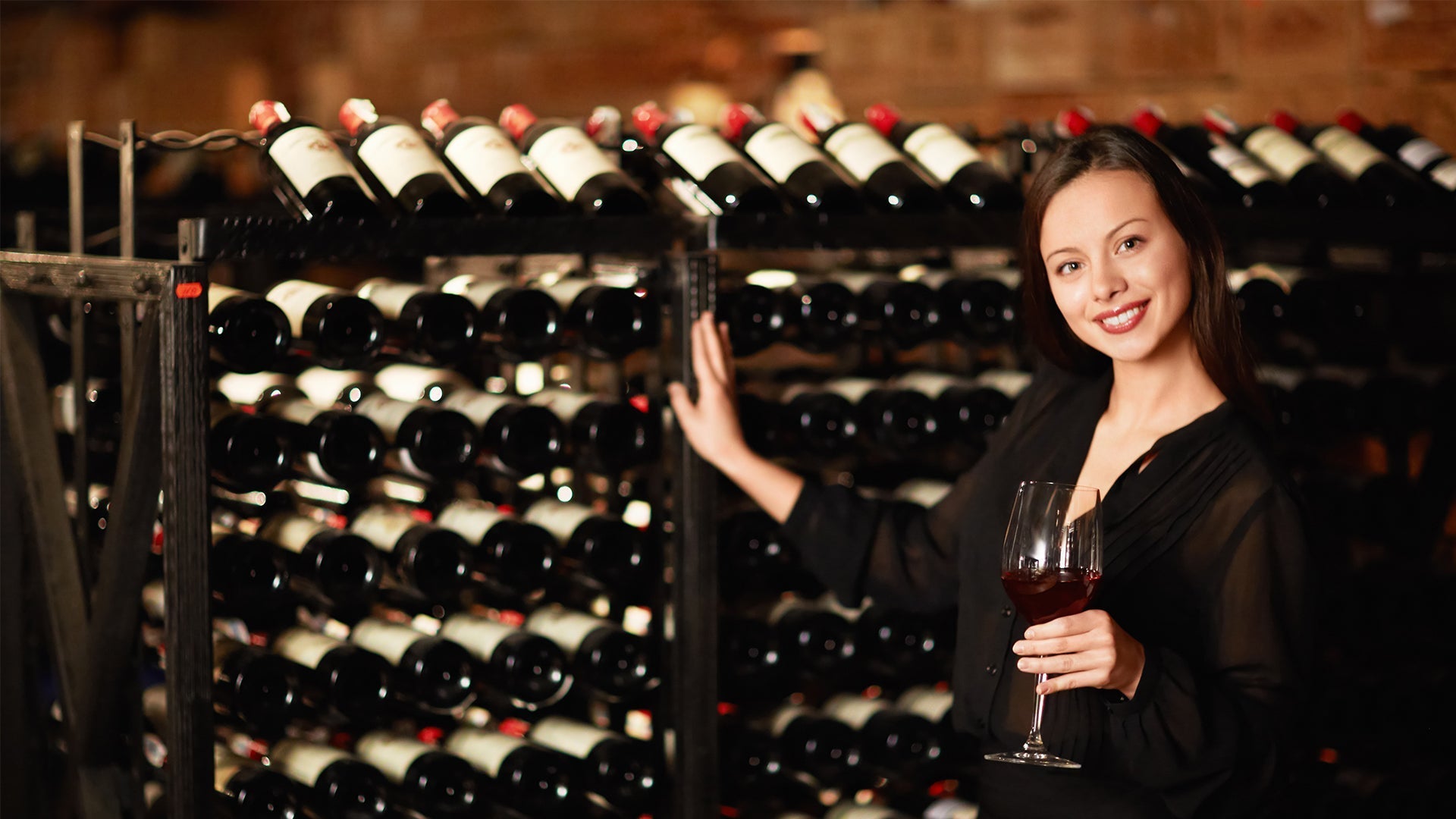
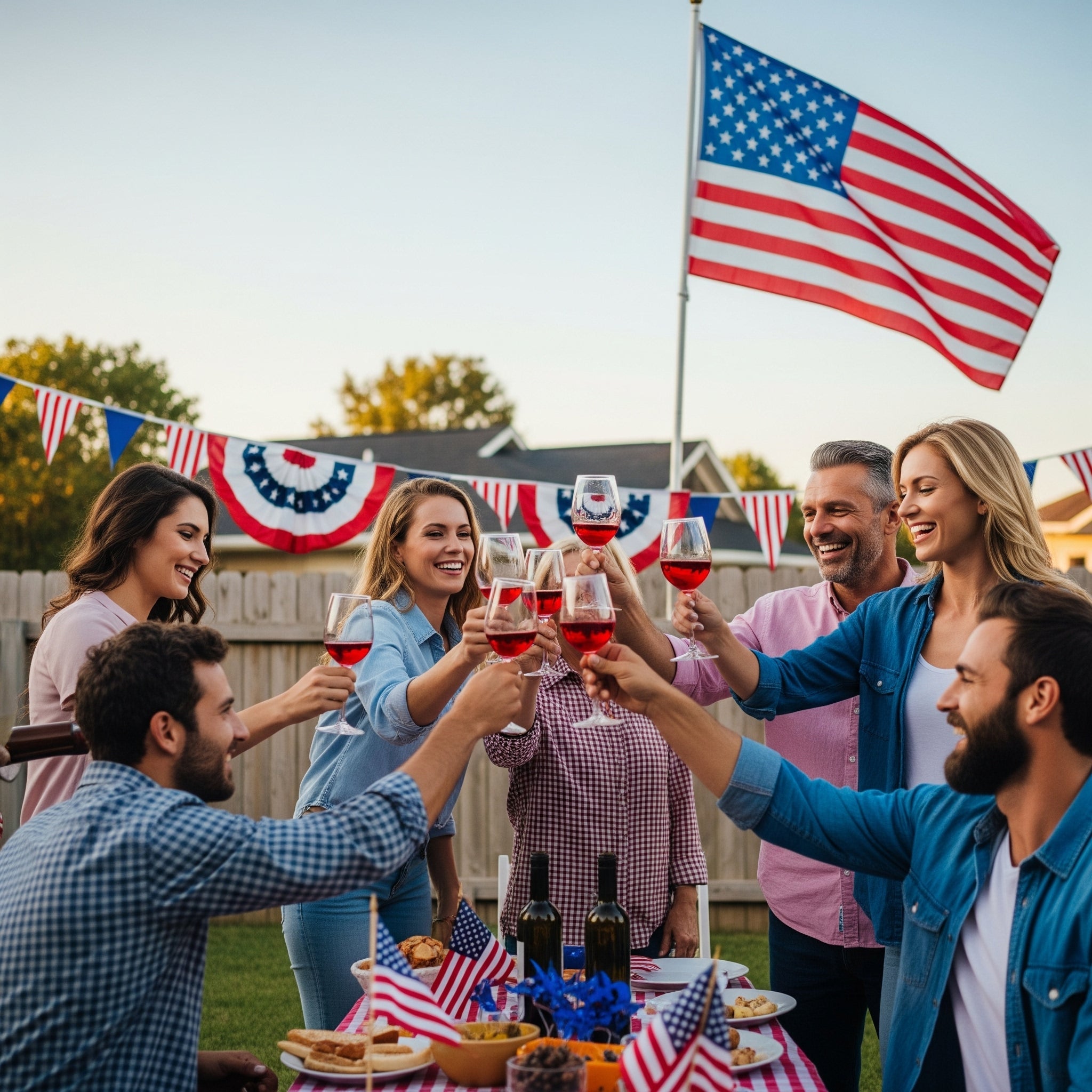
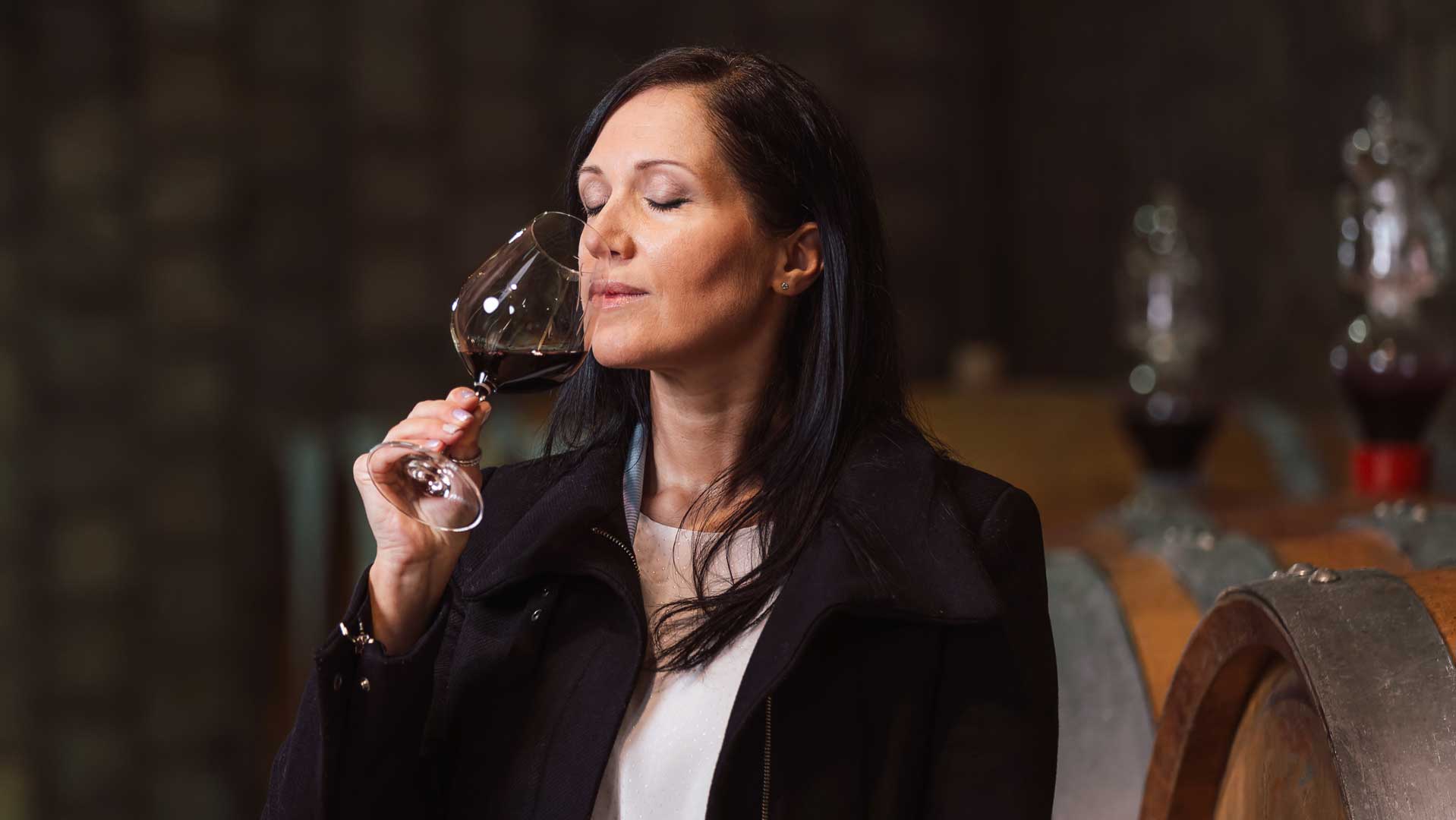
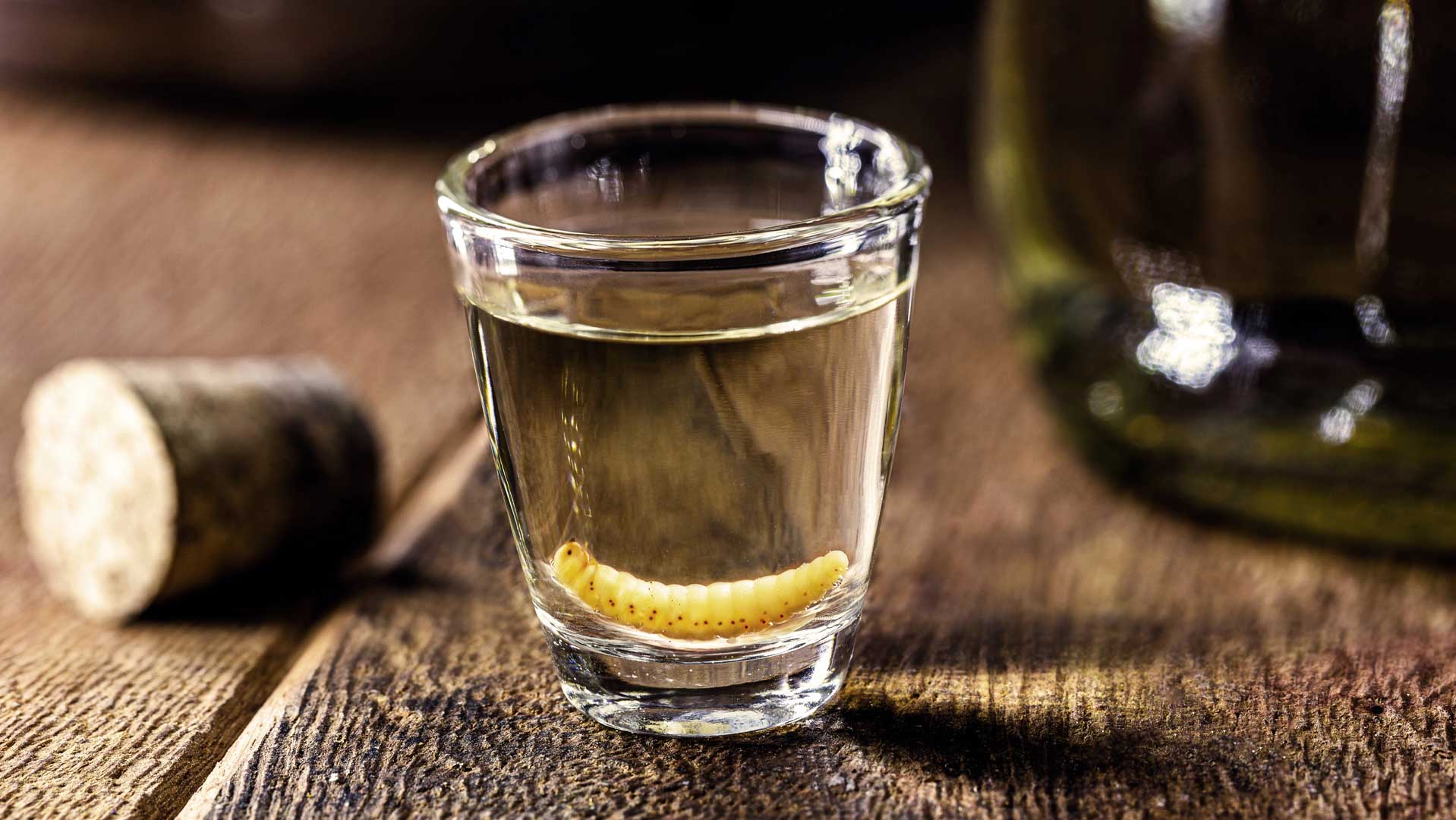
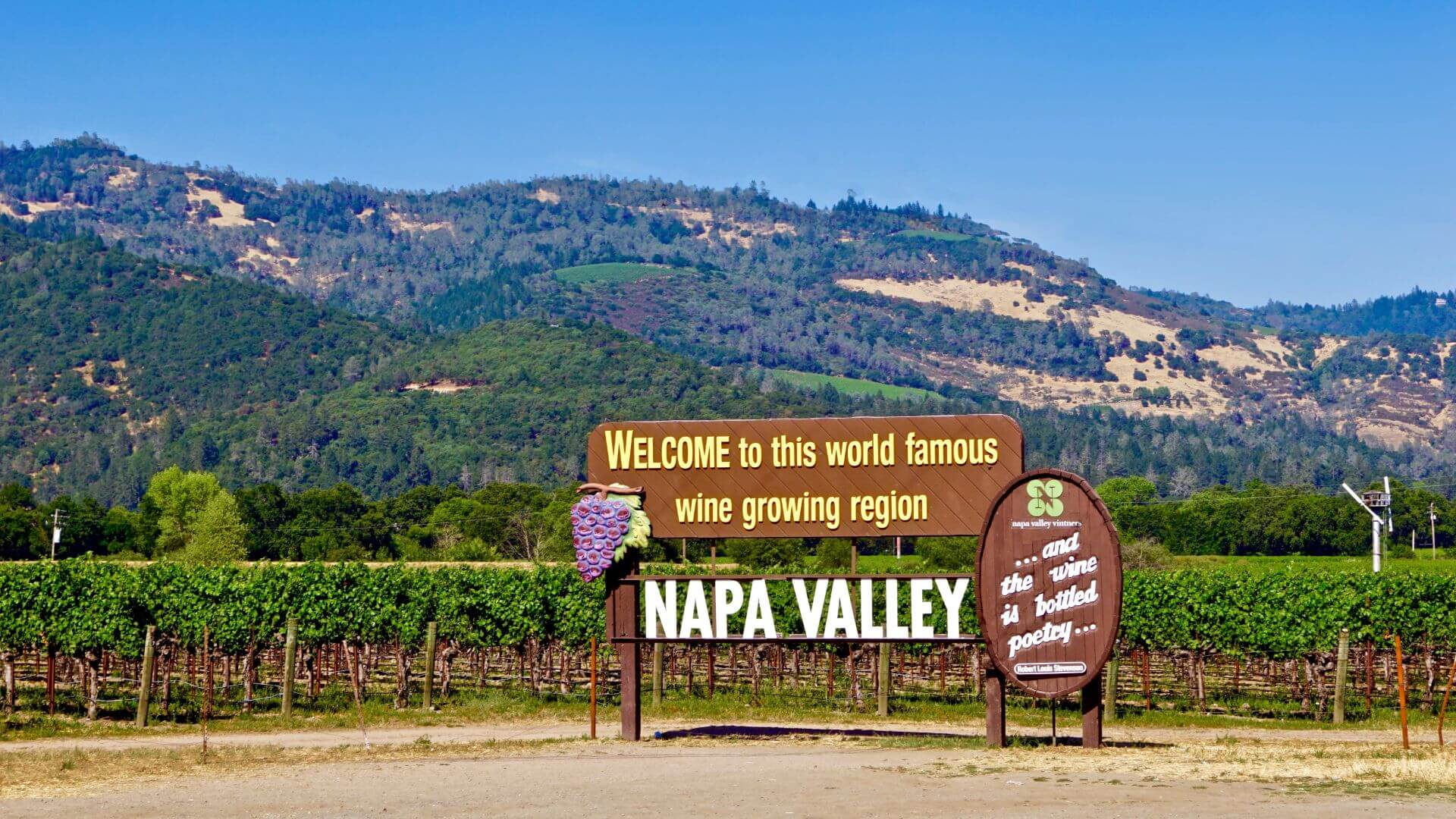
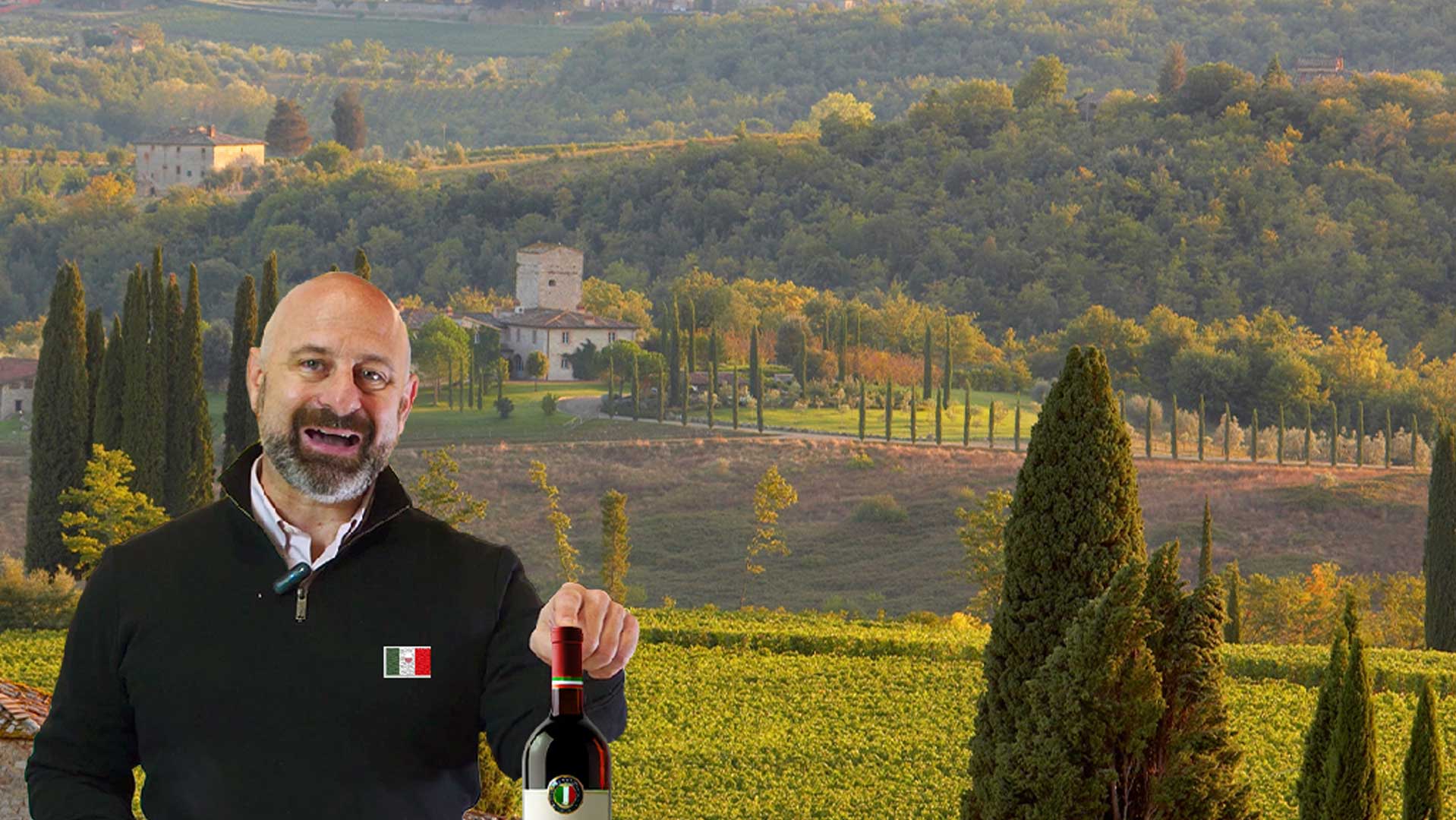
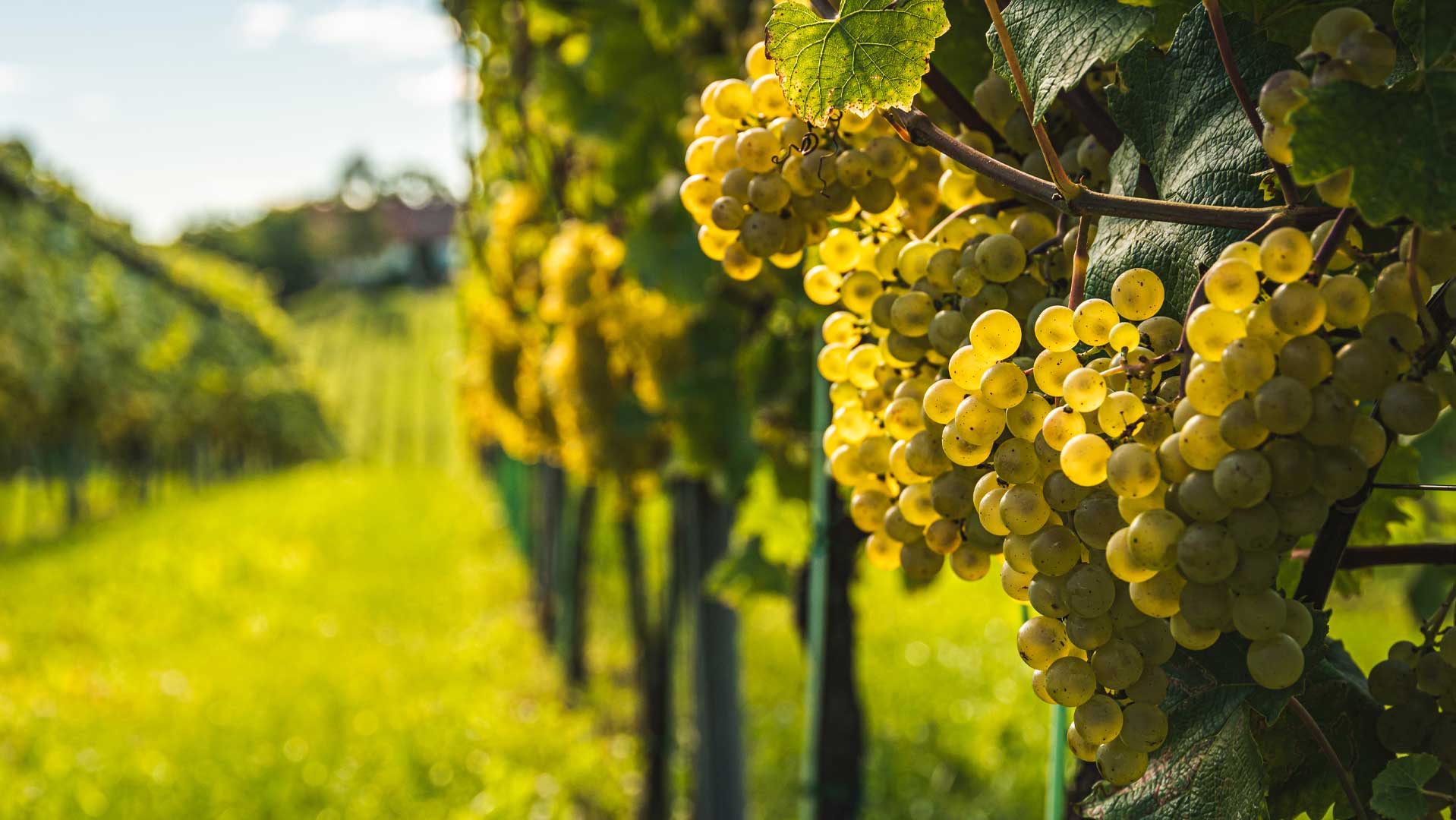
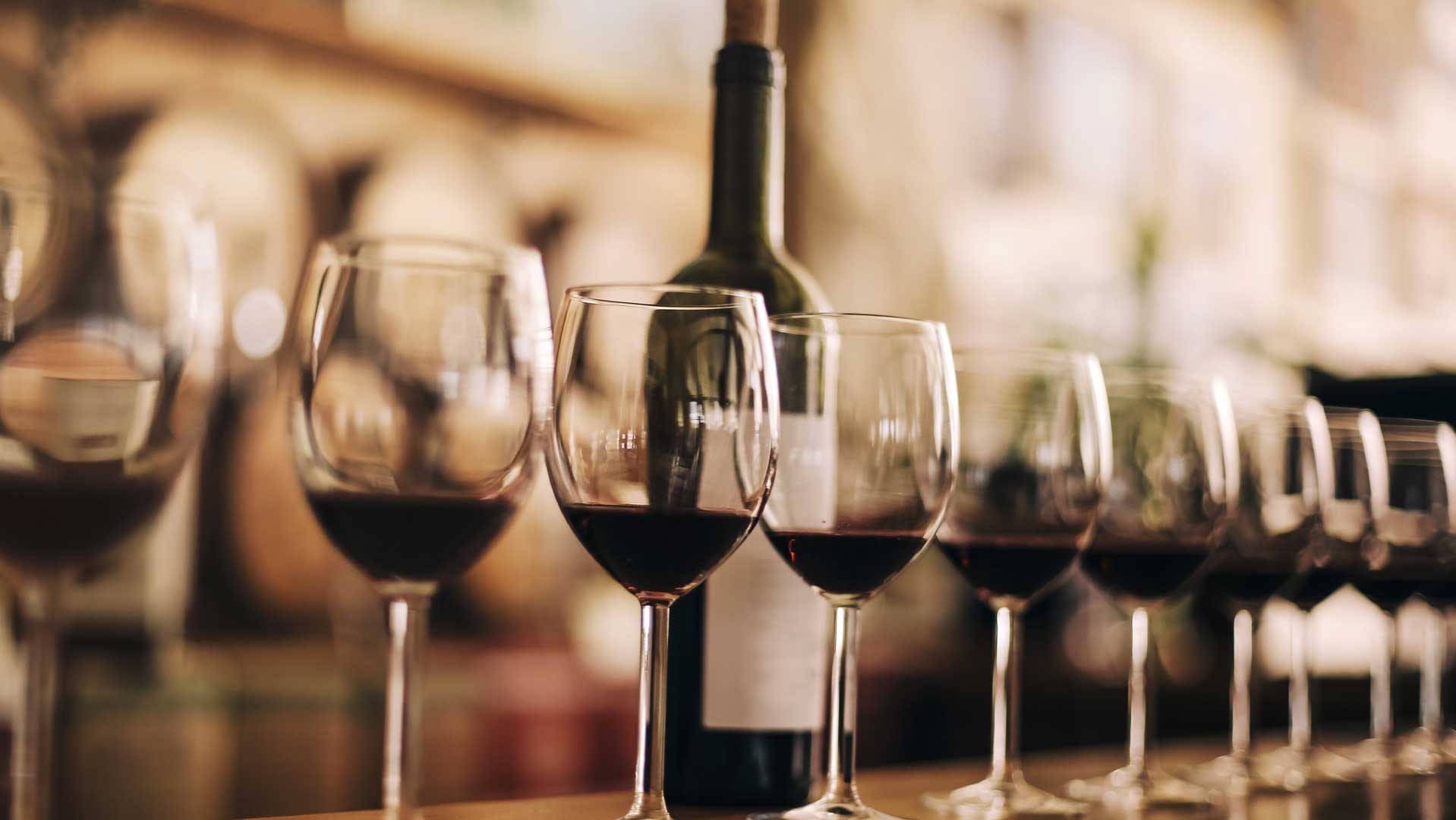
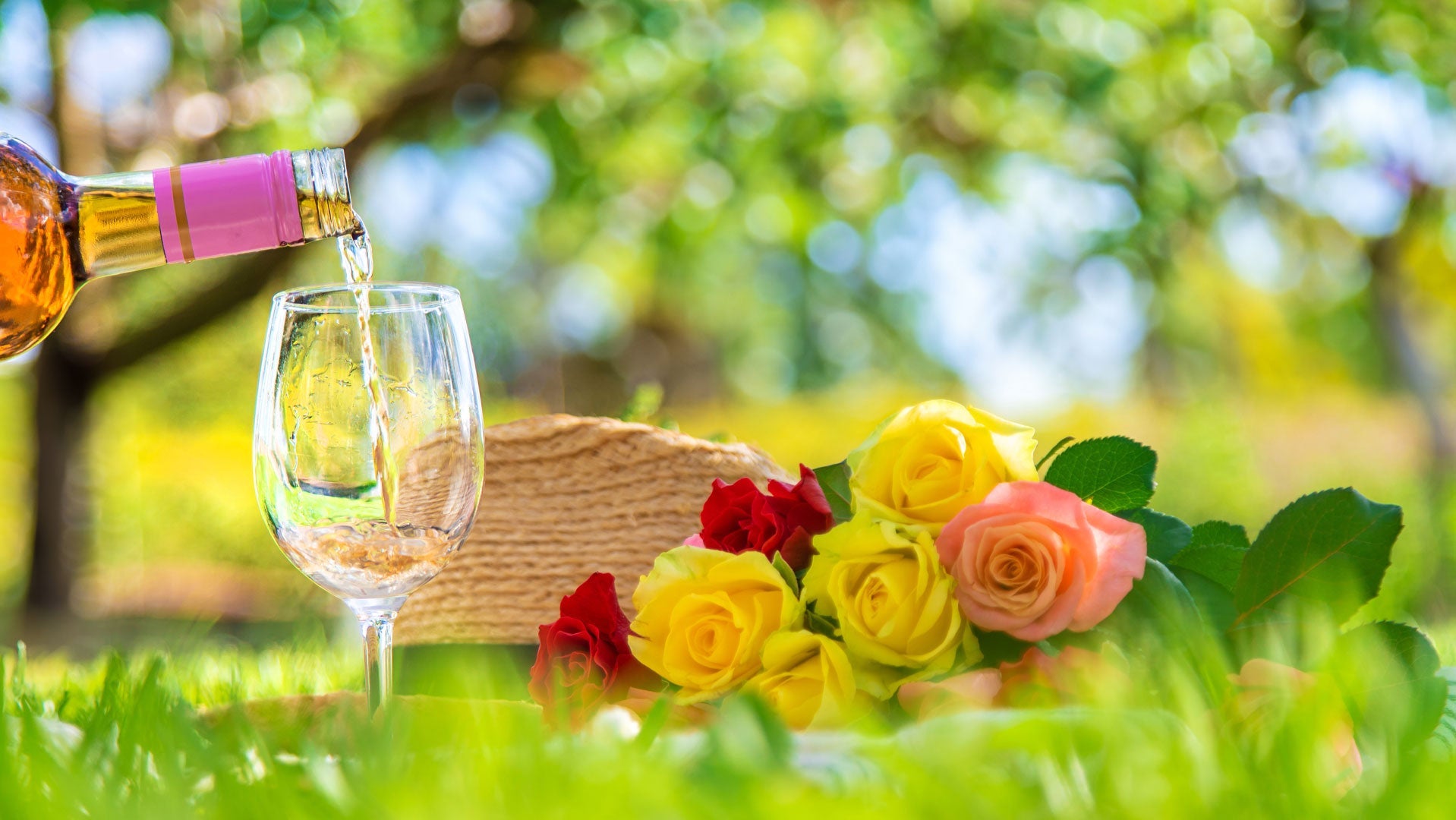
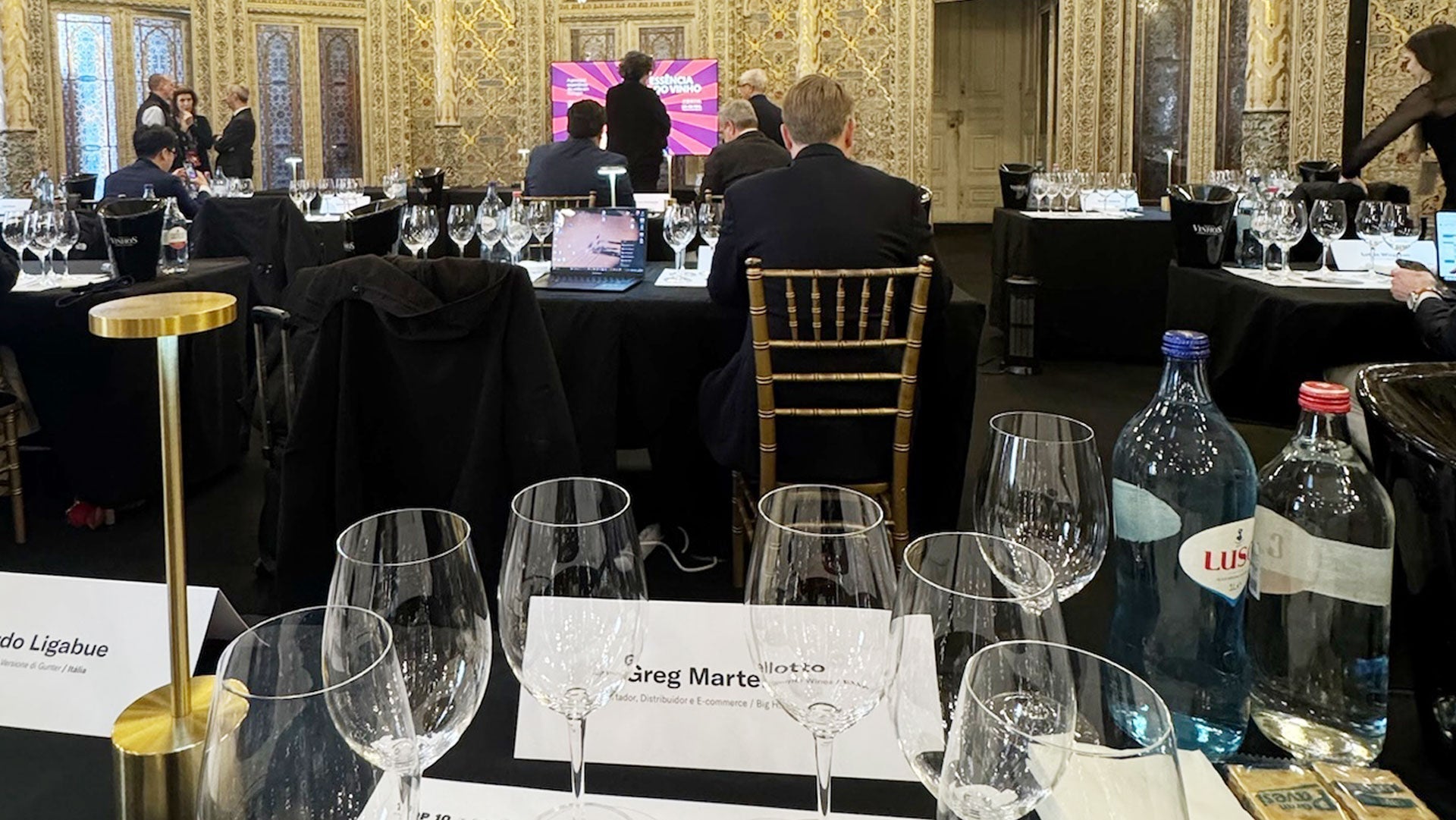
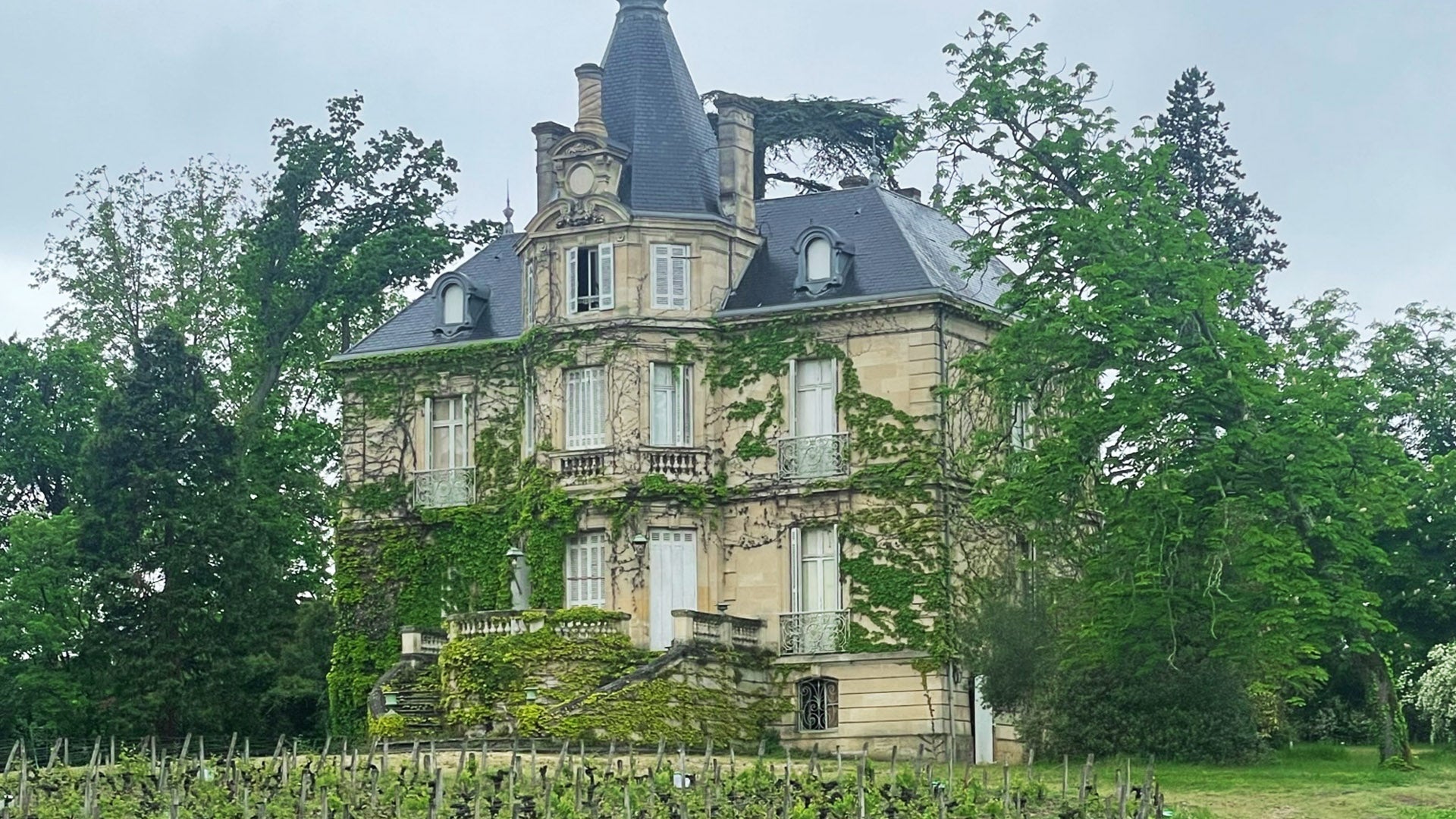
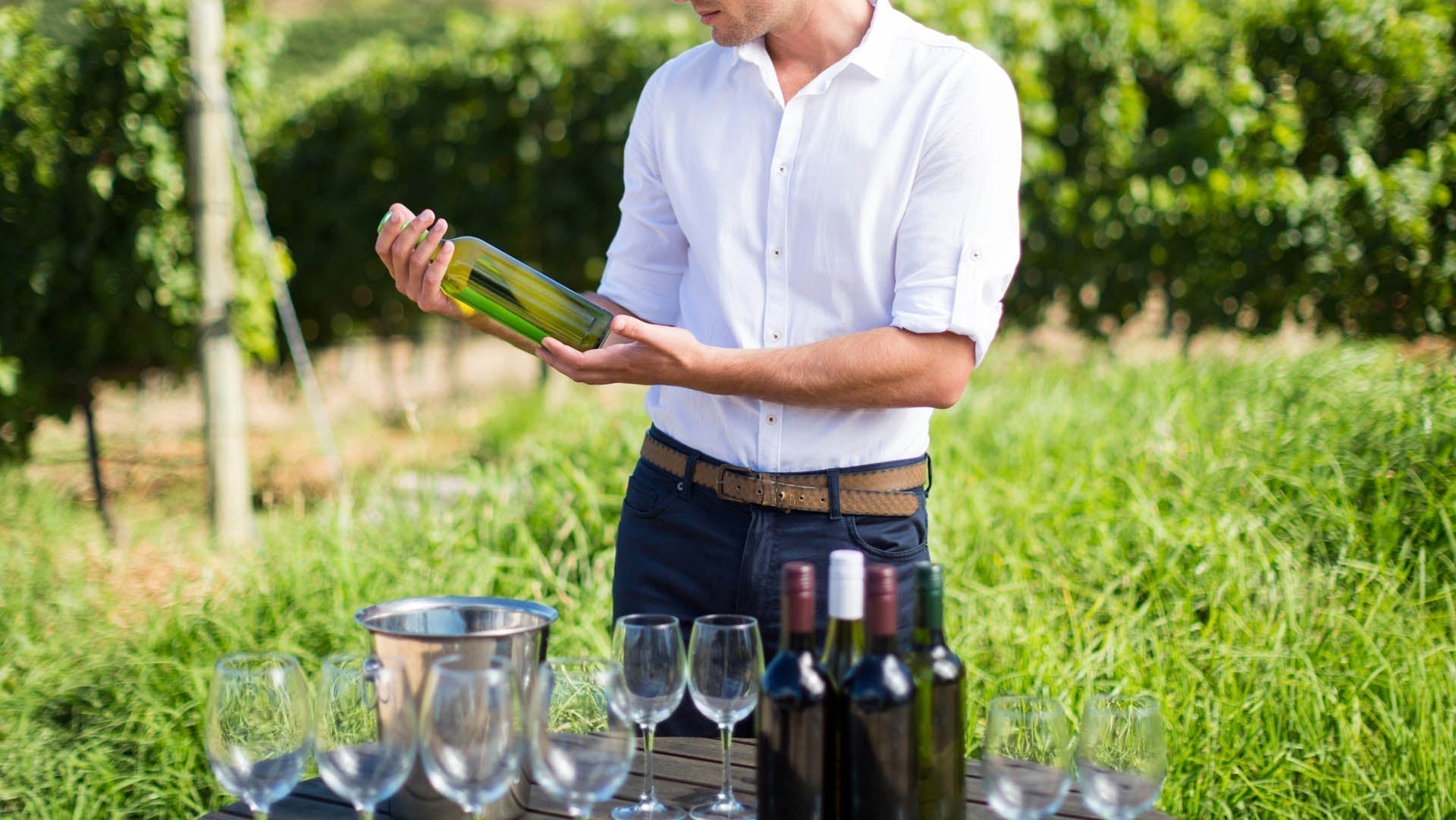
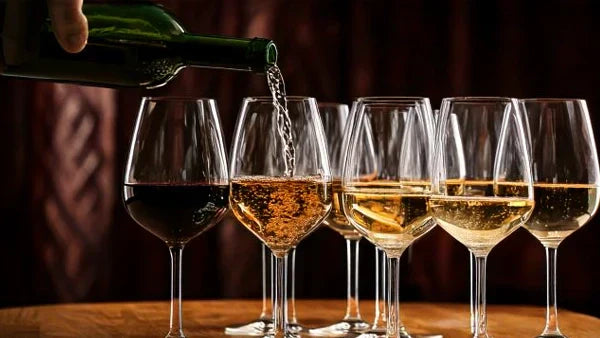
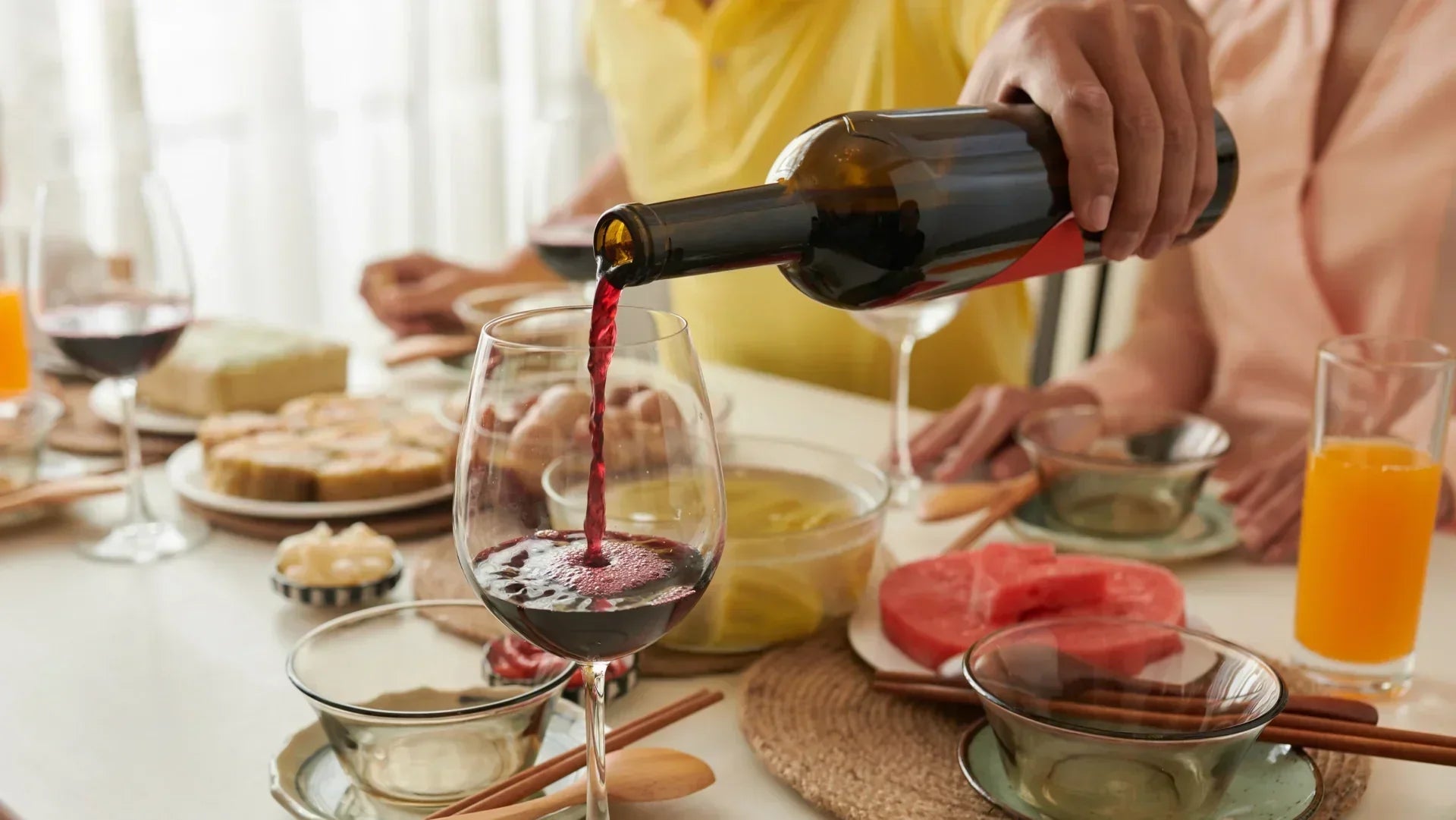
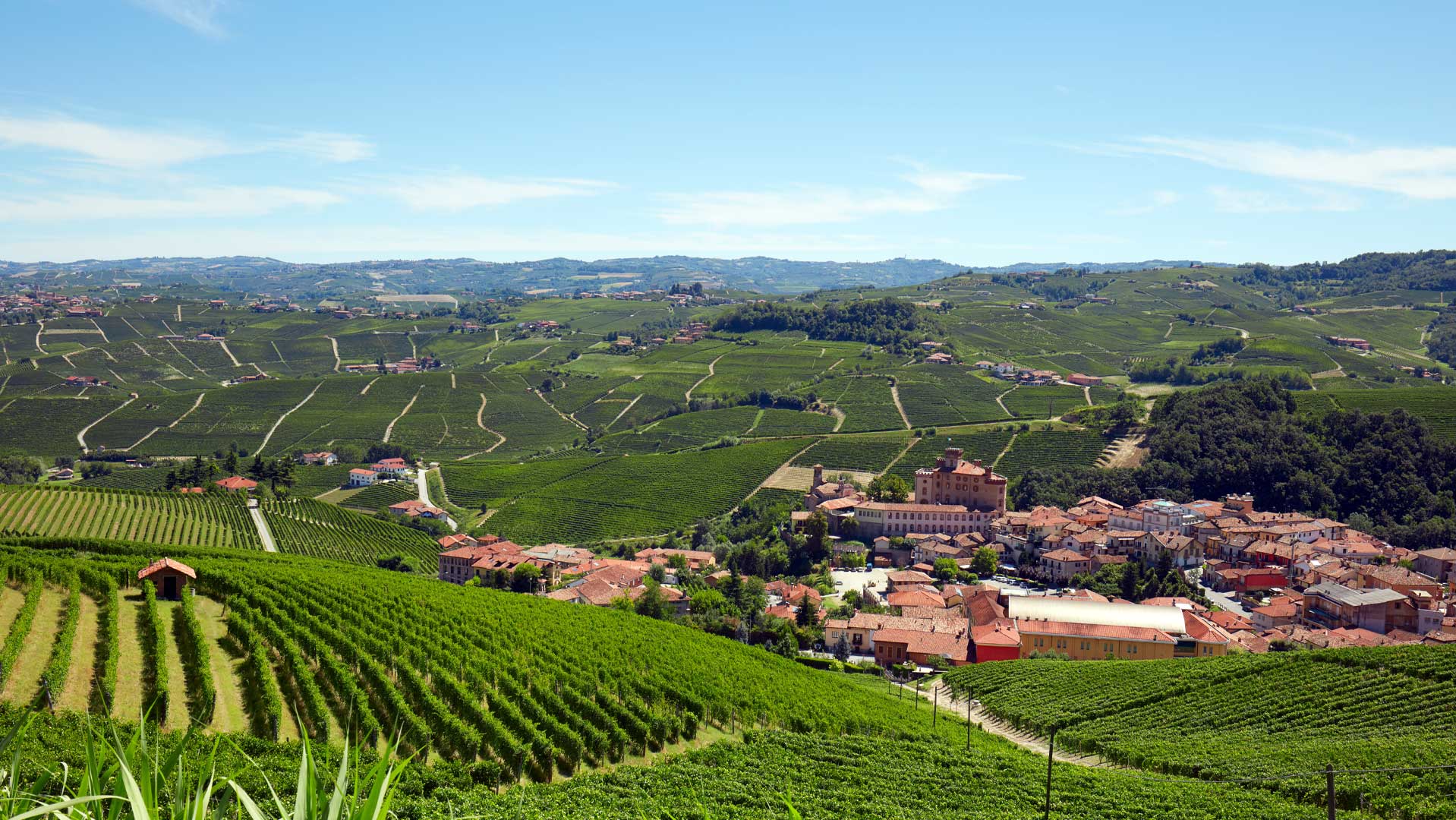
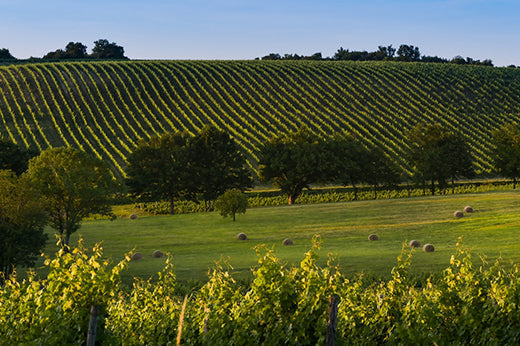


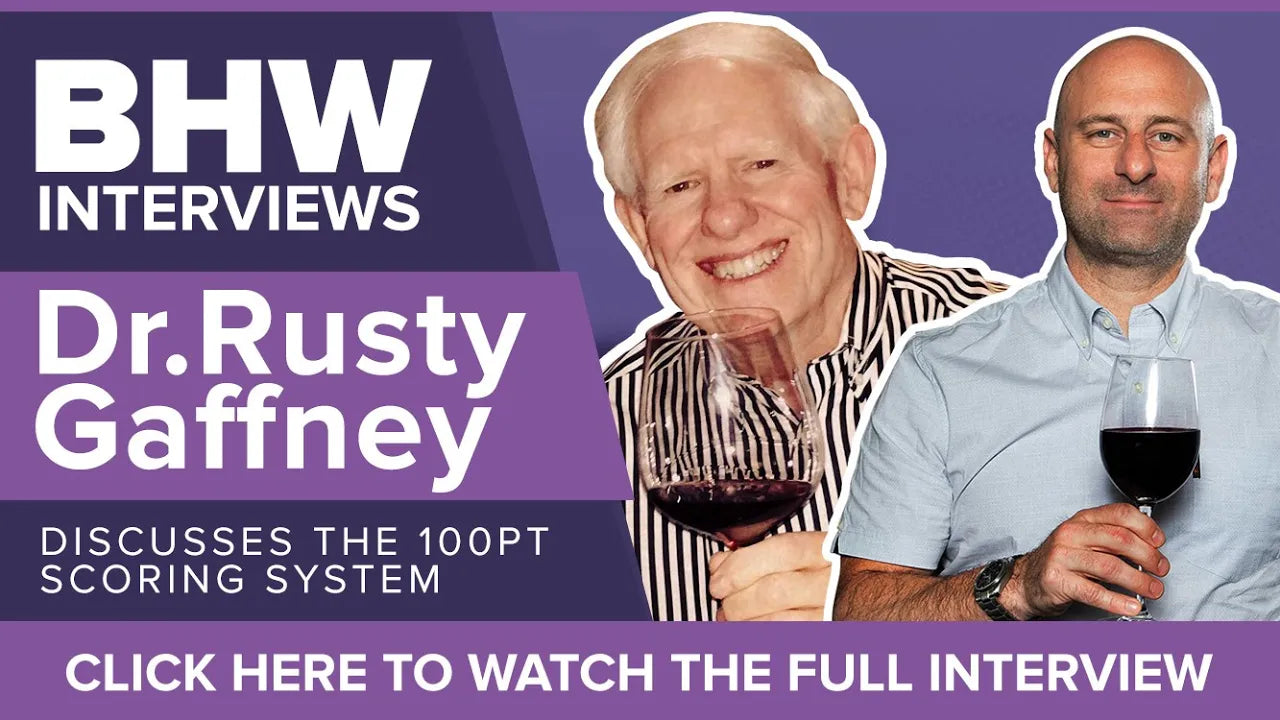


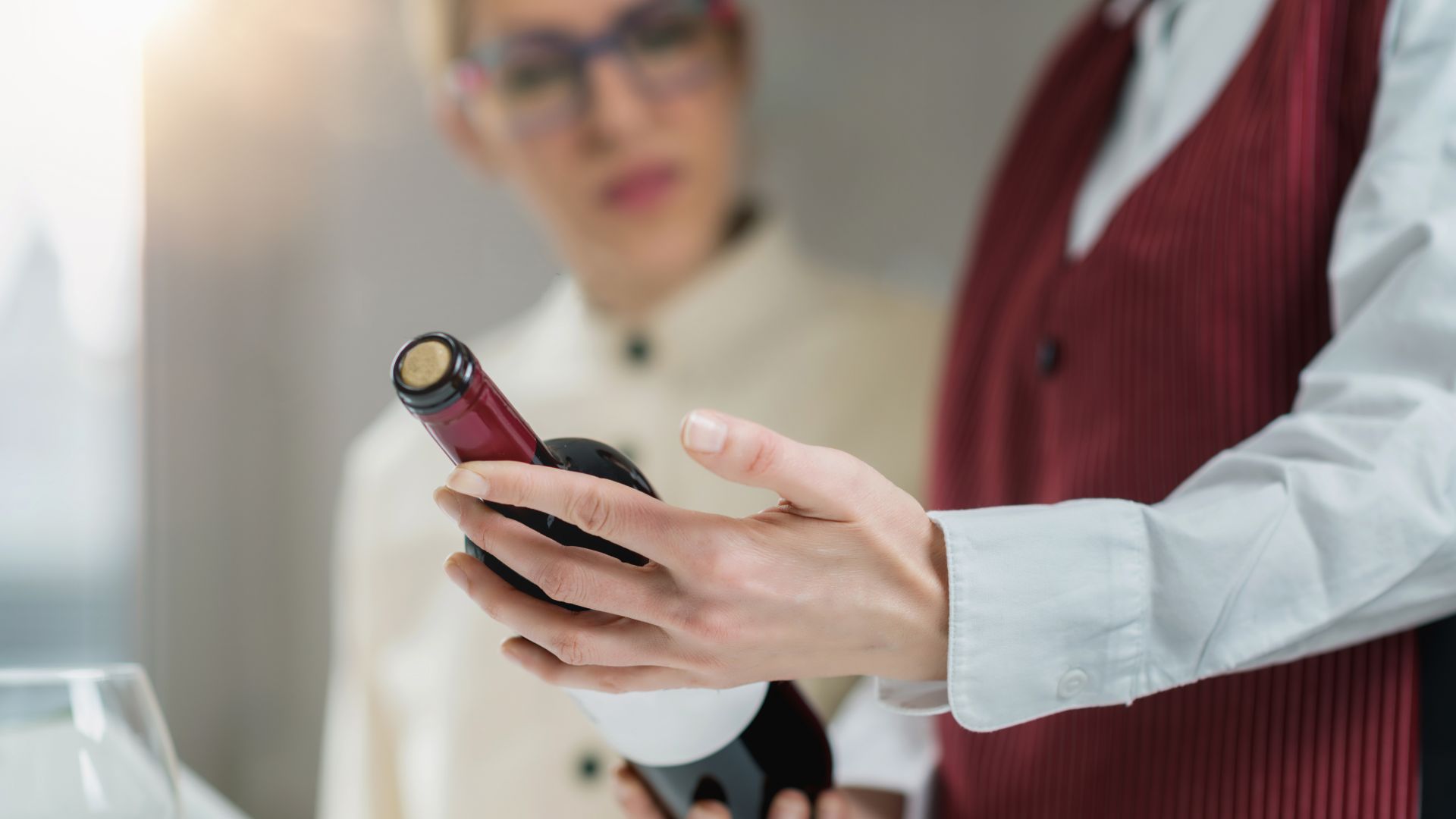
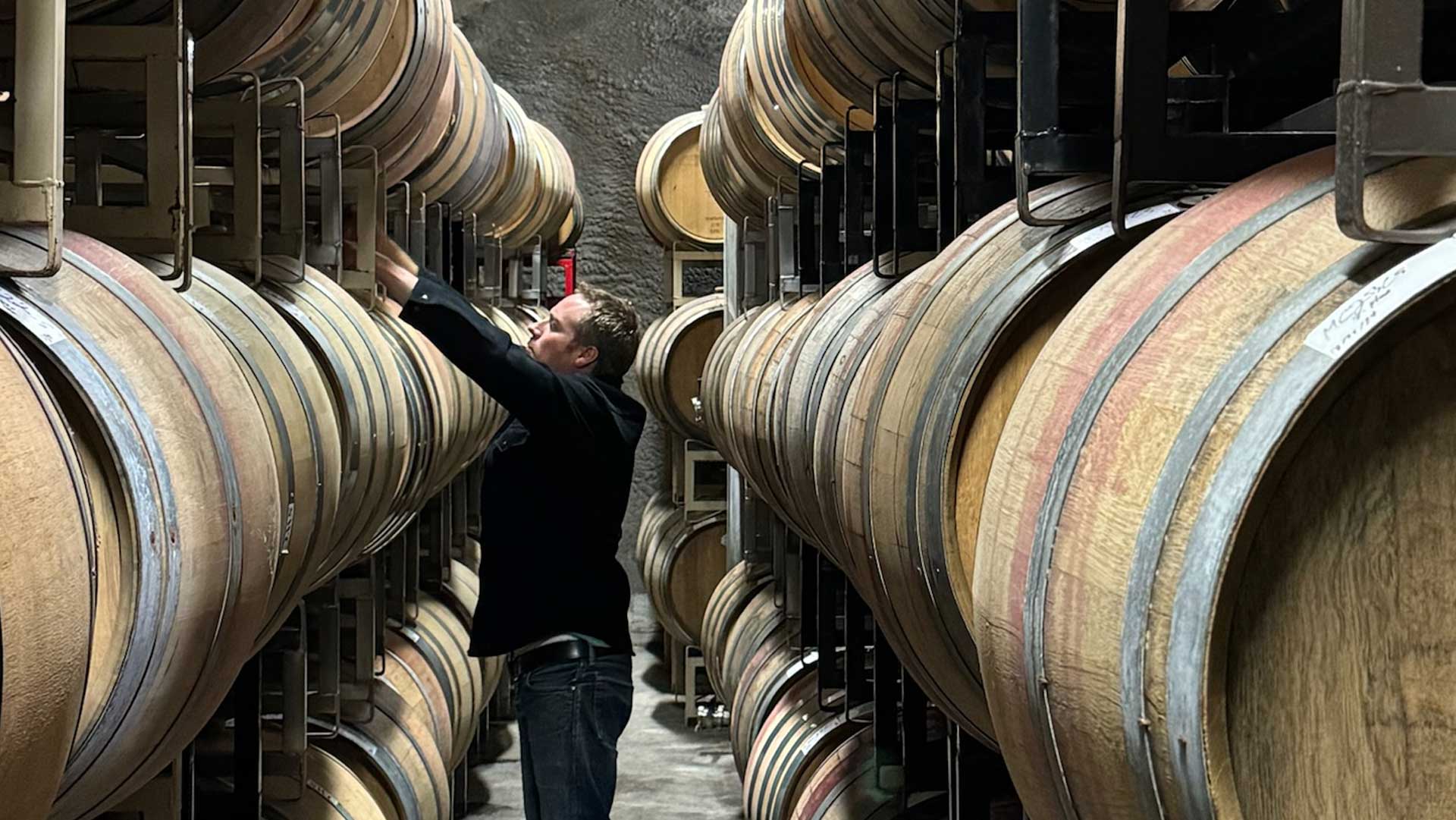
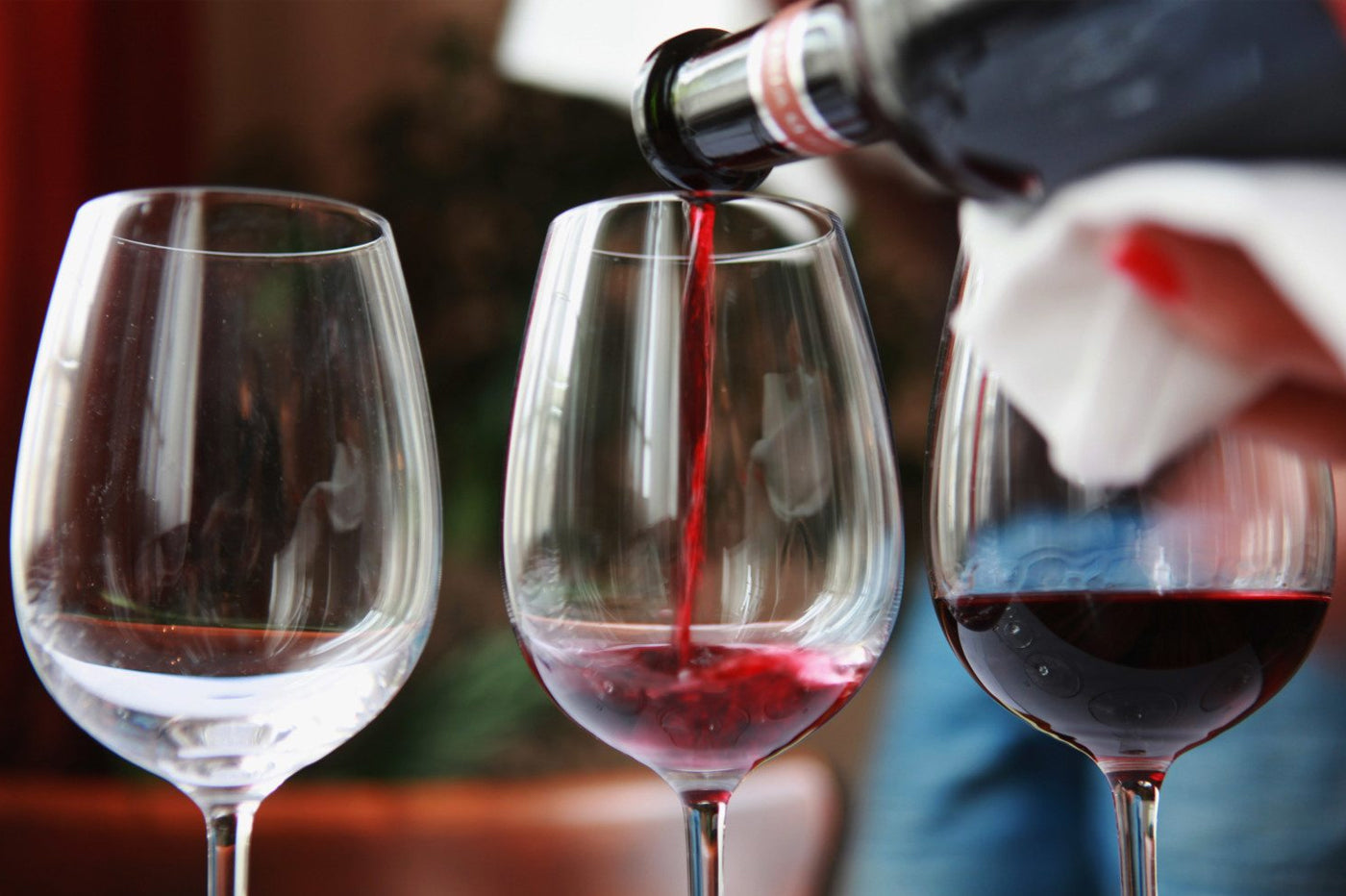
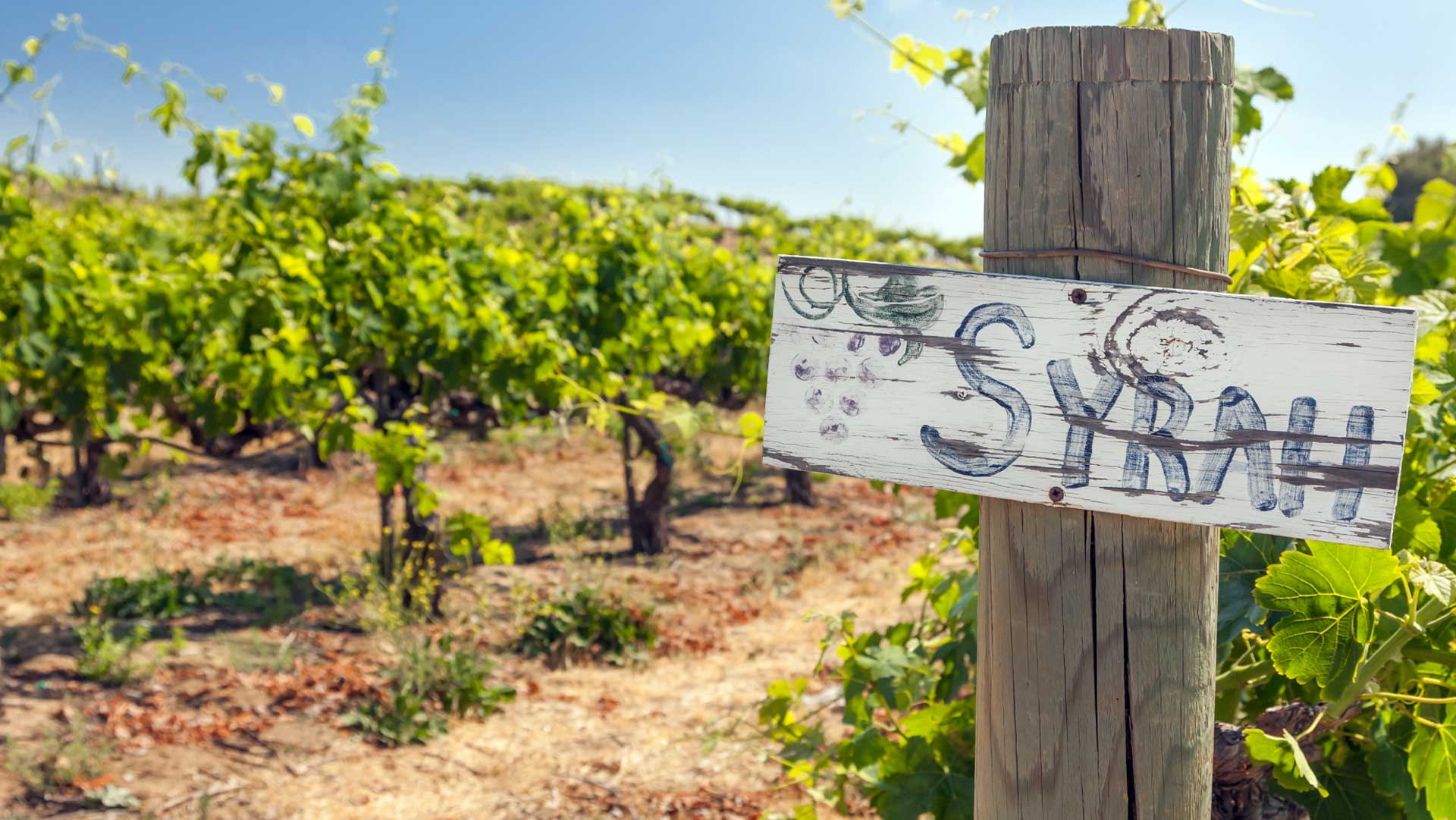

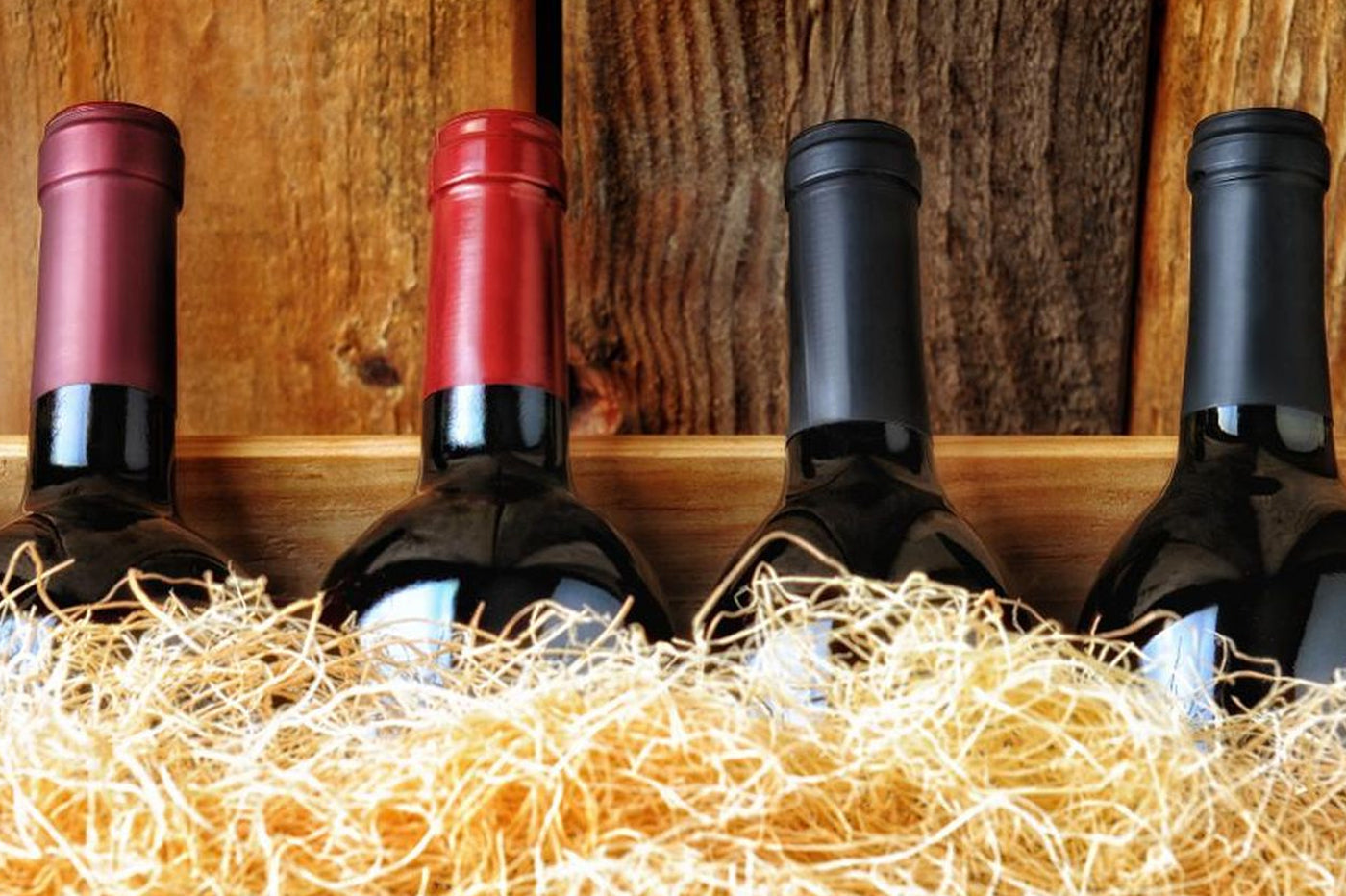
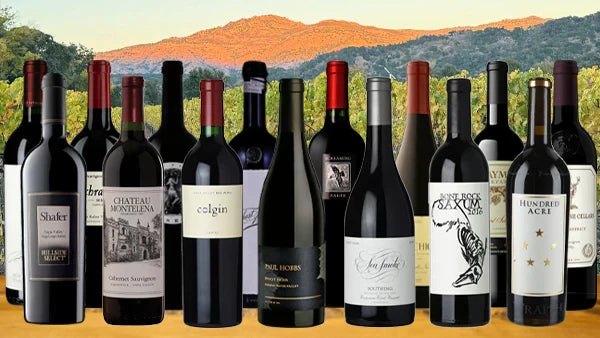
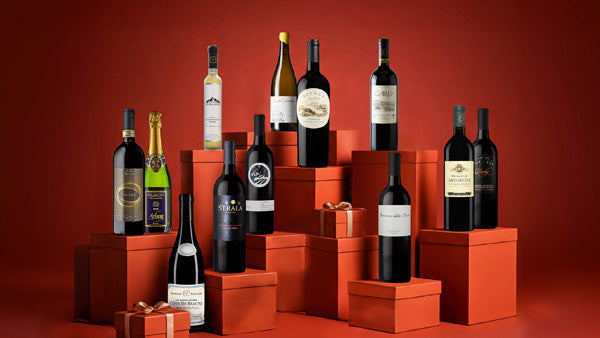
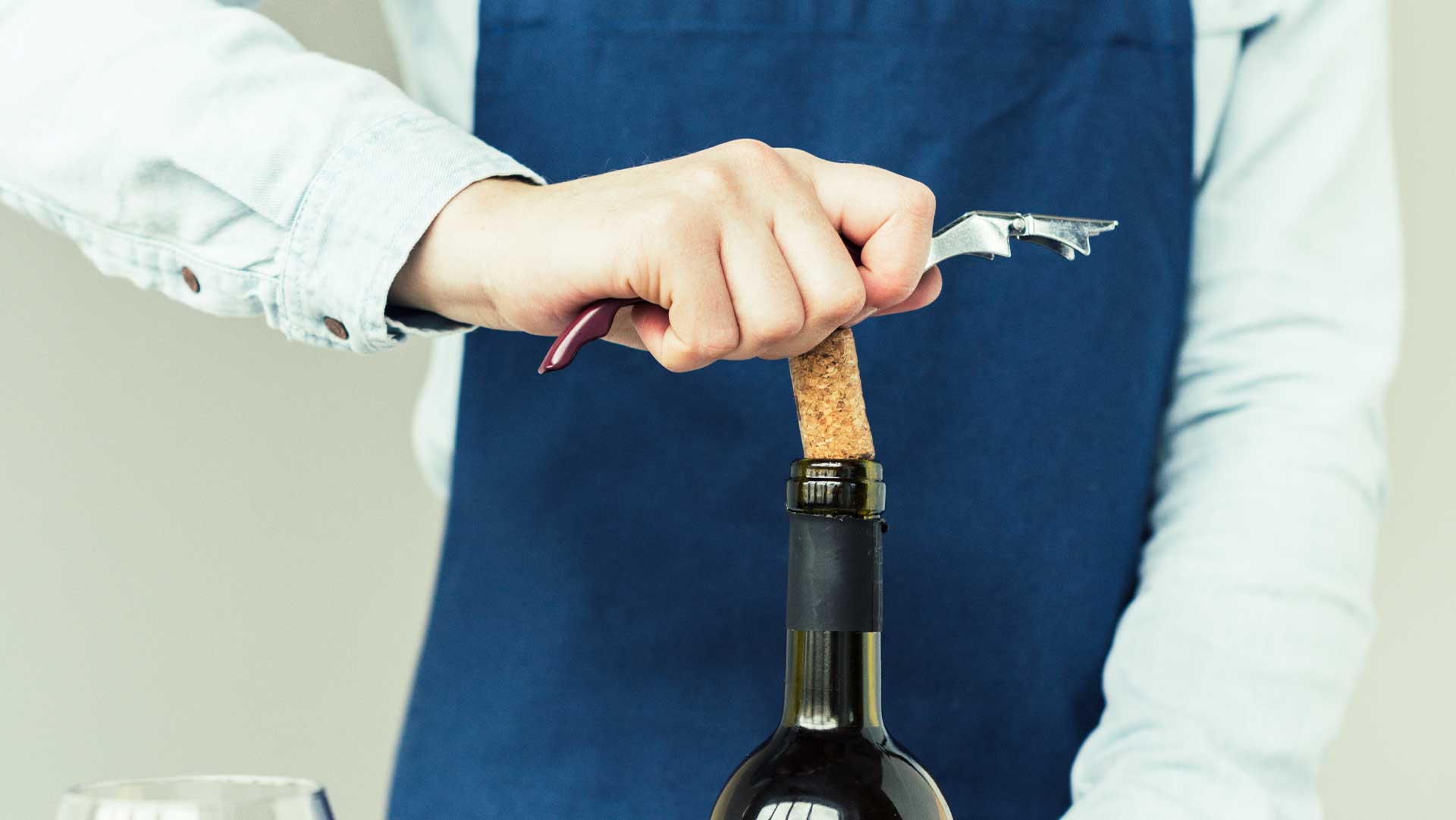
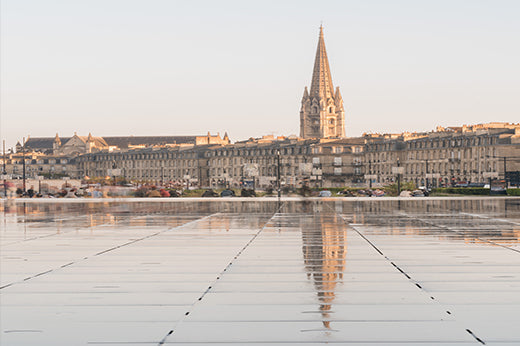
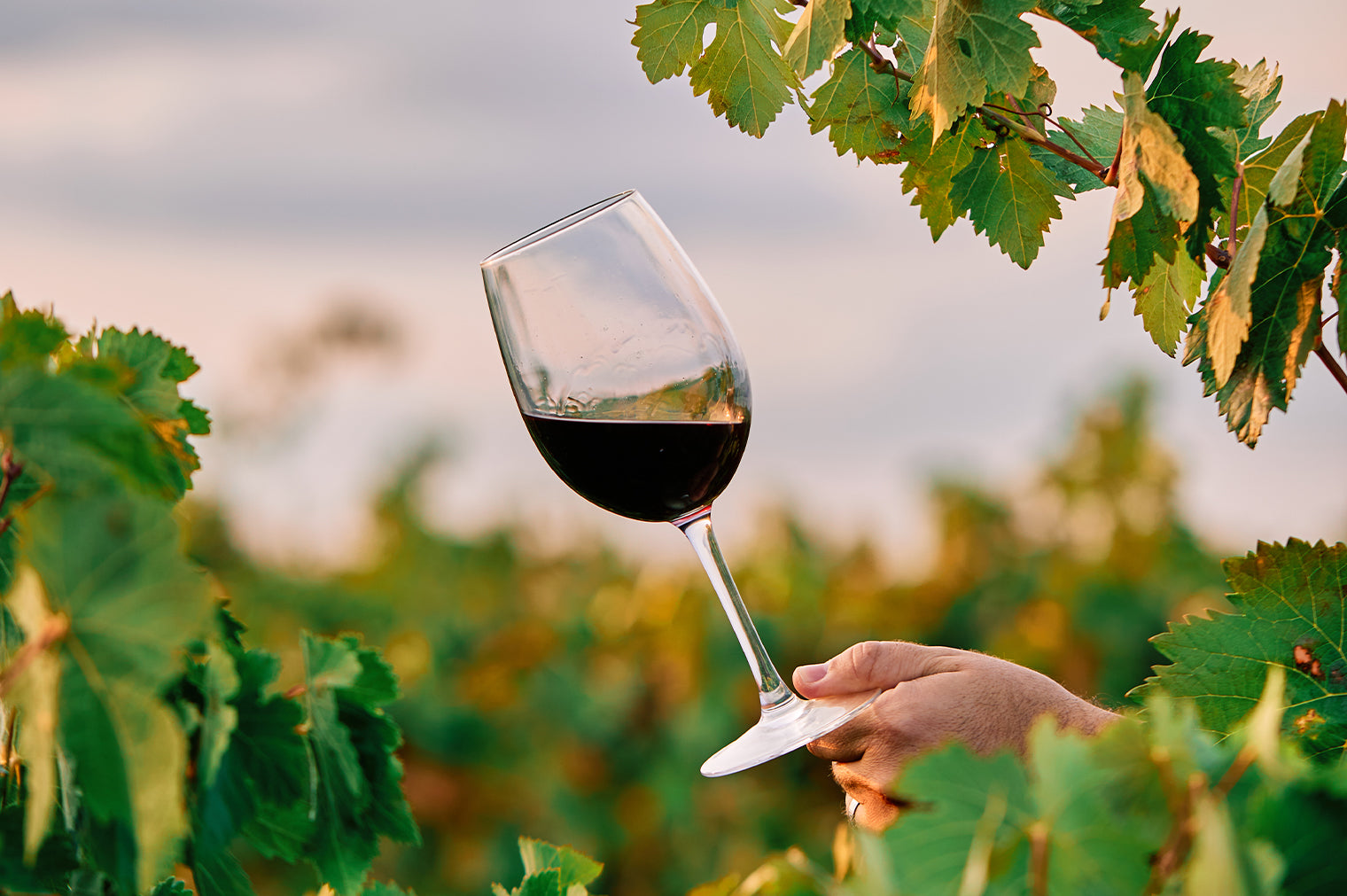
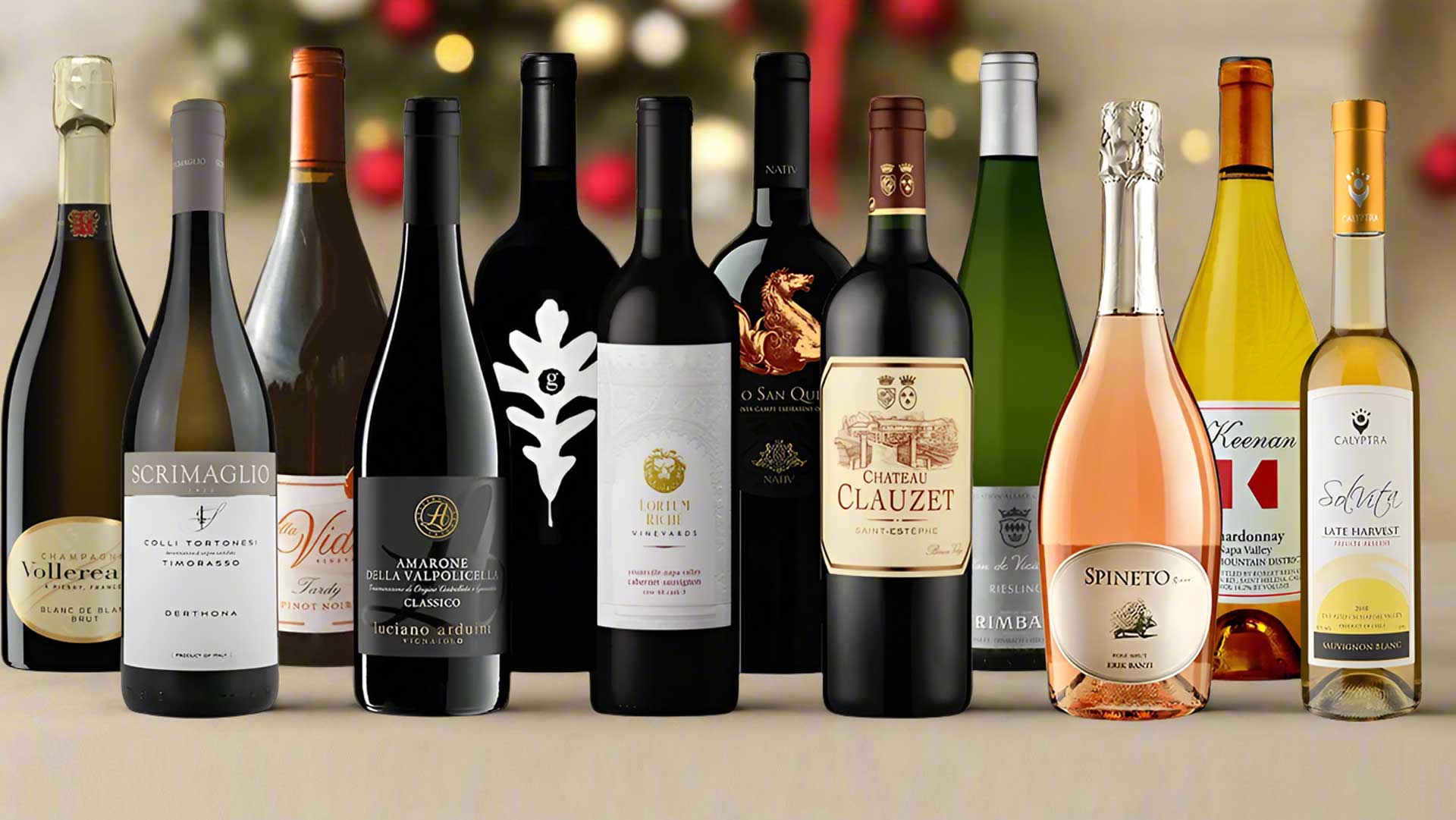
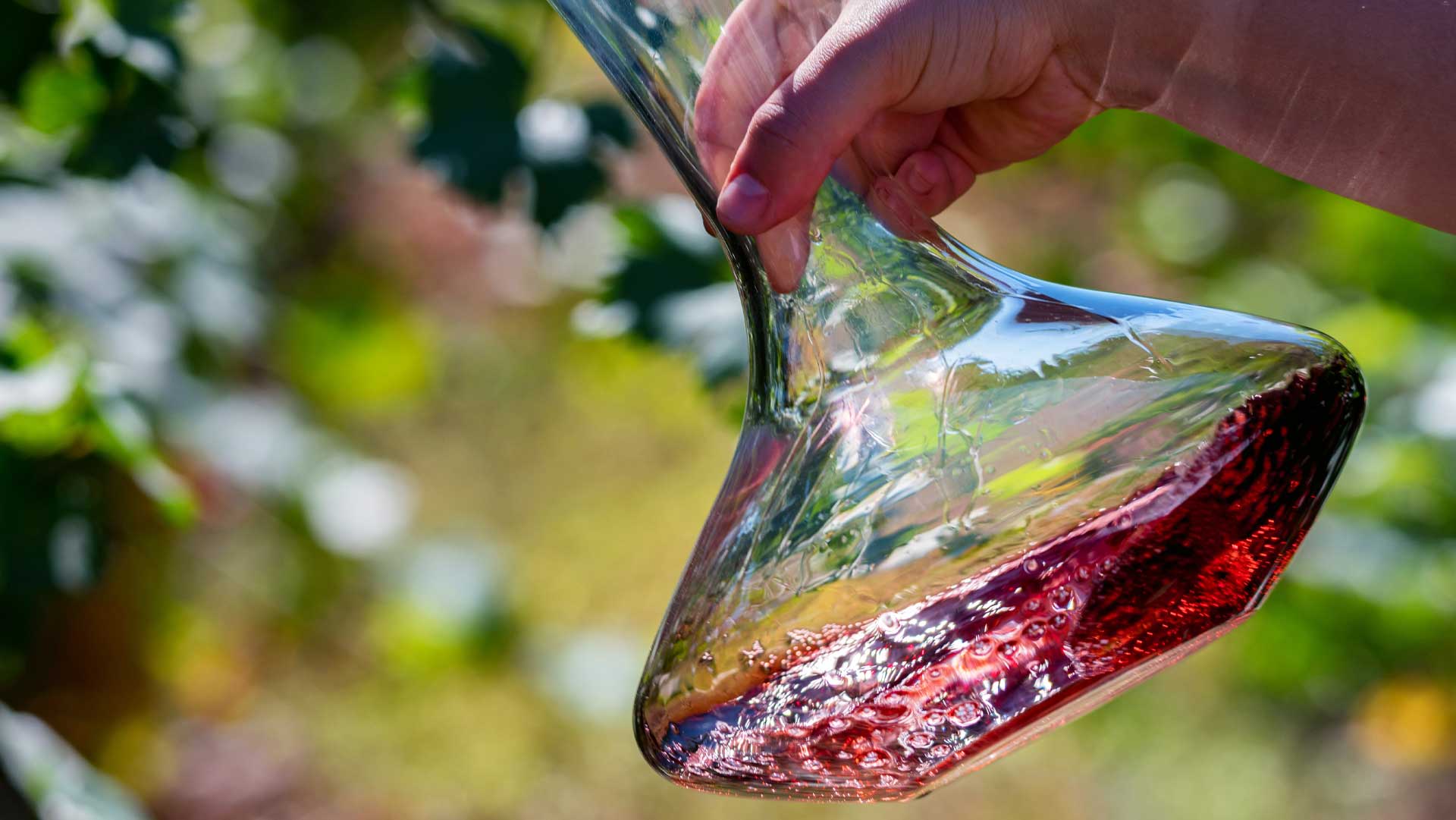

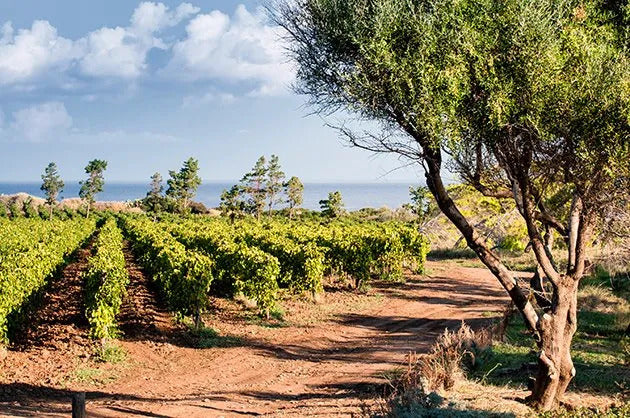
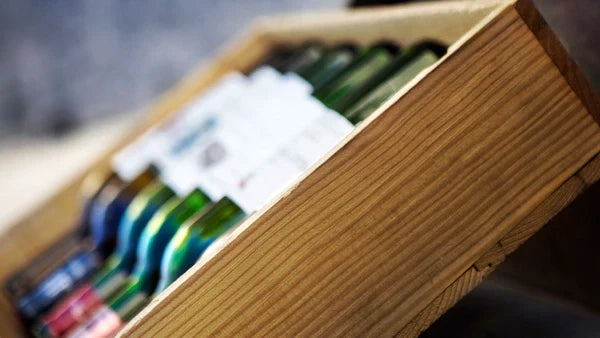
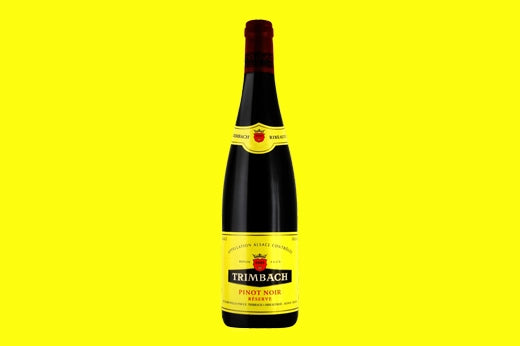
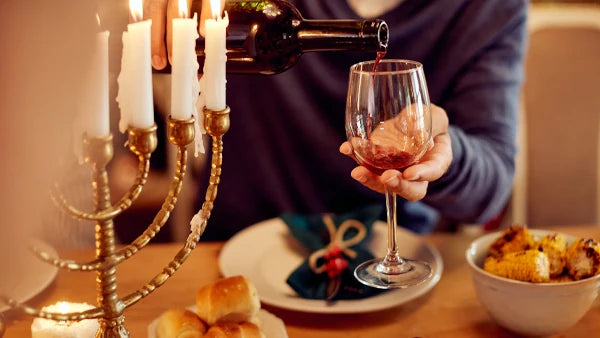
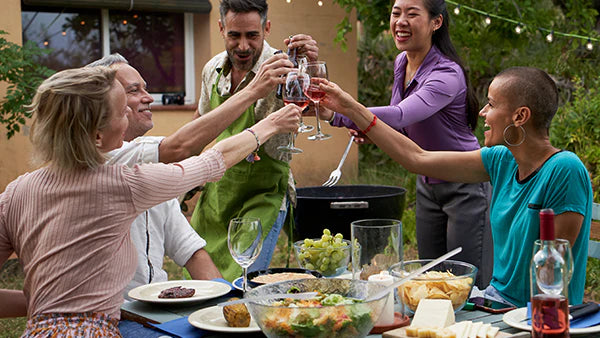
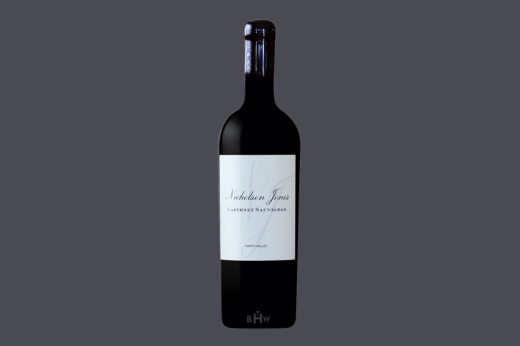
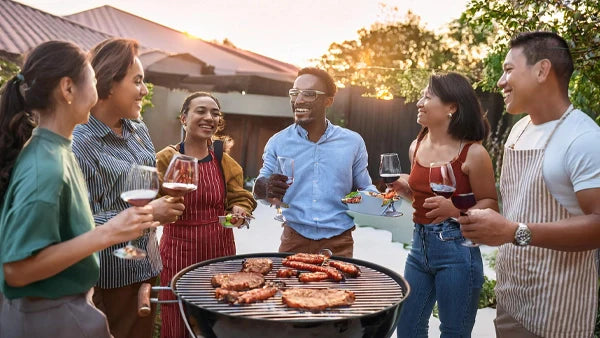
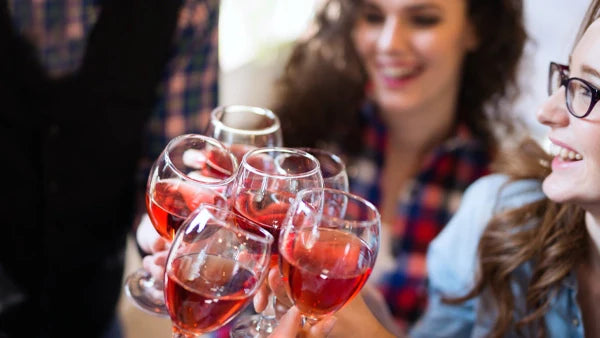
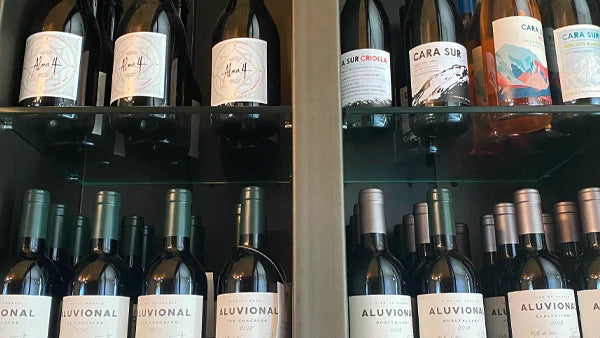

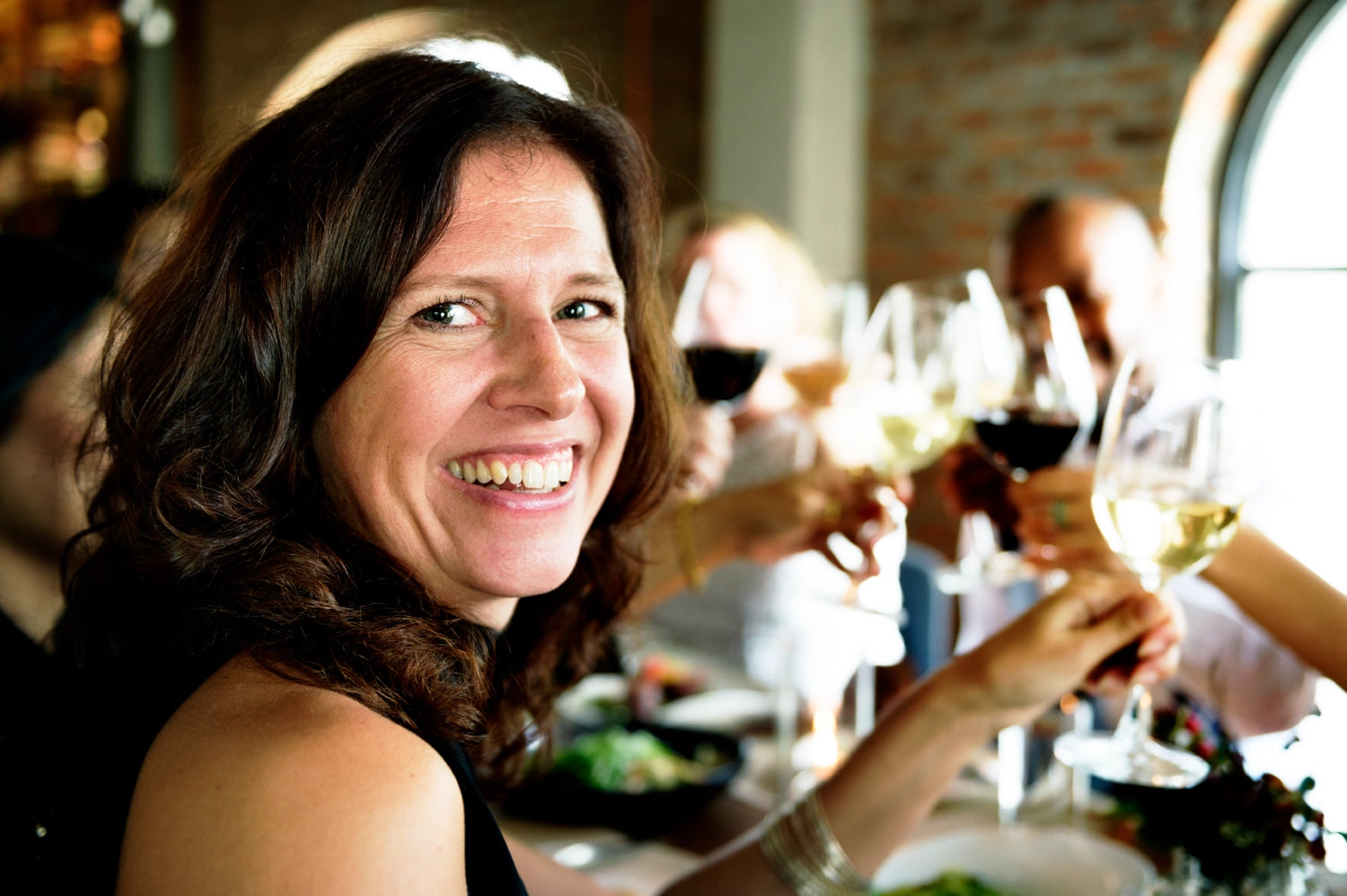
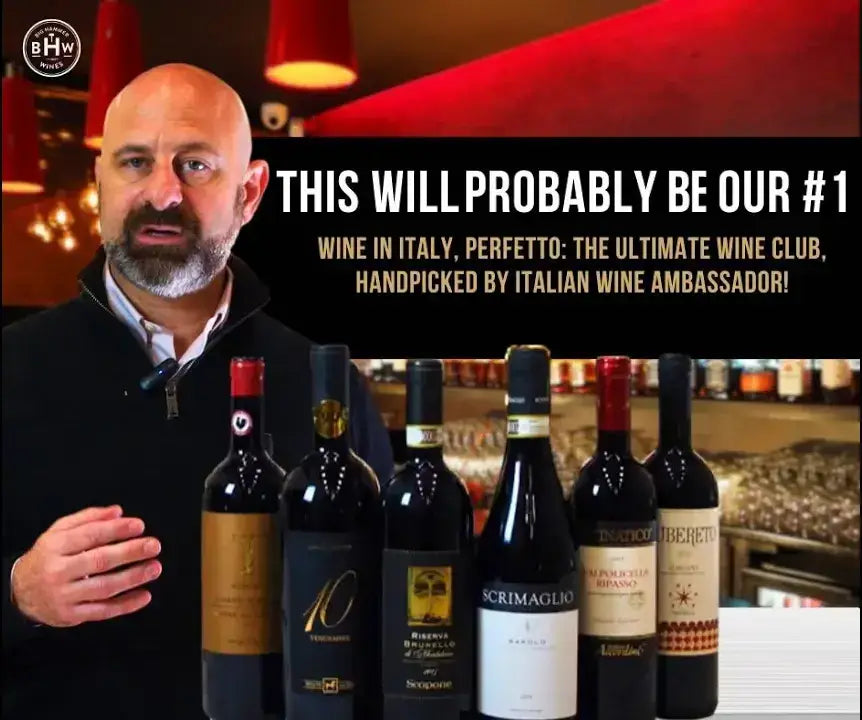
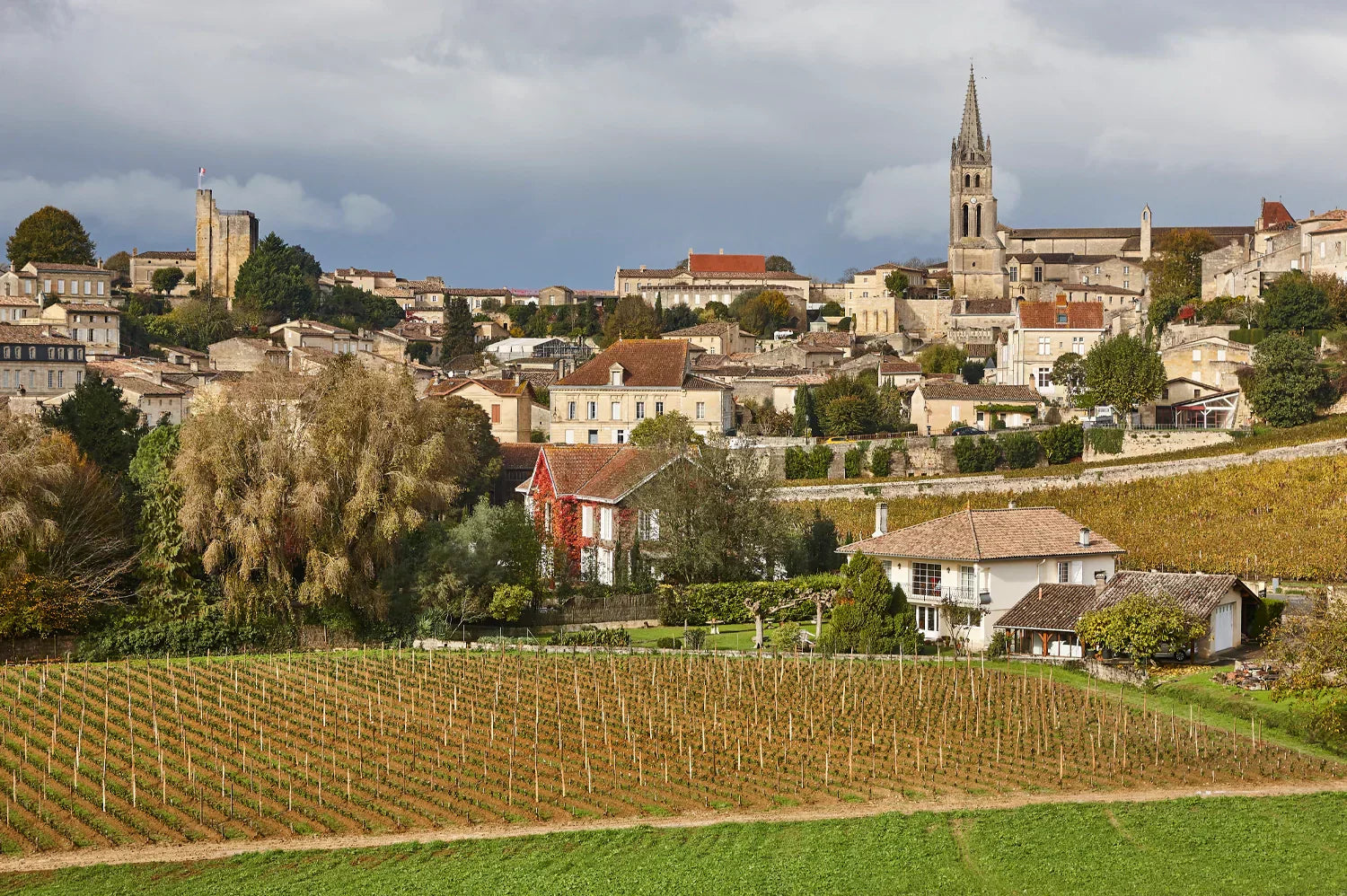
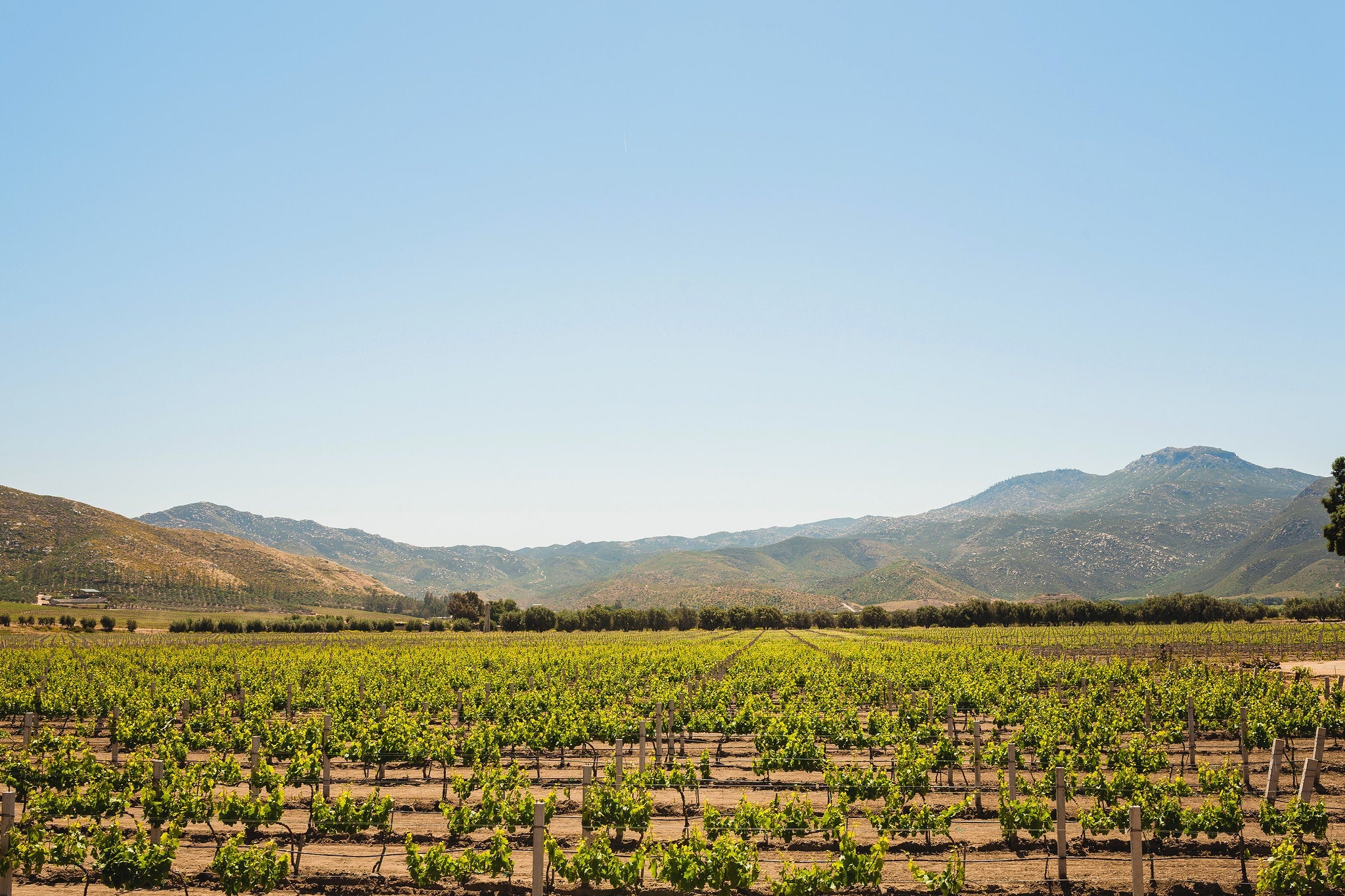
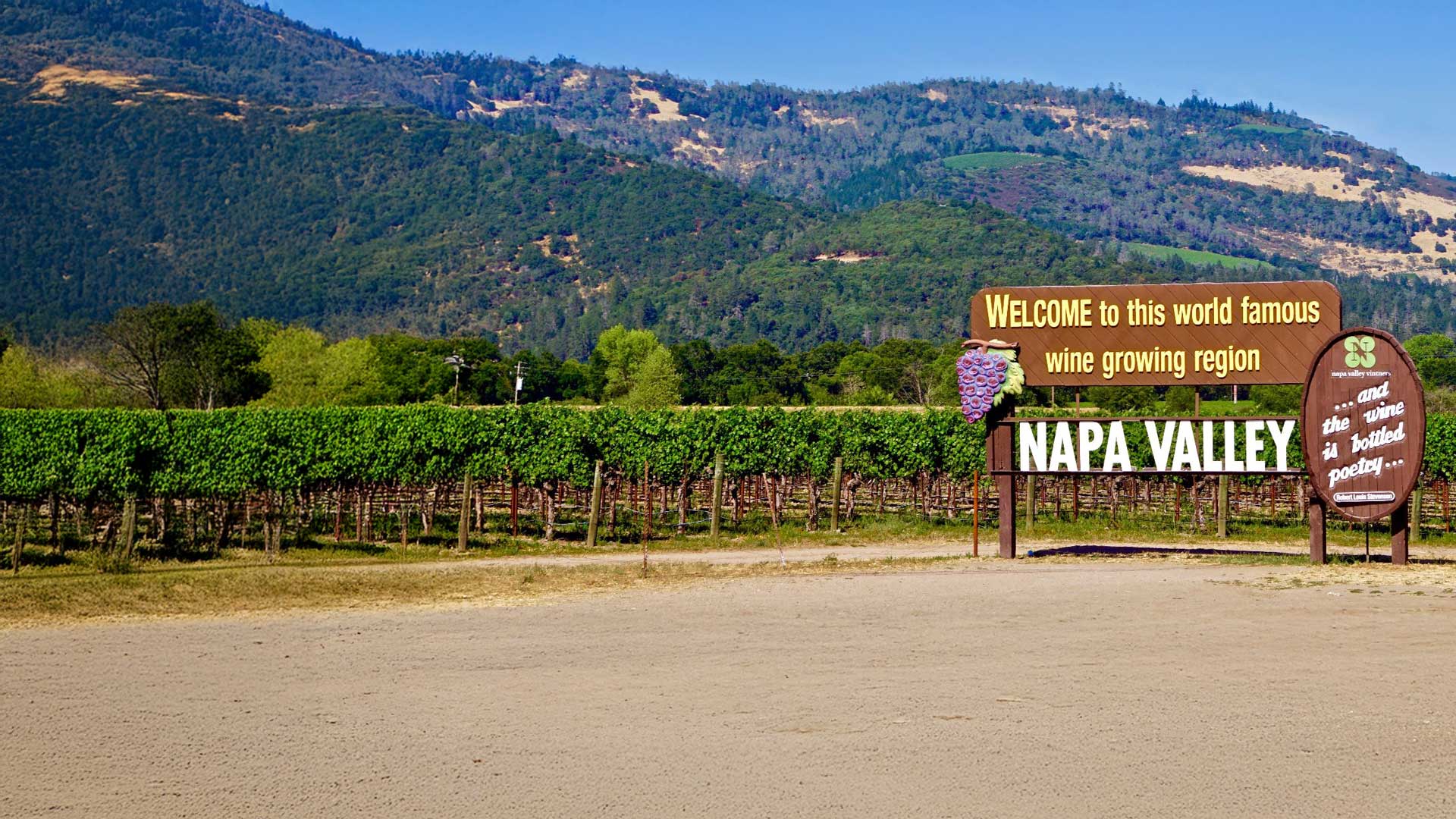
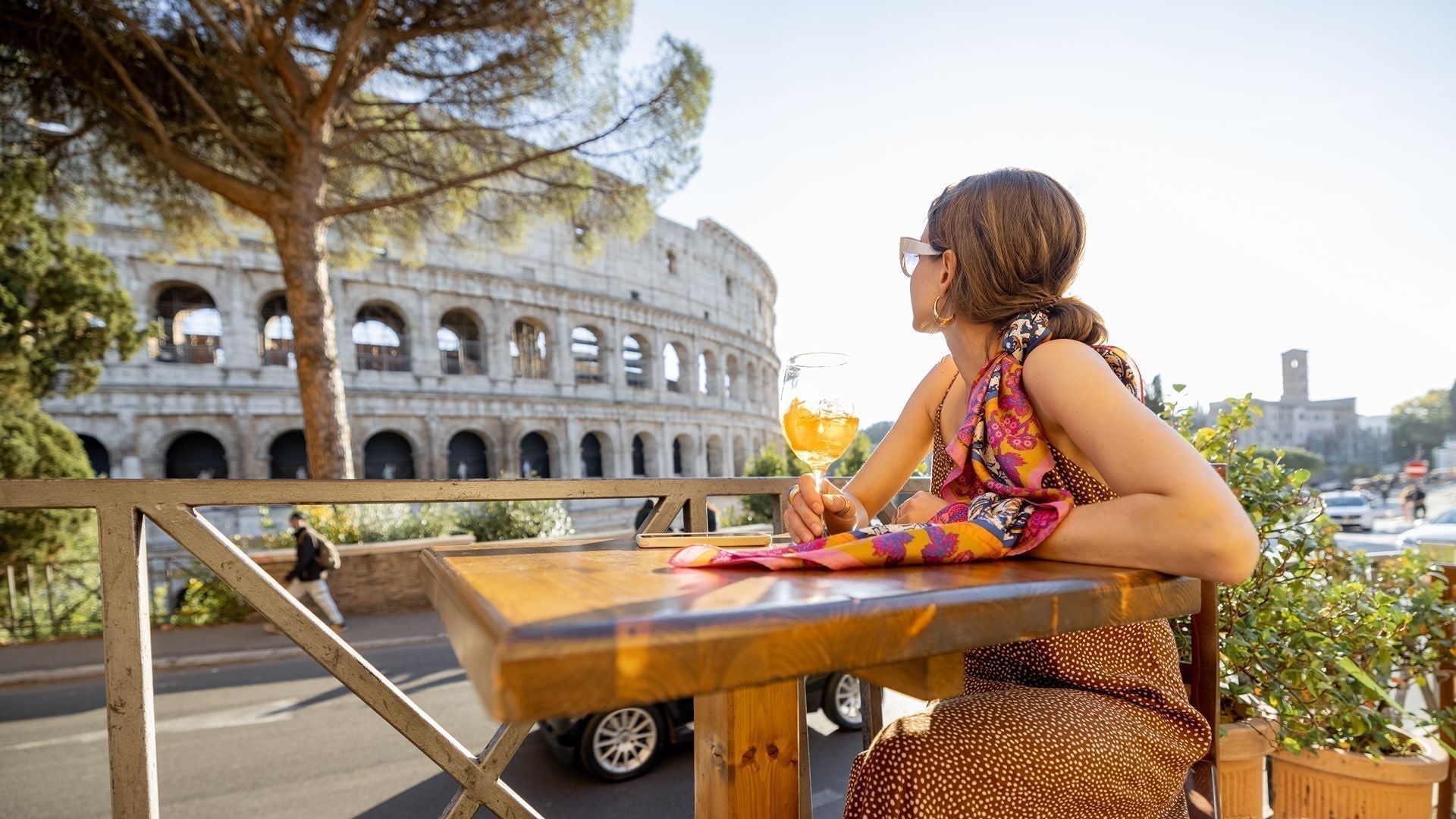
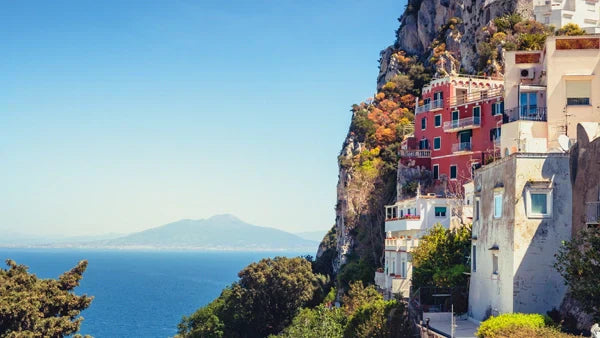
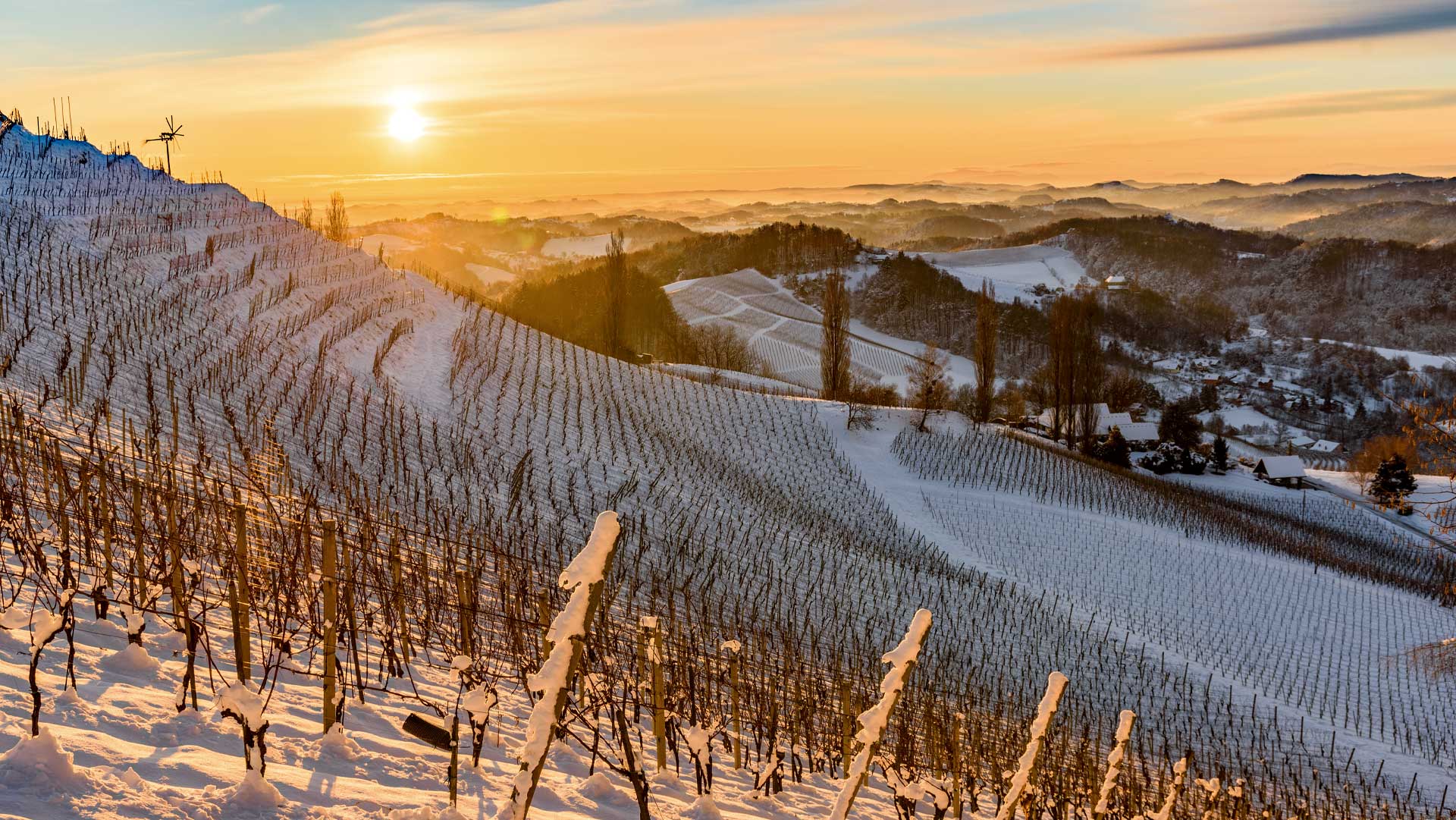
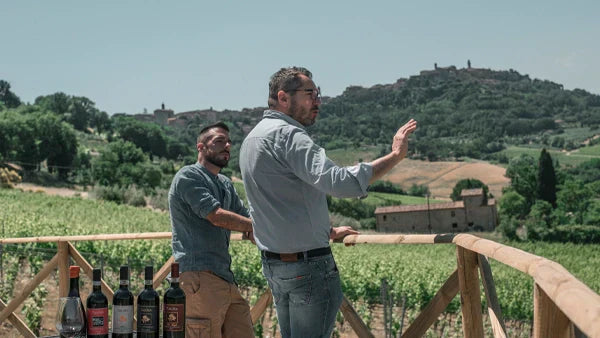

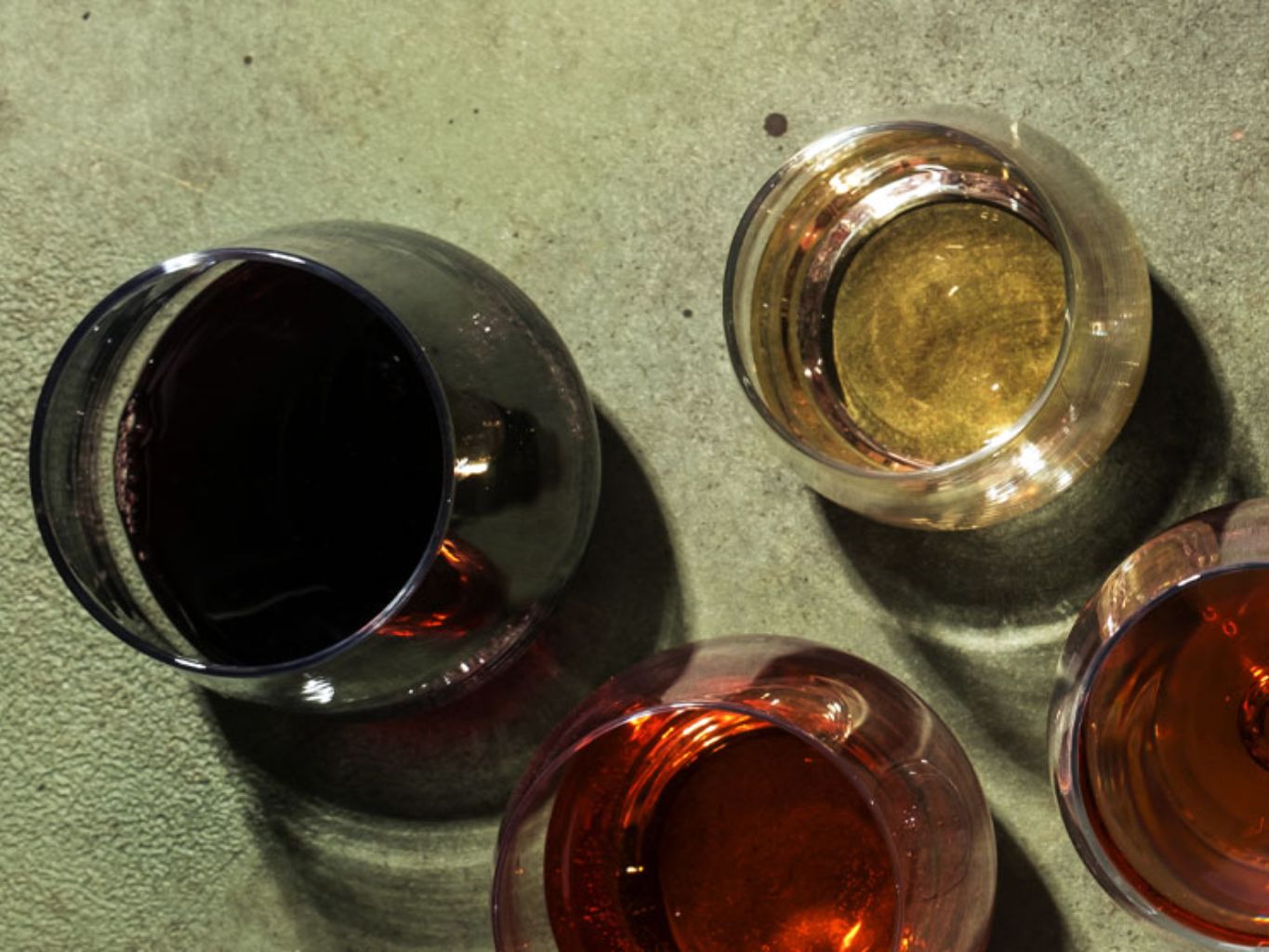
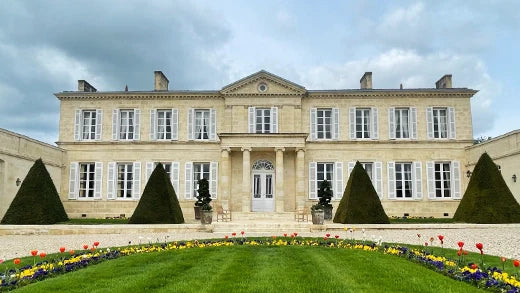
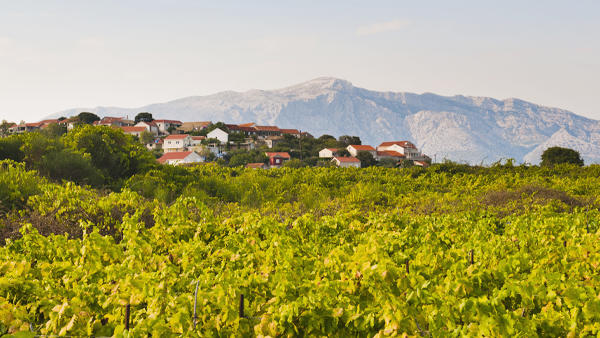
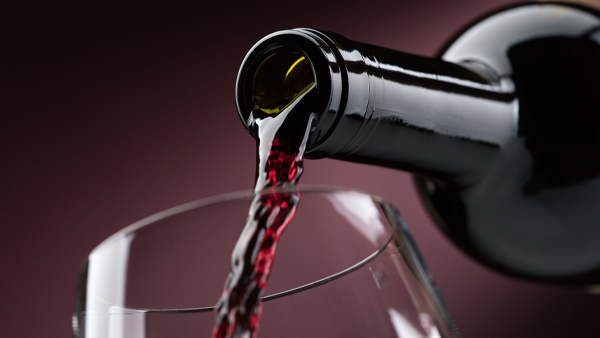
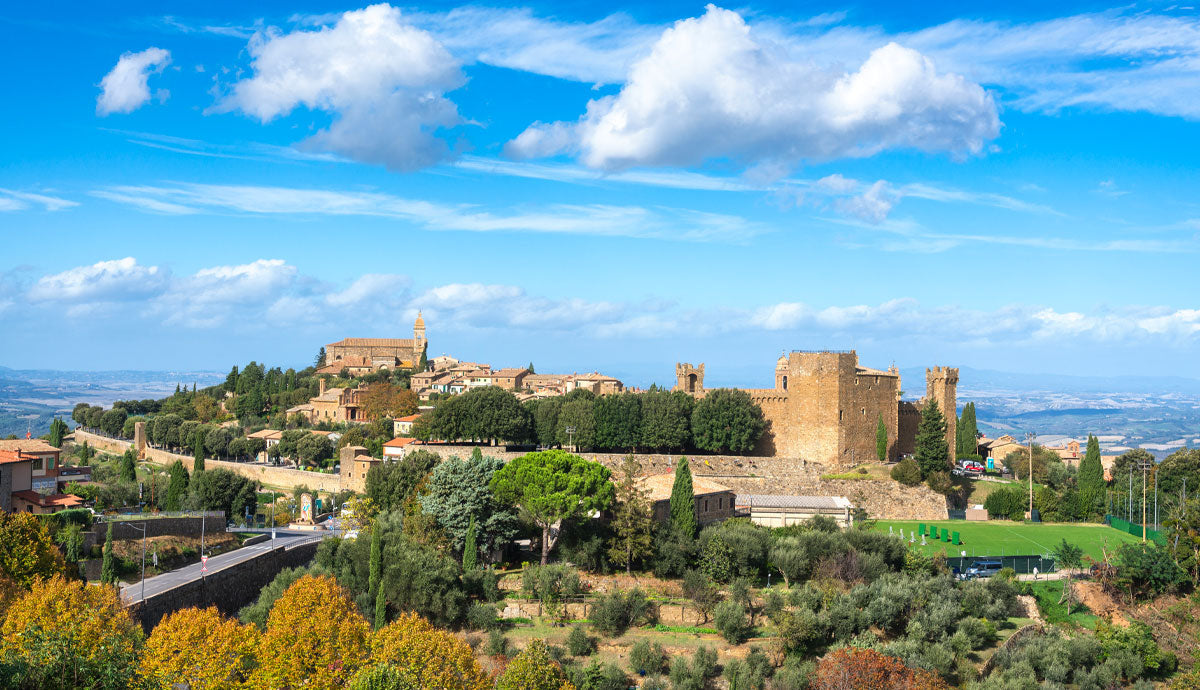
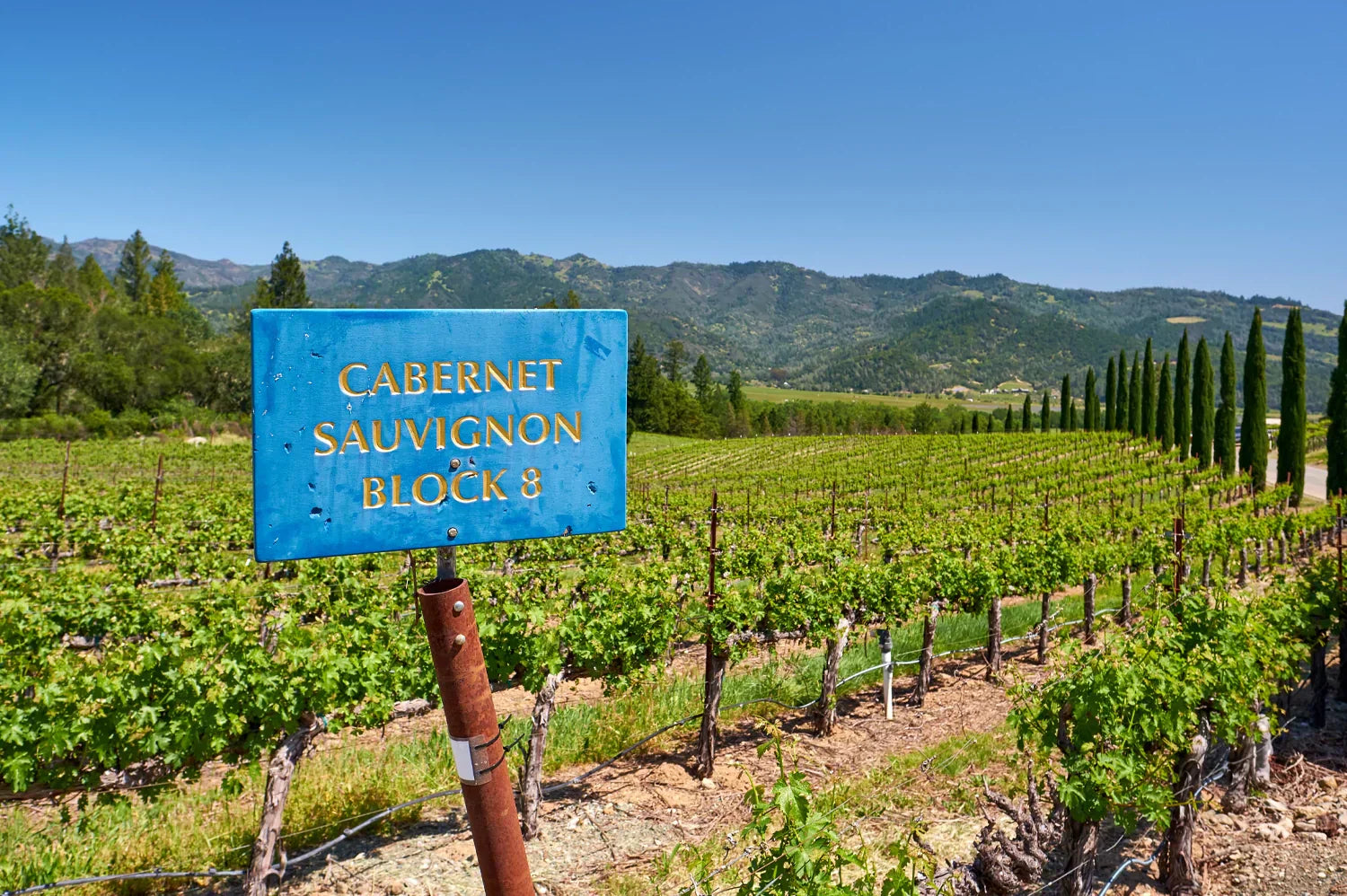
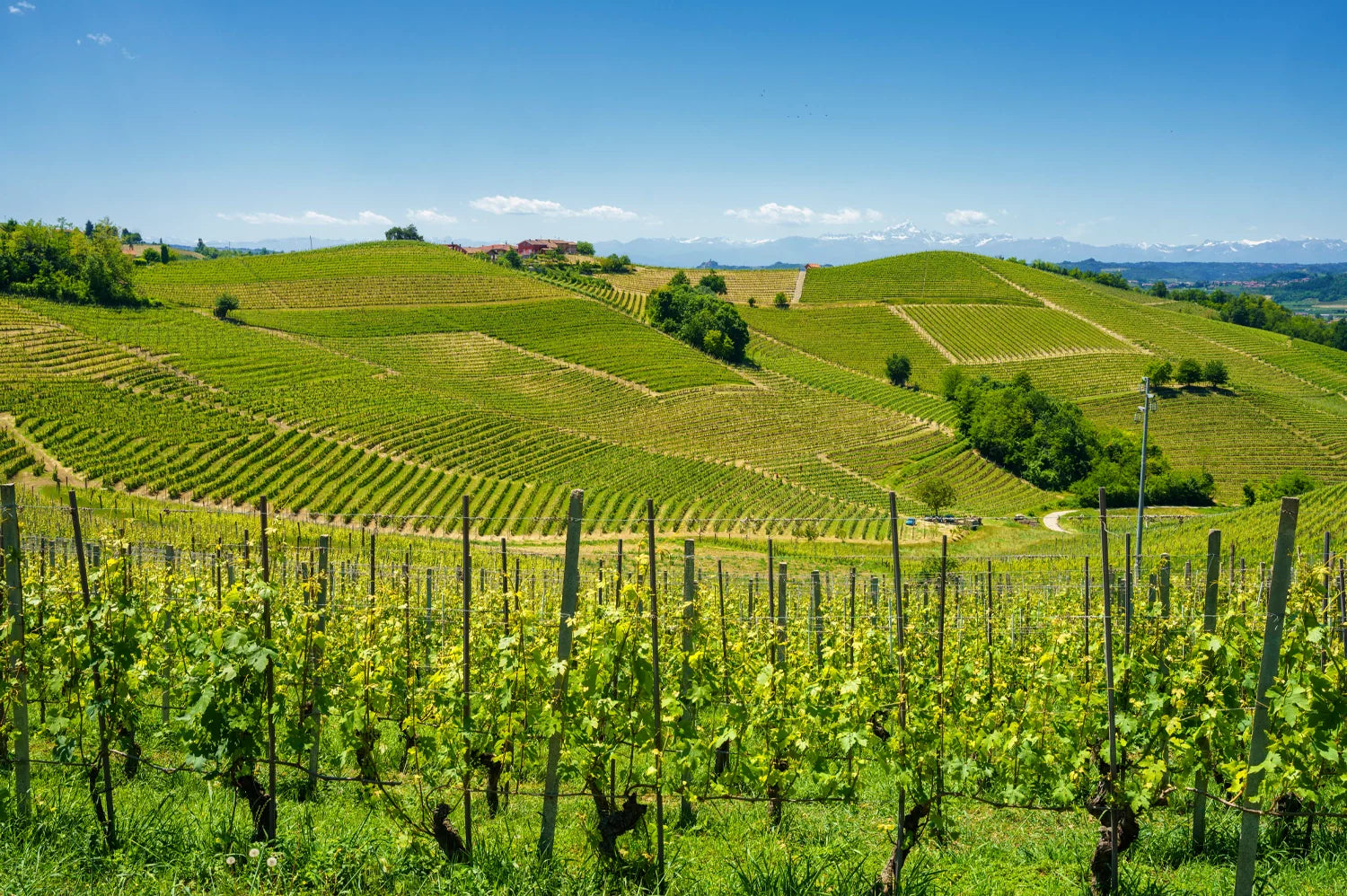
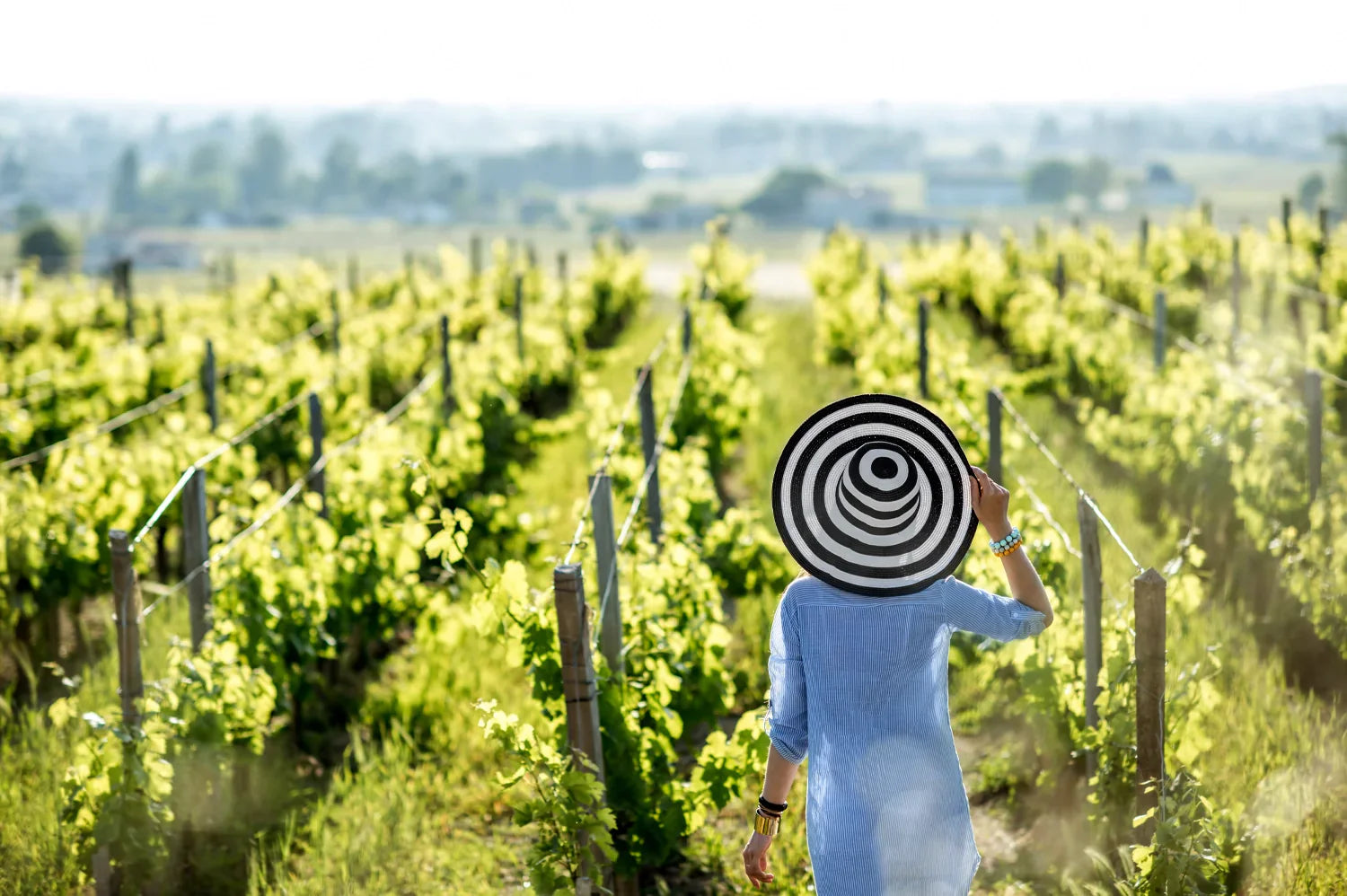
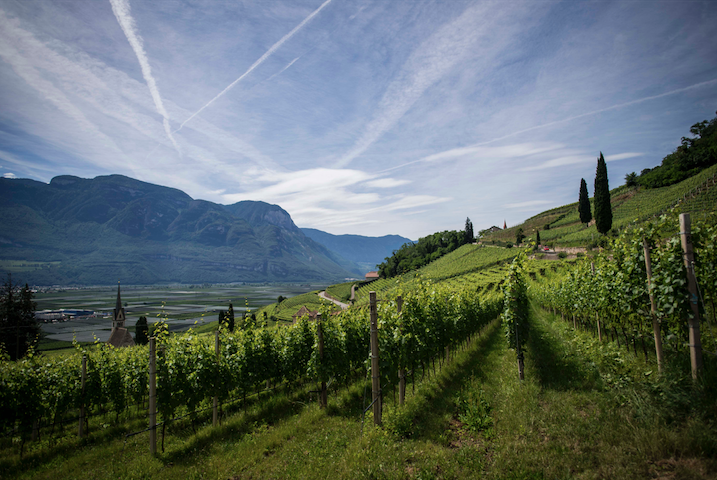
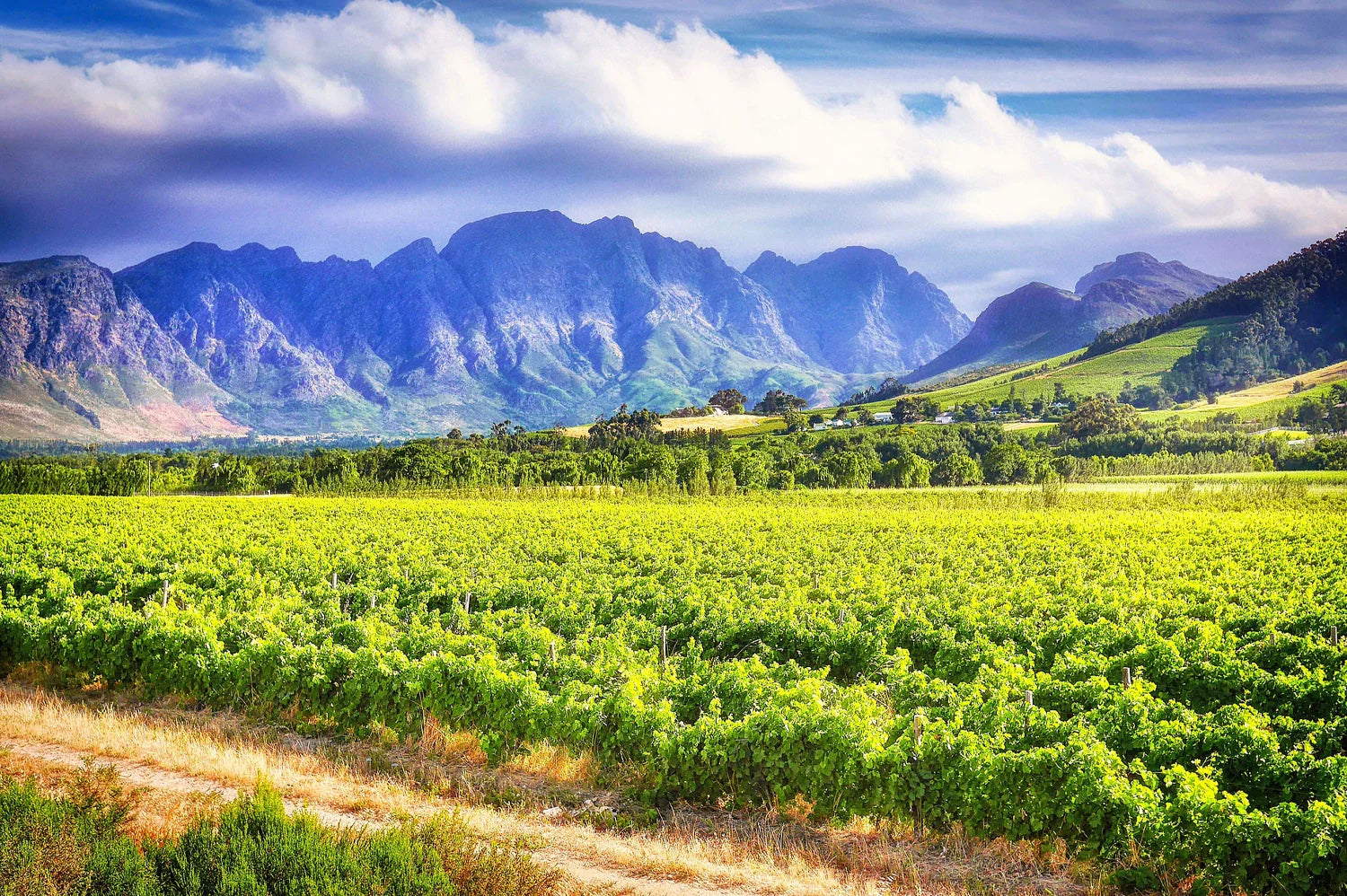
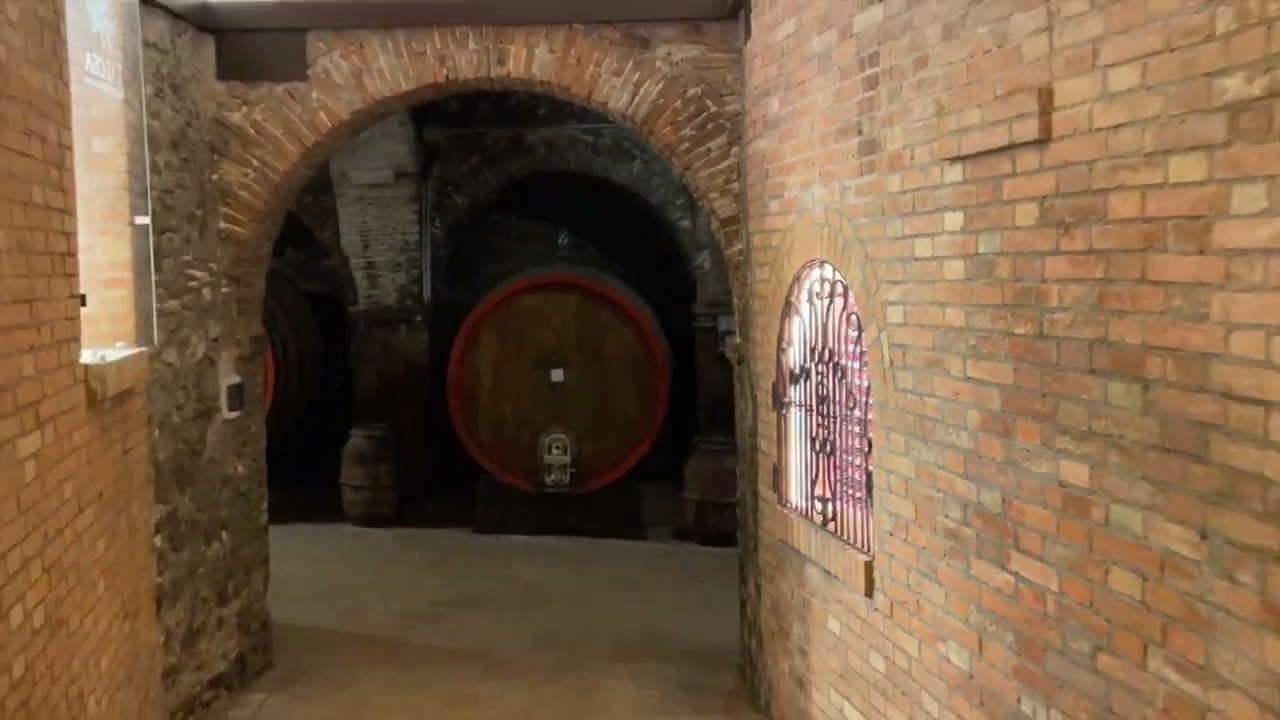
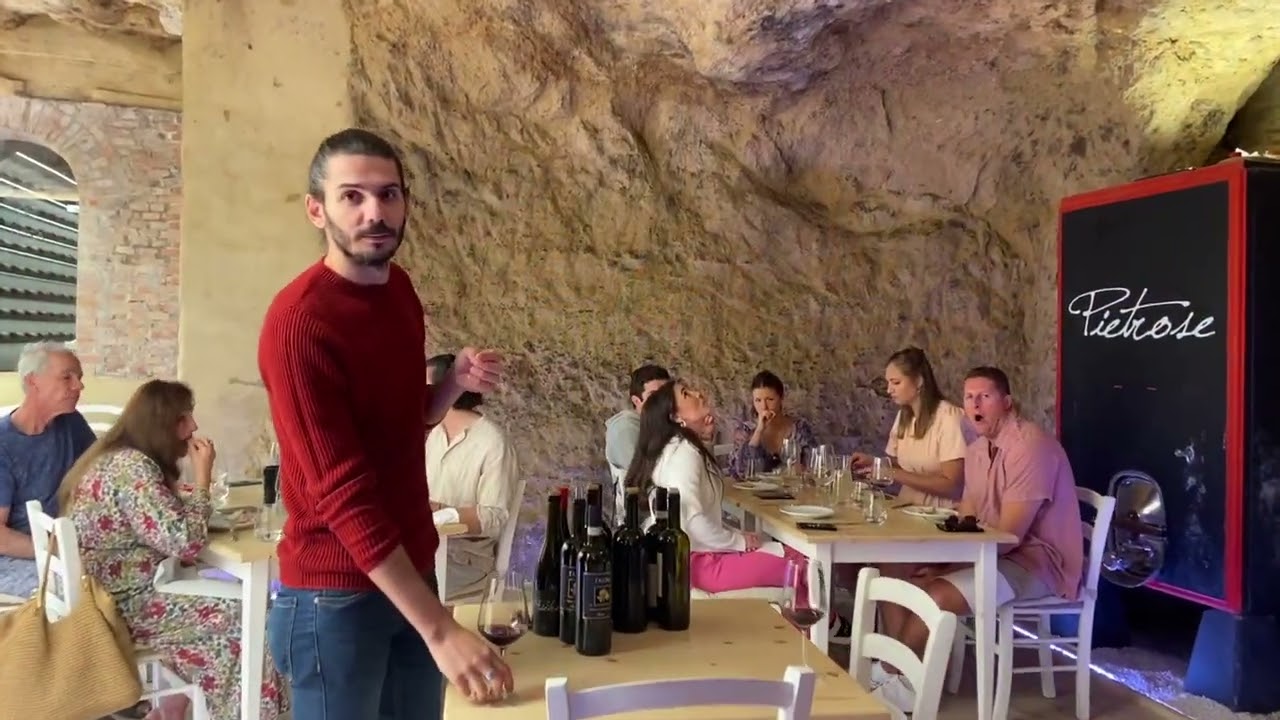
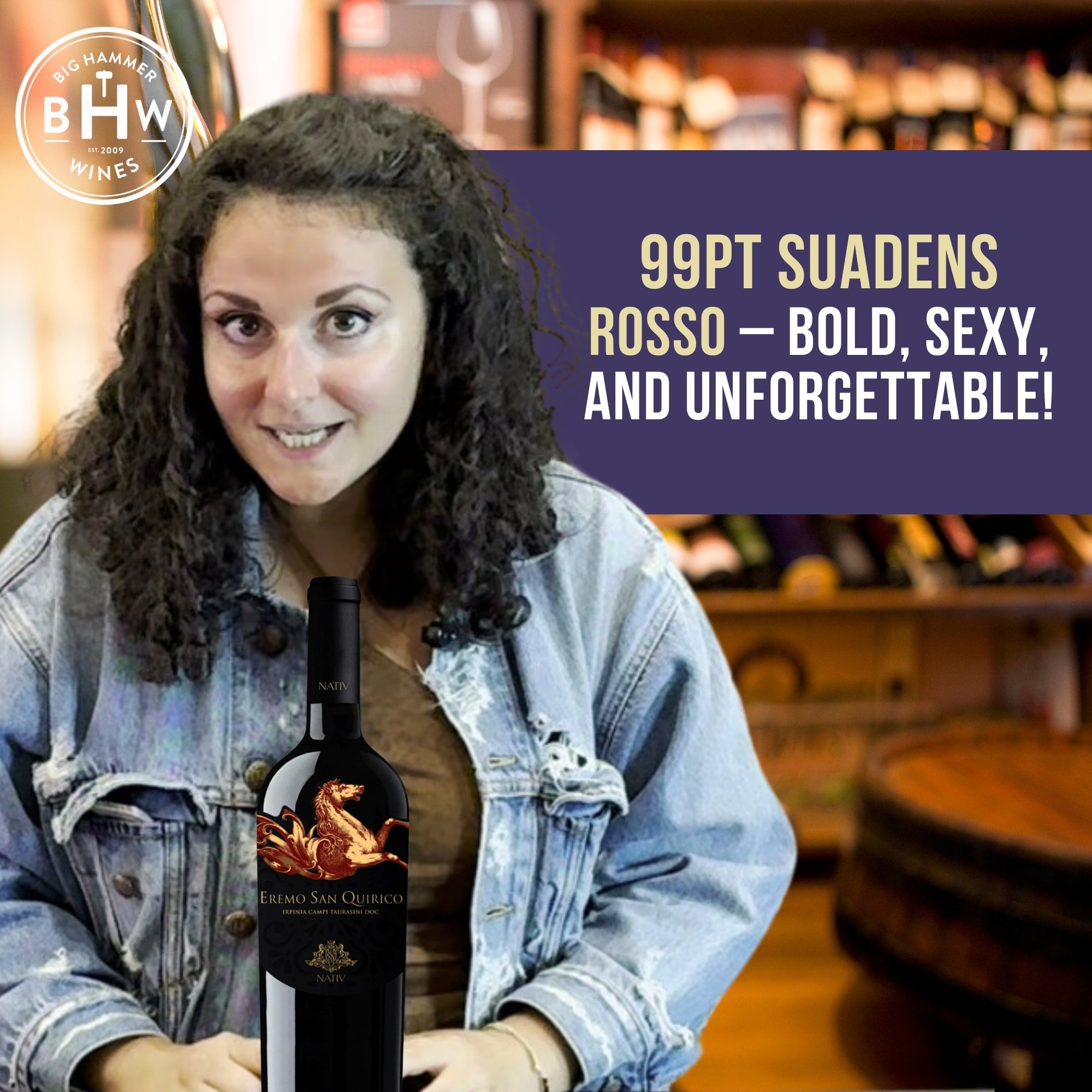
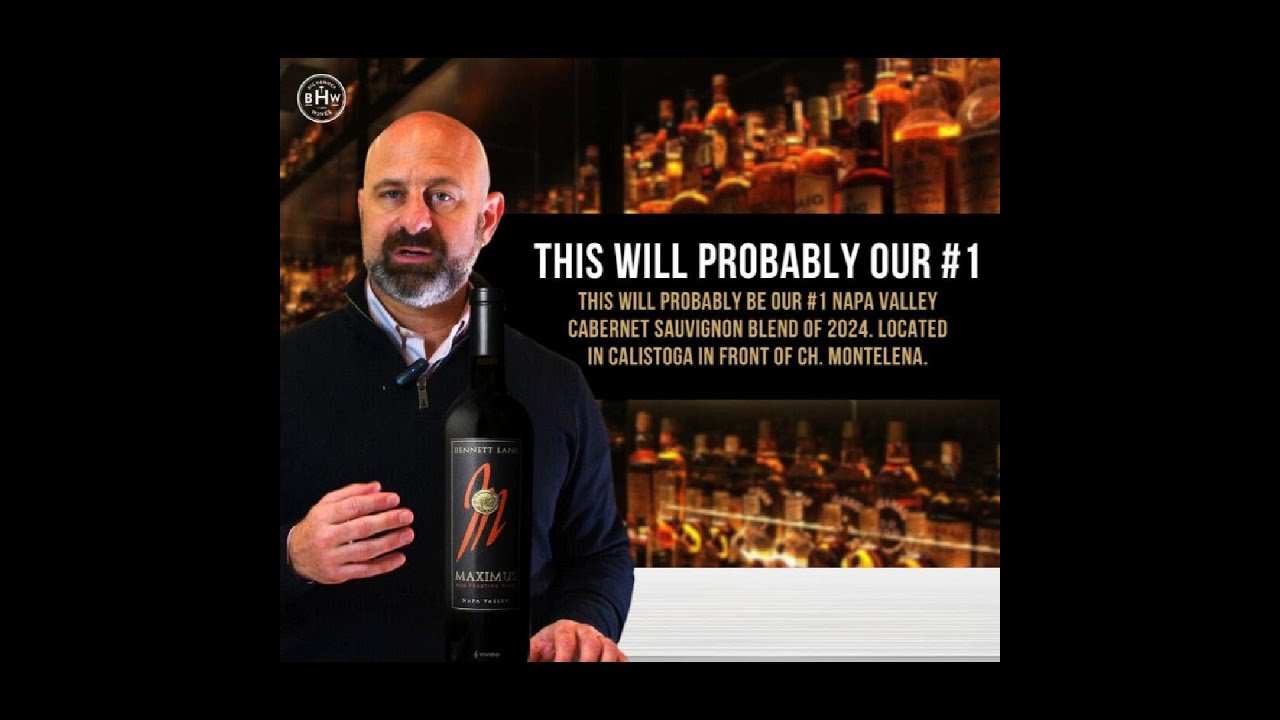
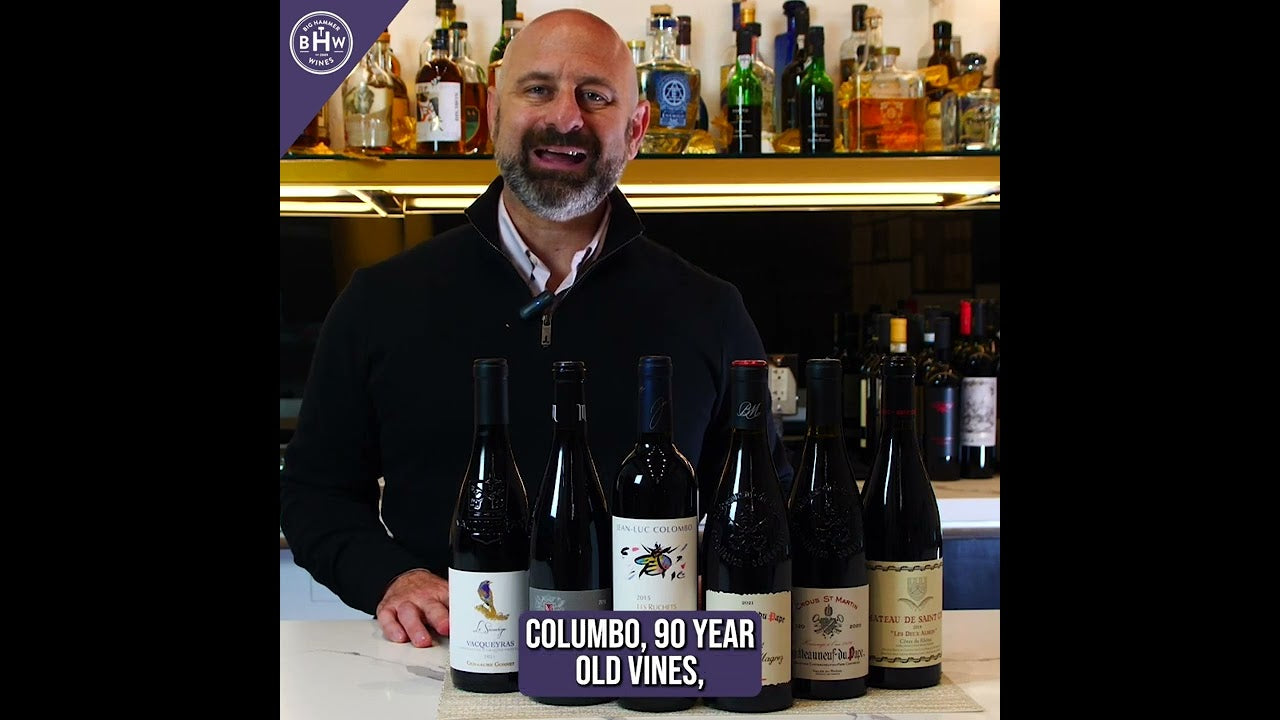
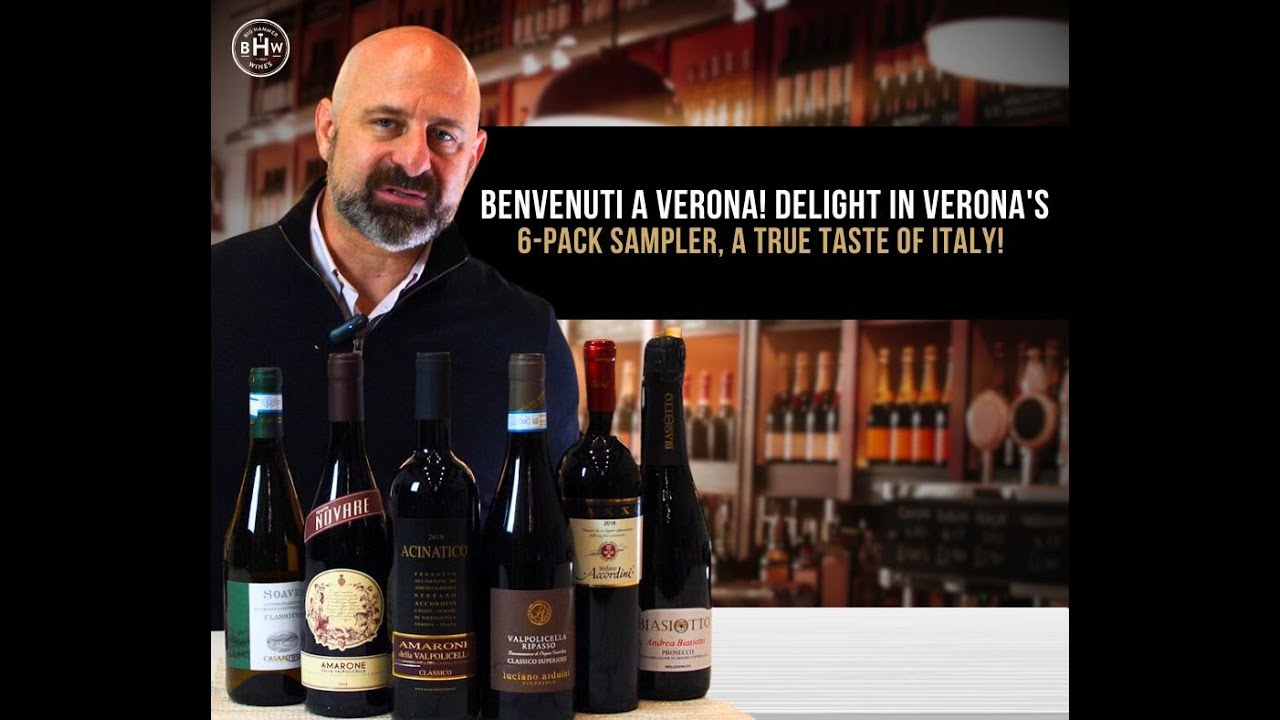
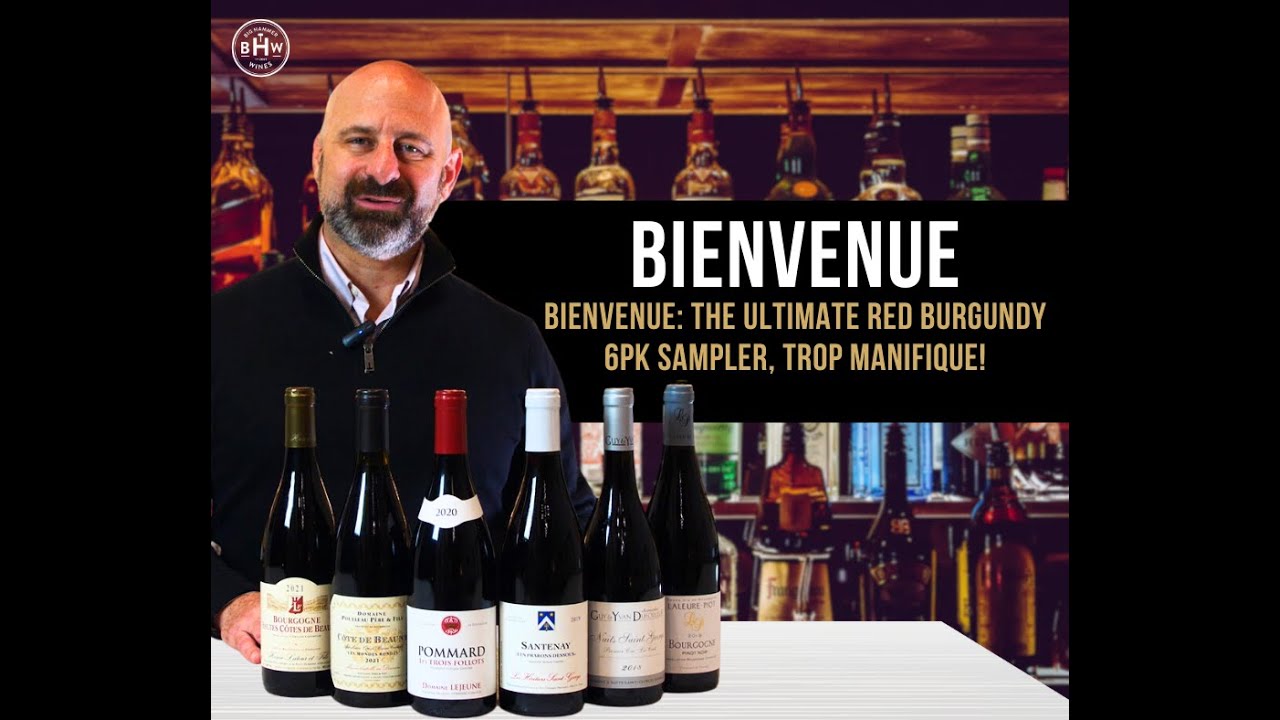
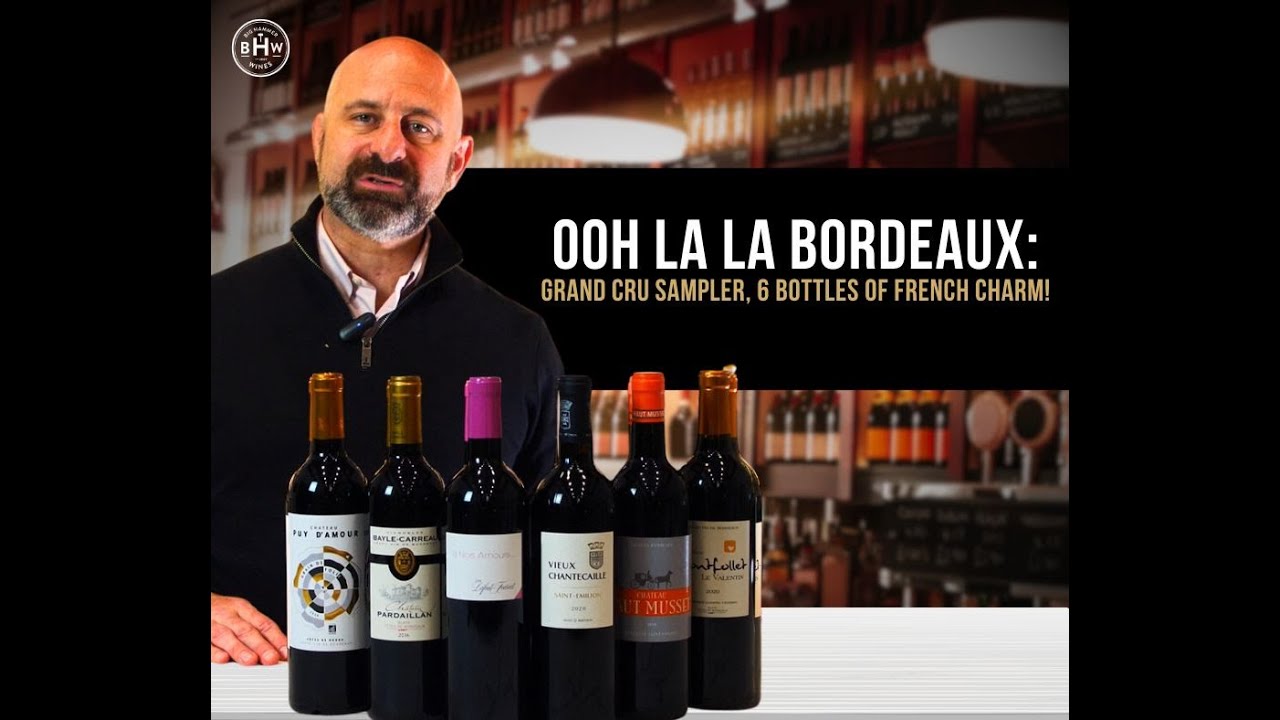
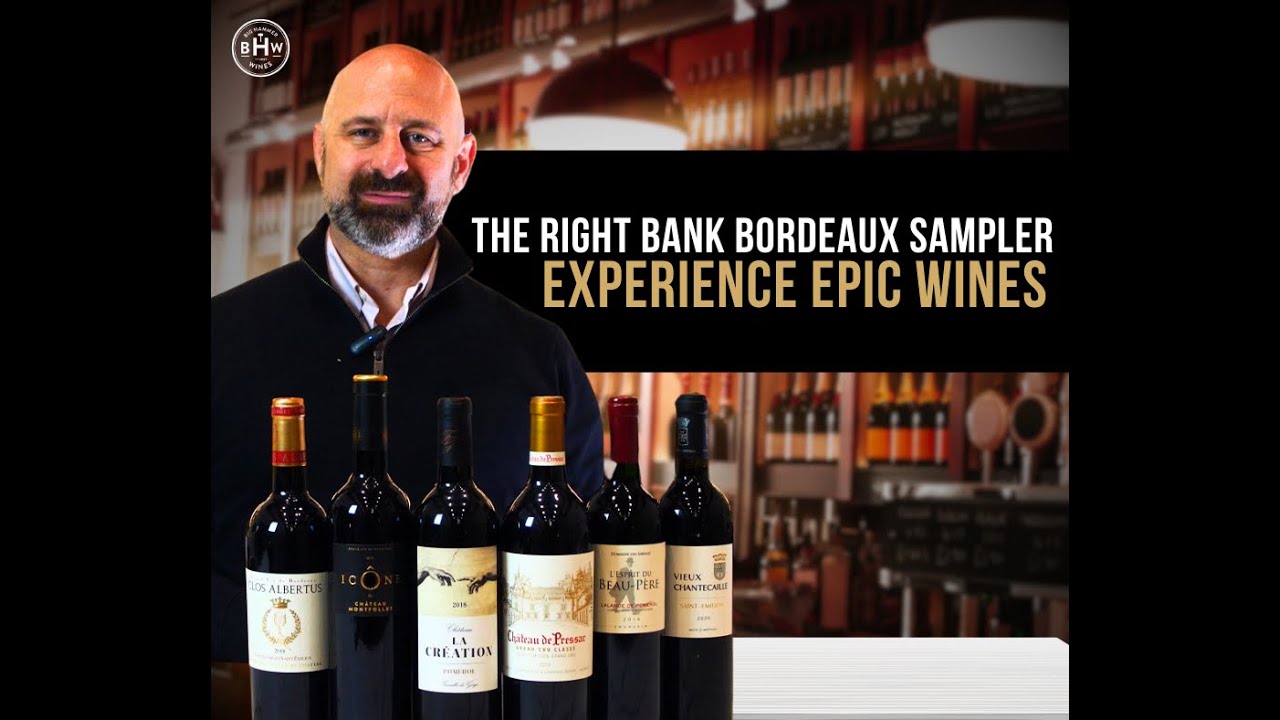
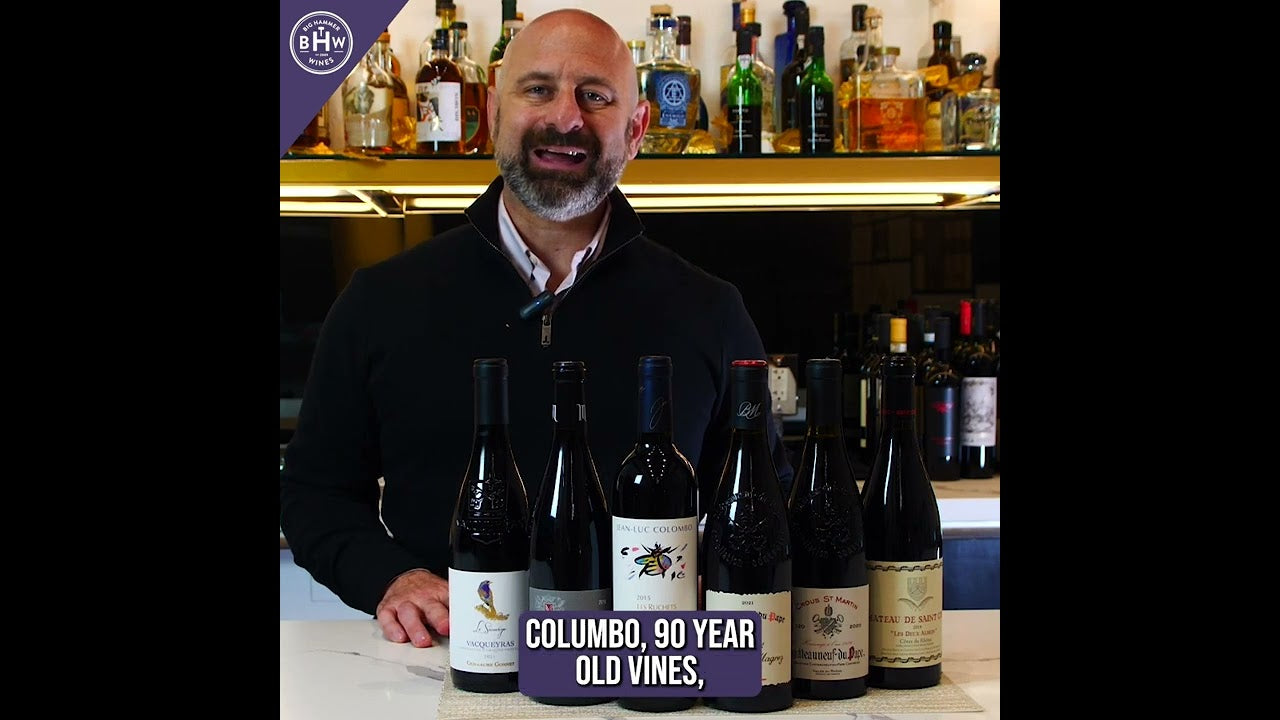
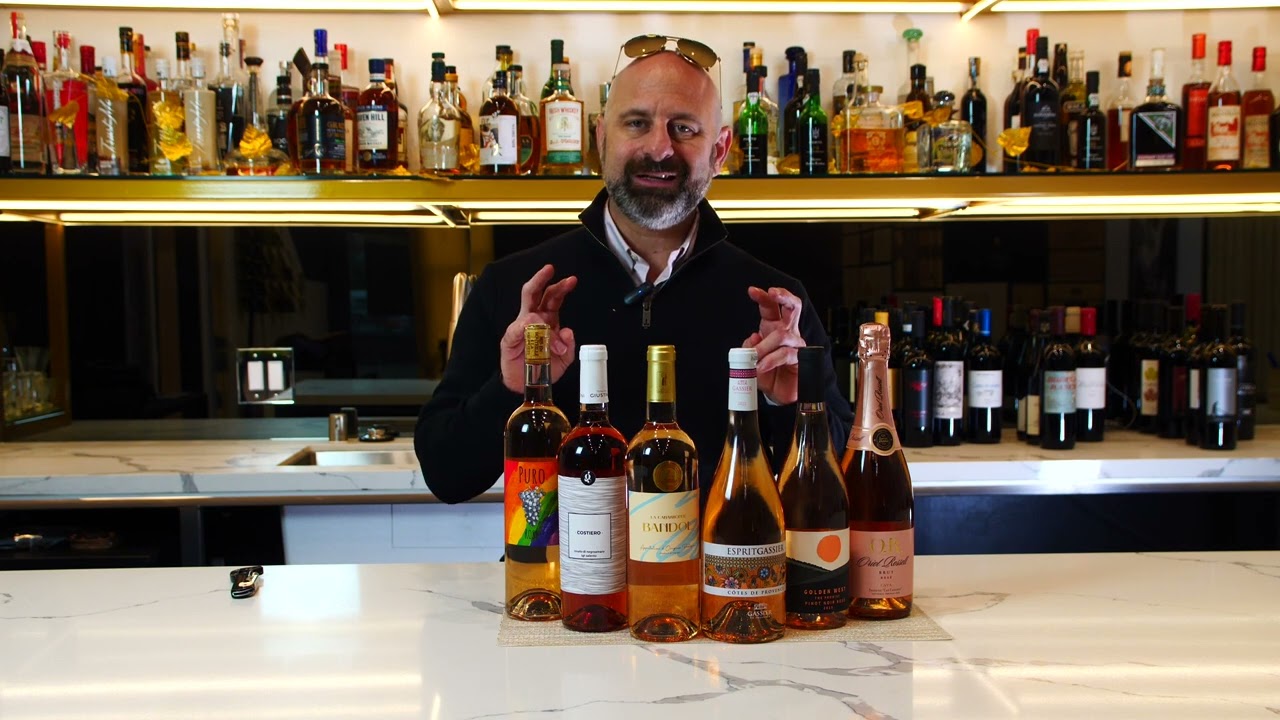
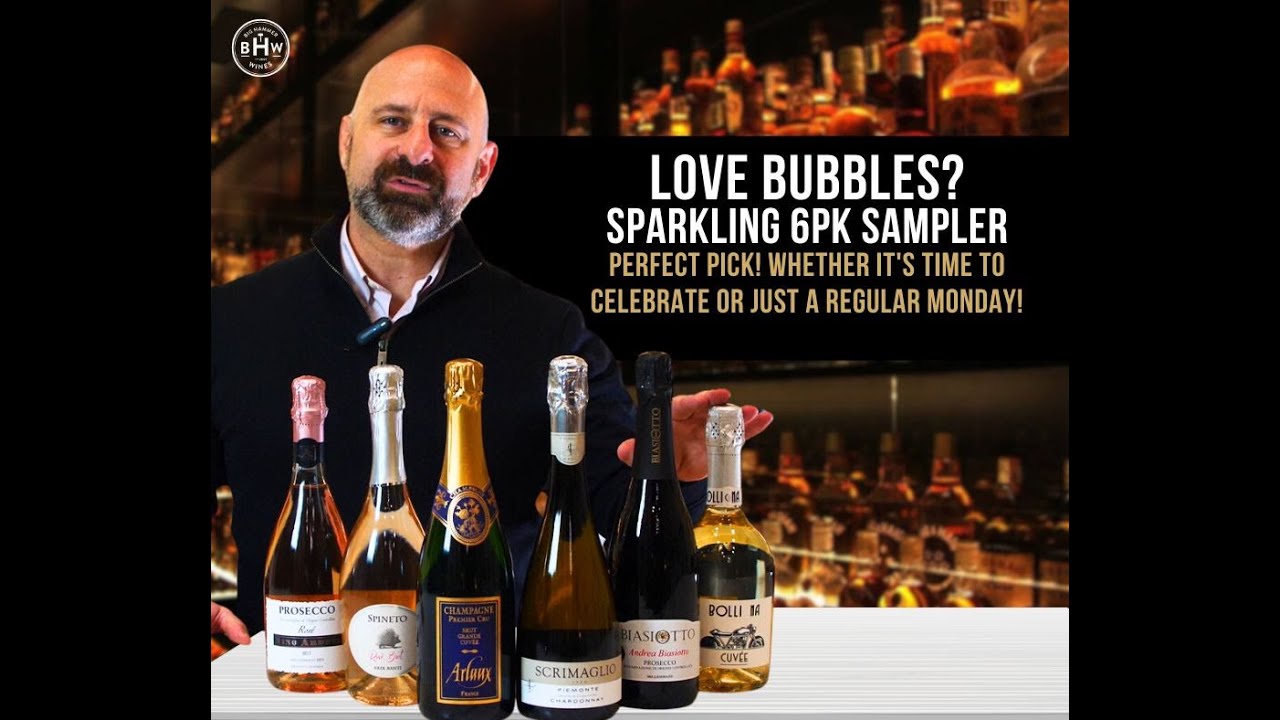
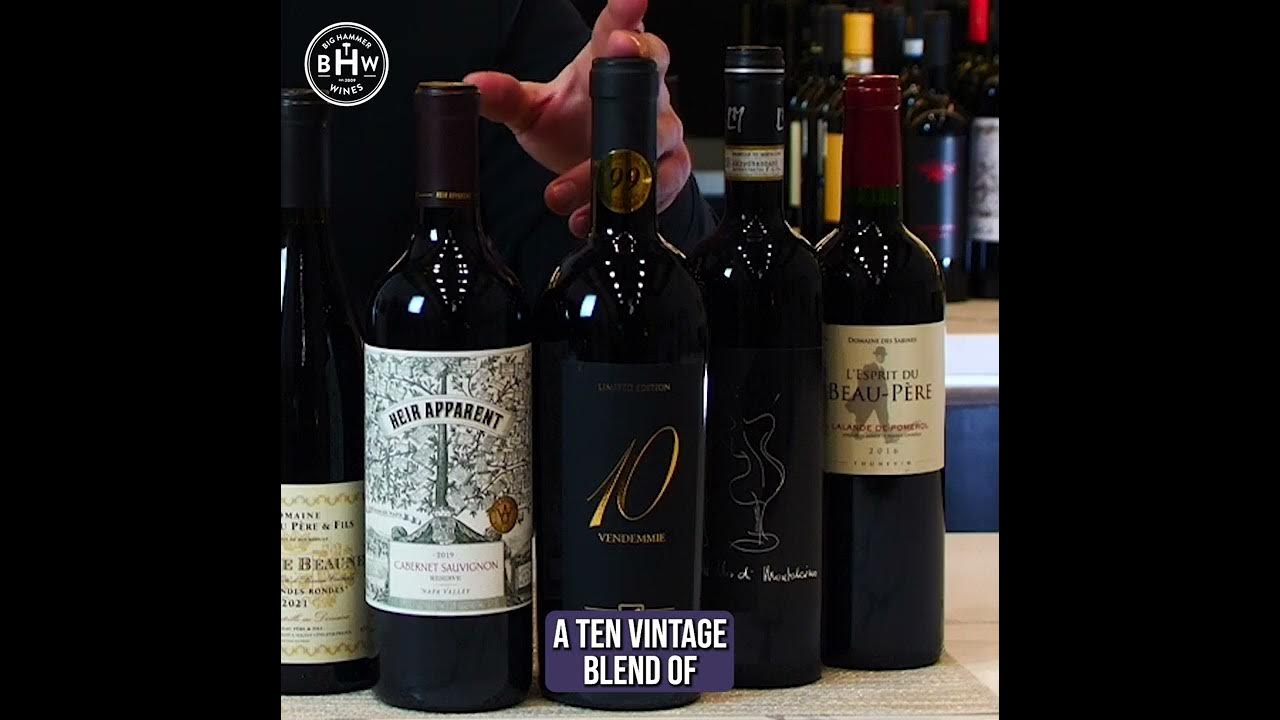
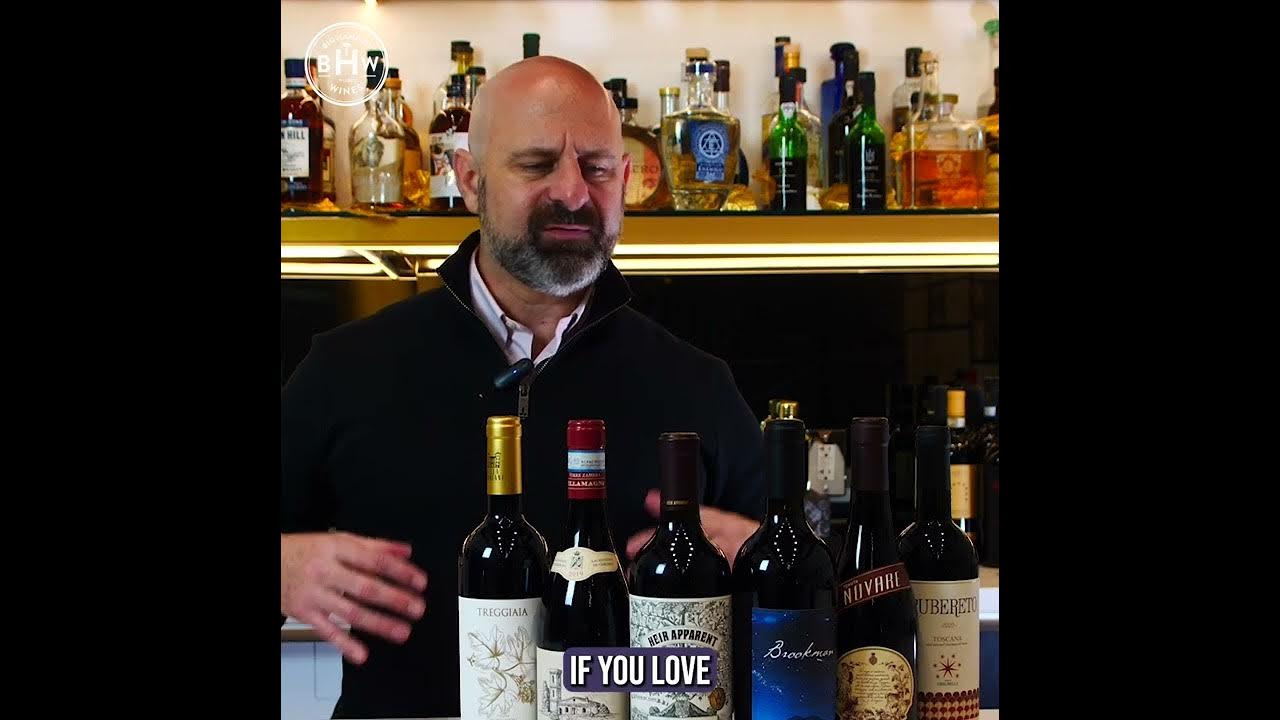
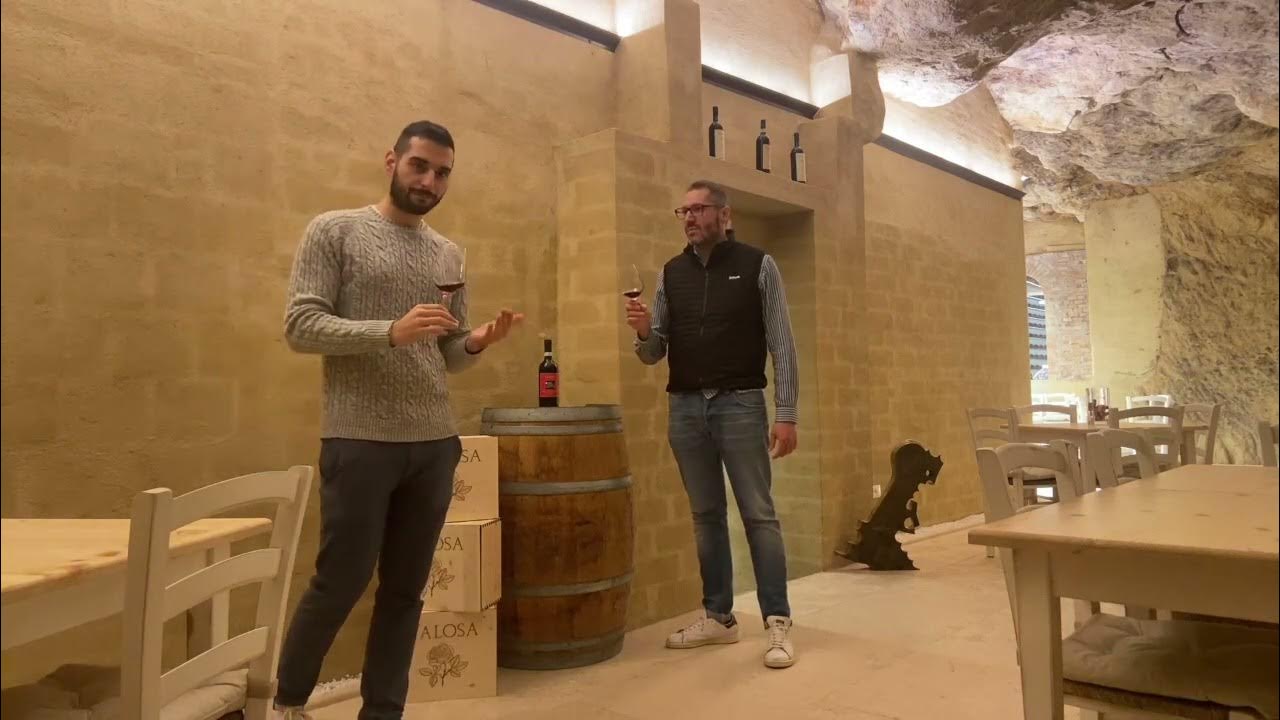
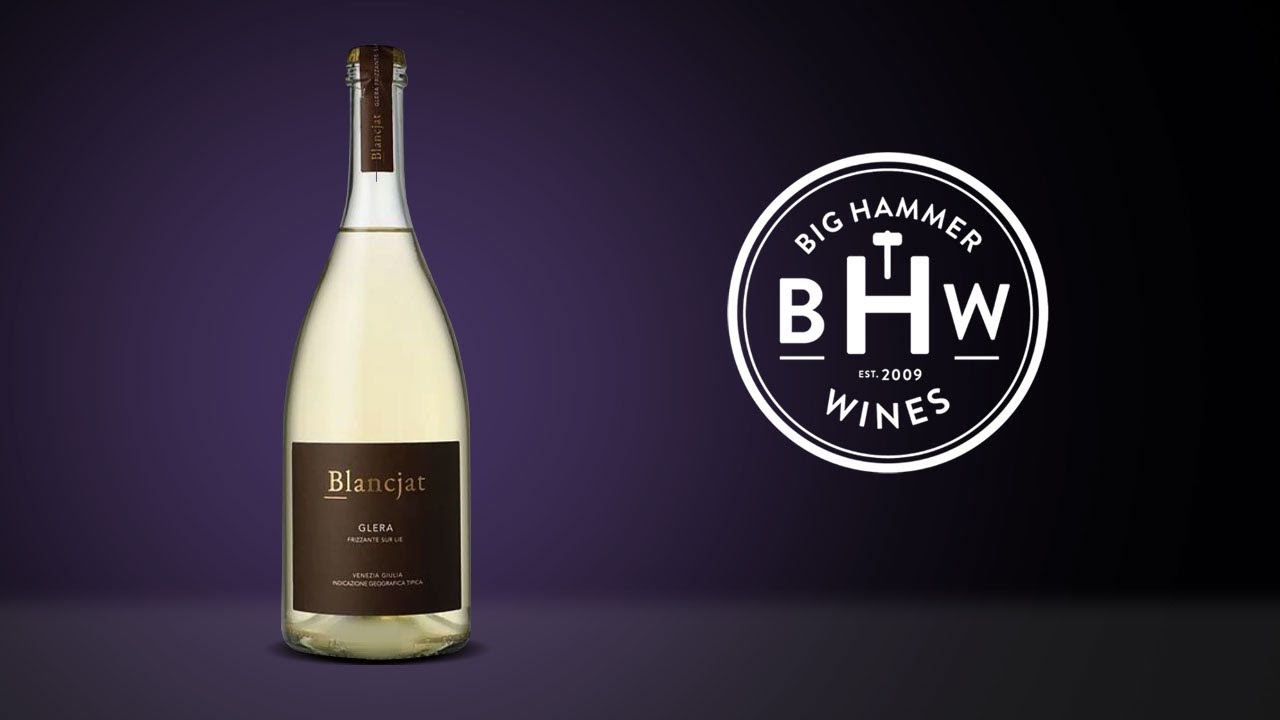
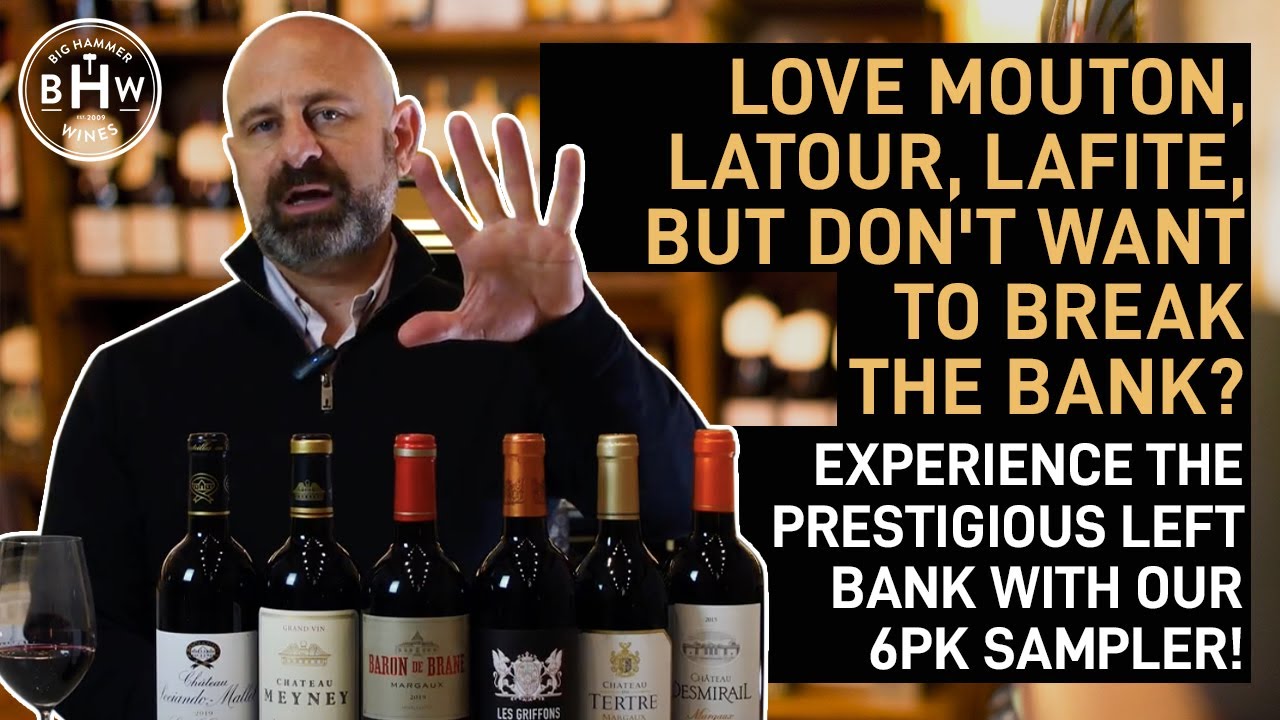
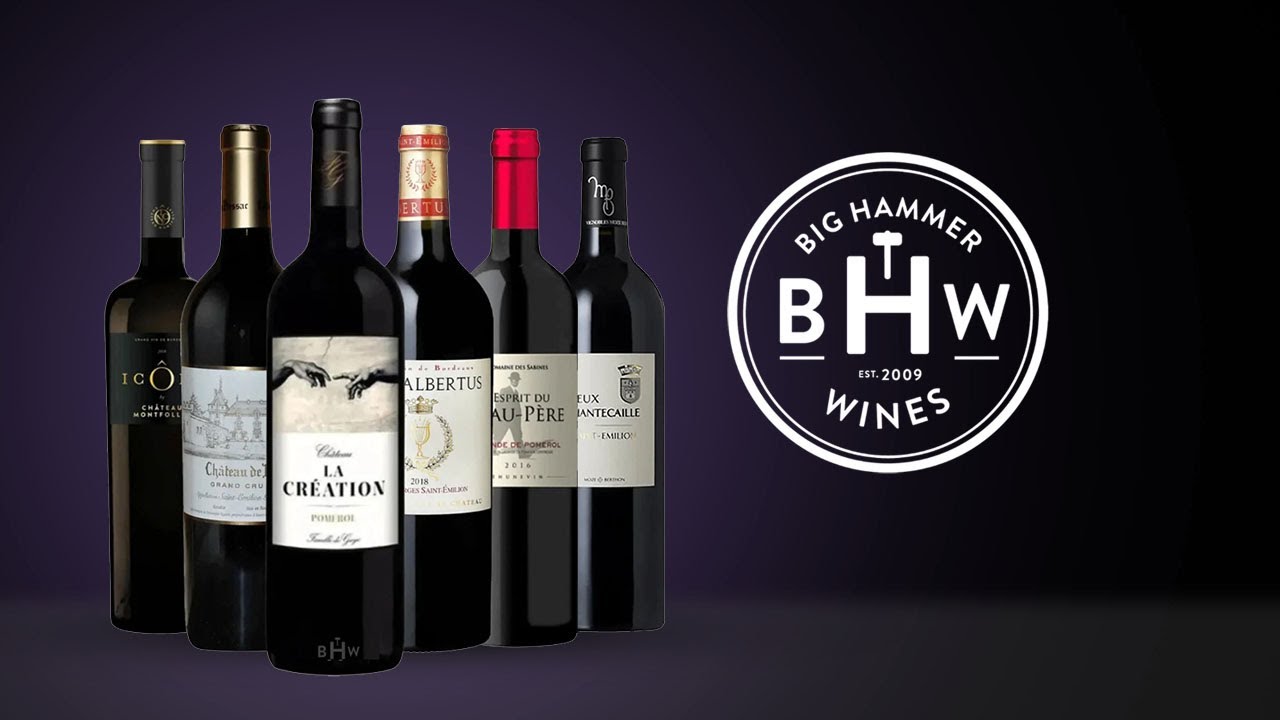
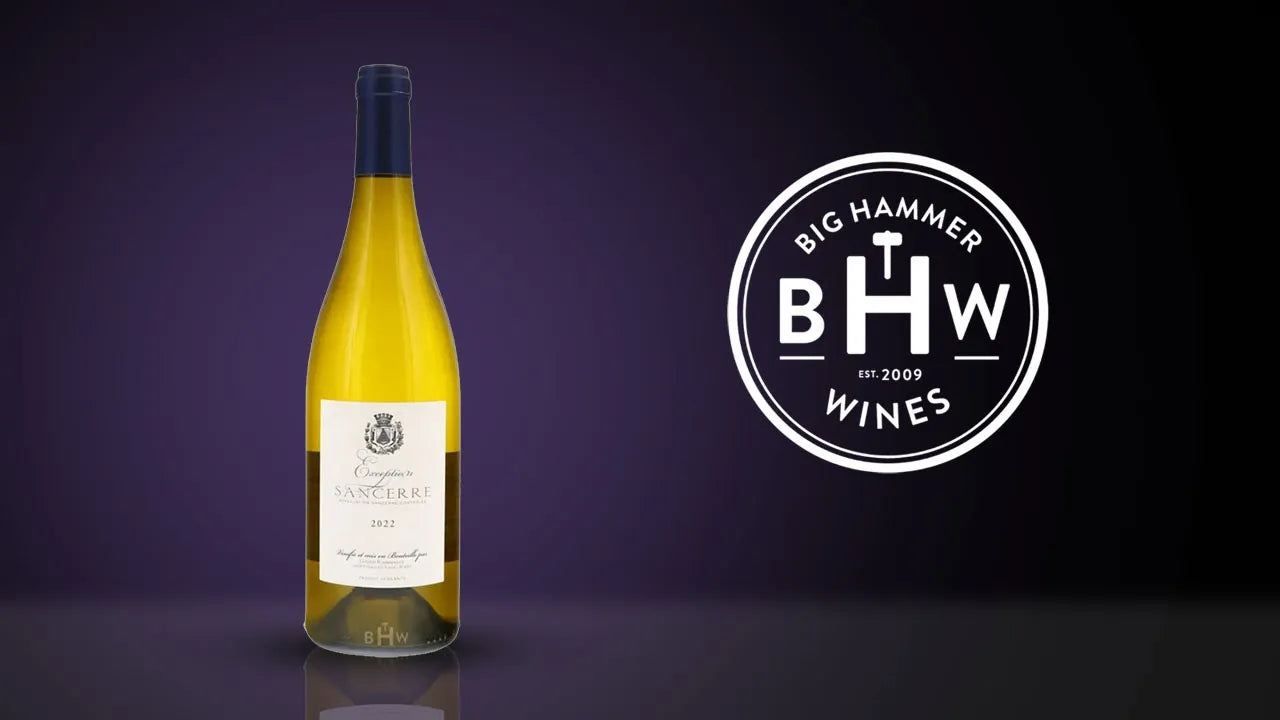
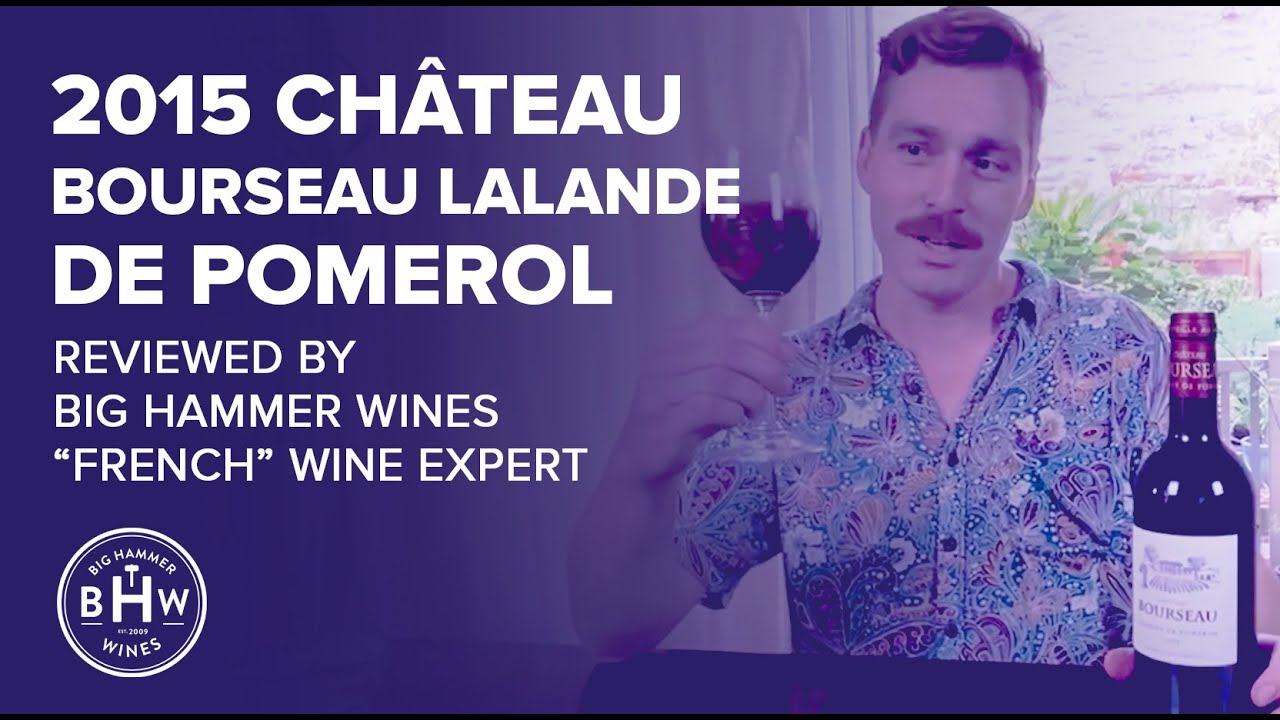
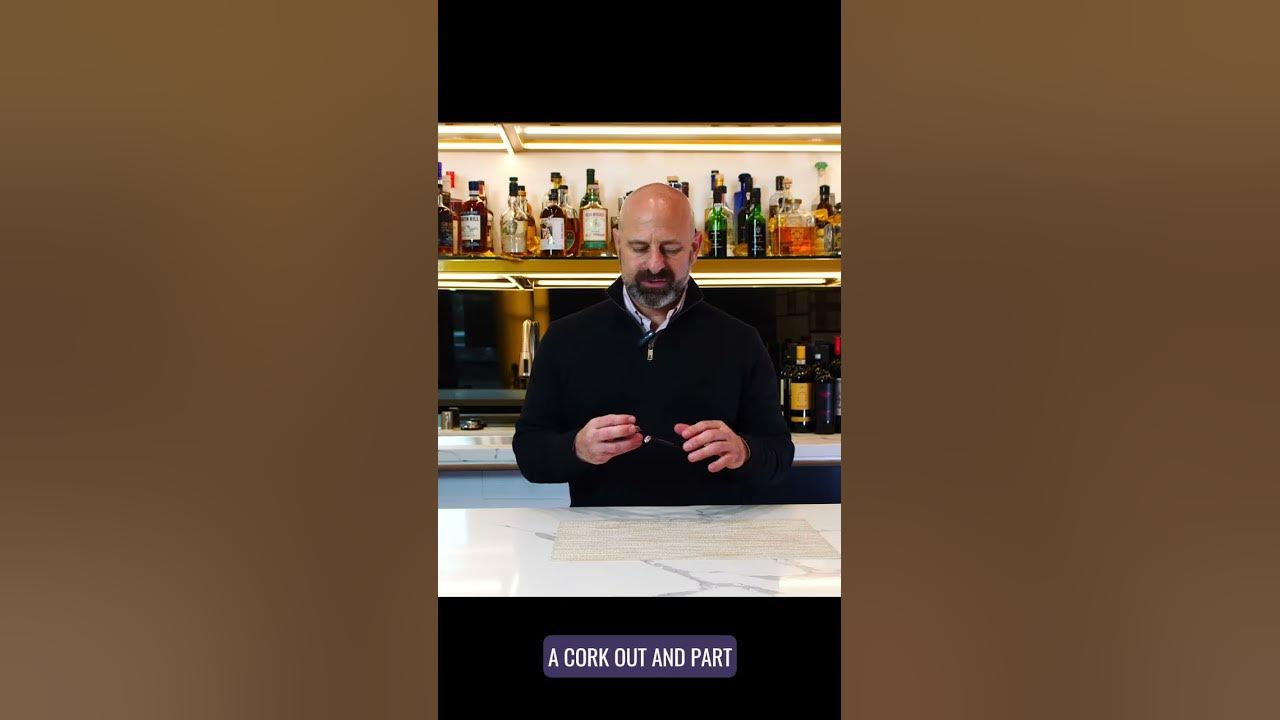
Share:
Donatella: Elevating Italian Women in Wine and Crafting Exceptional Wine
Quarantine Reading: Spring Releases 2020 from Napa Valley, Bordeaux, and Italy
Comments Section